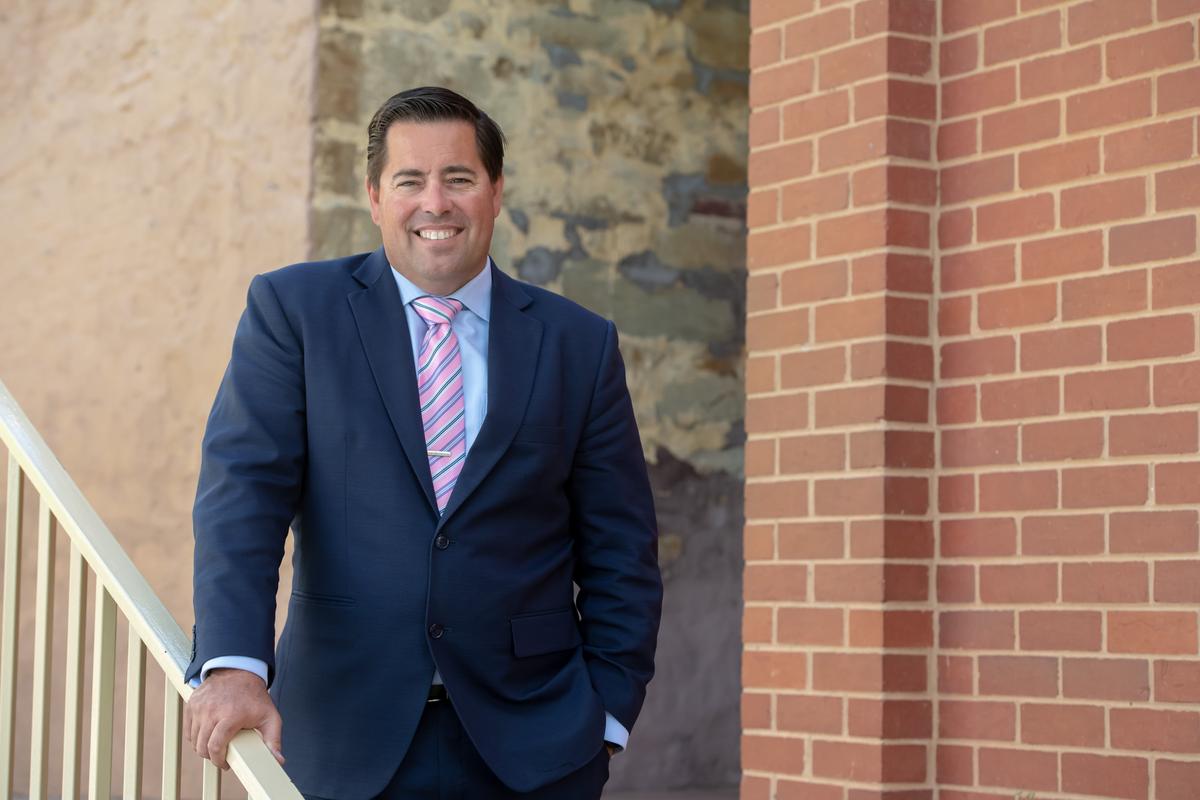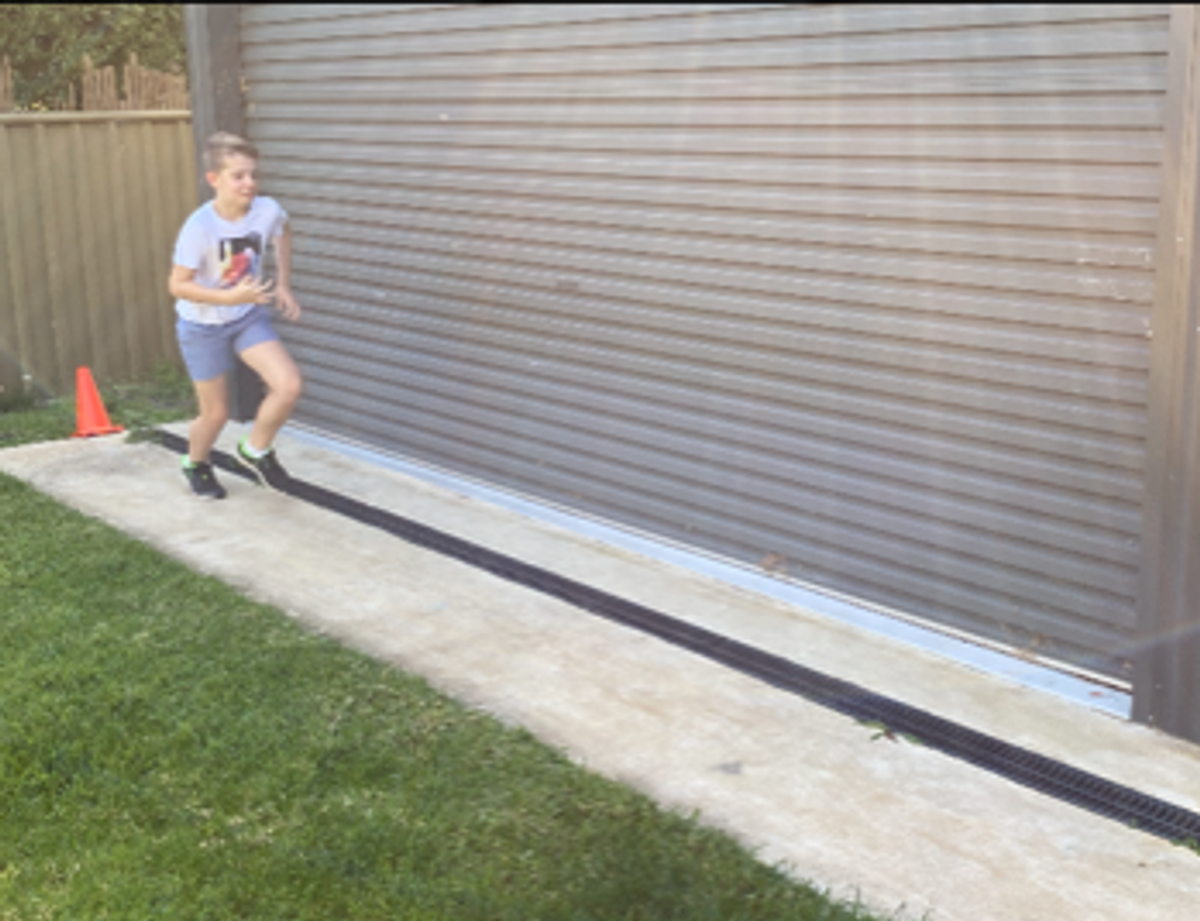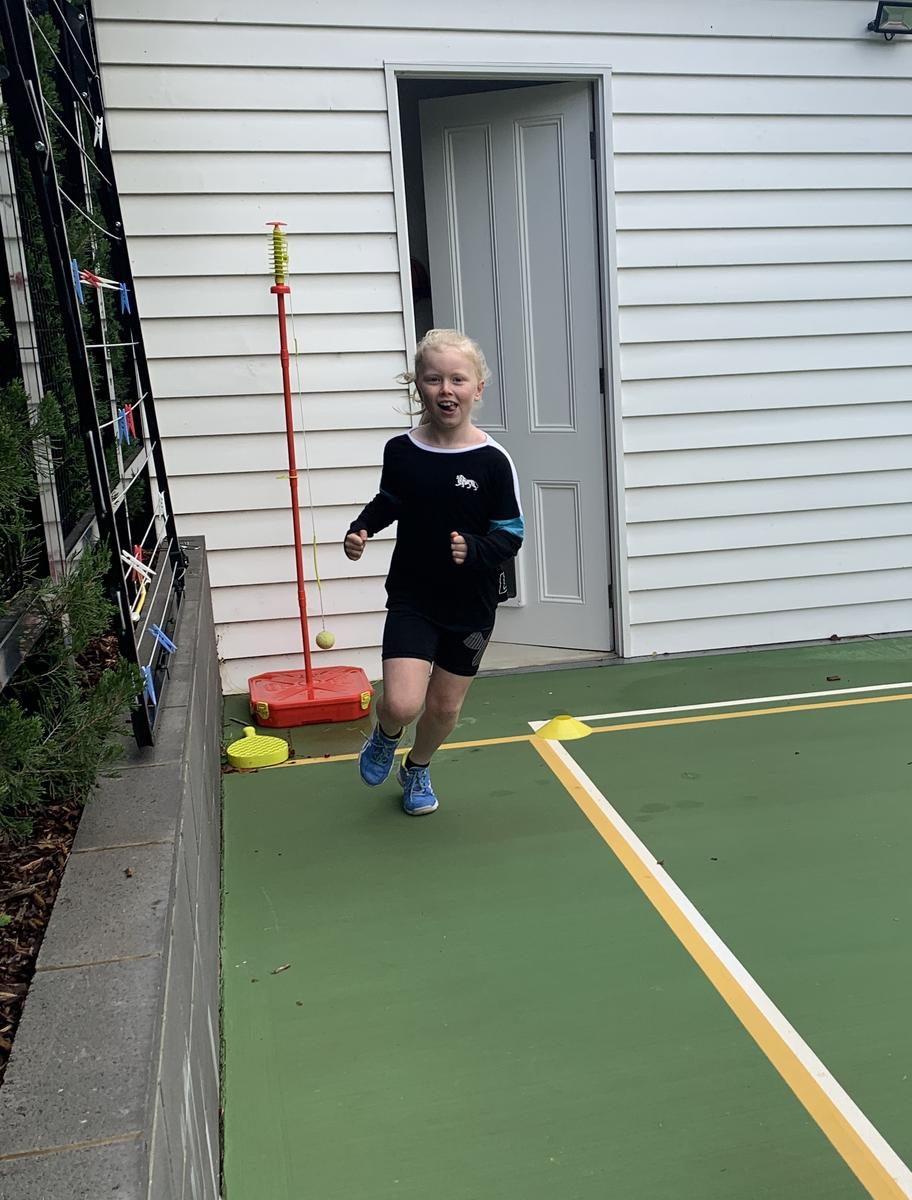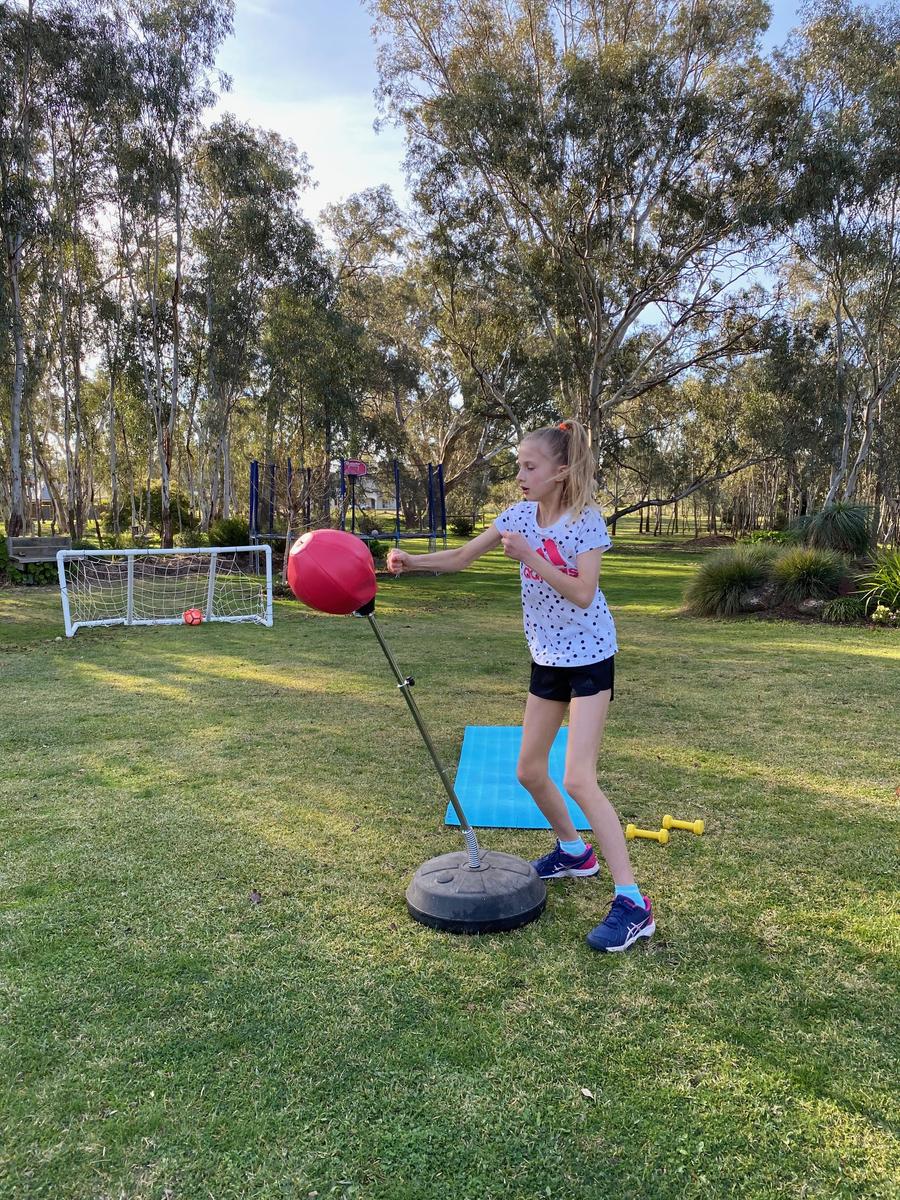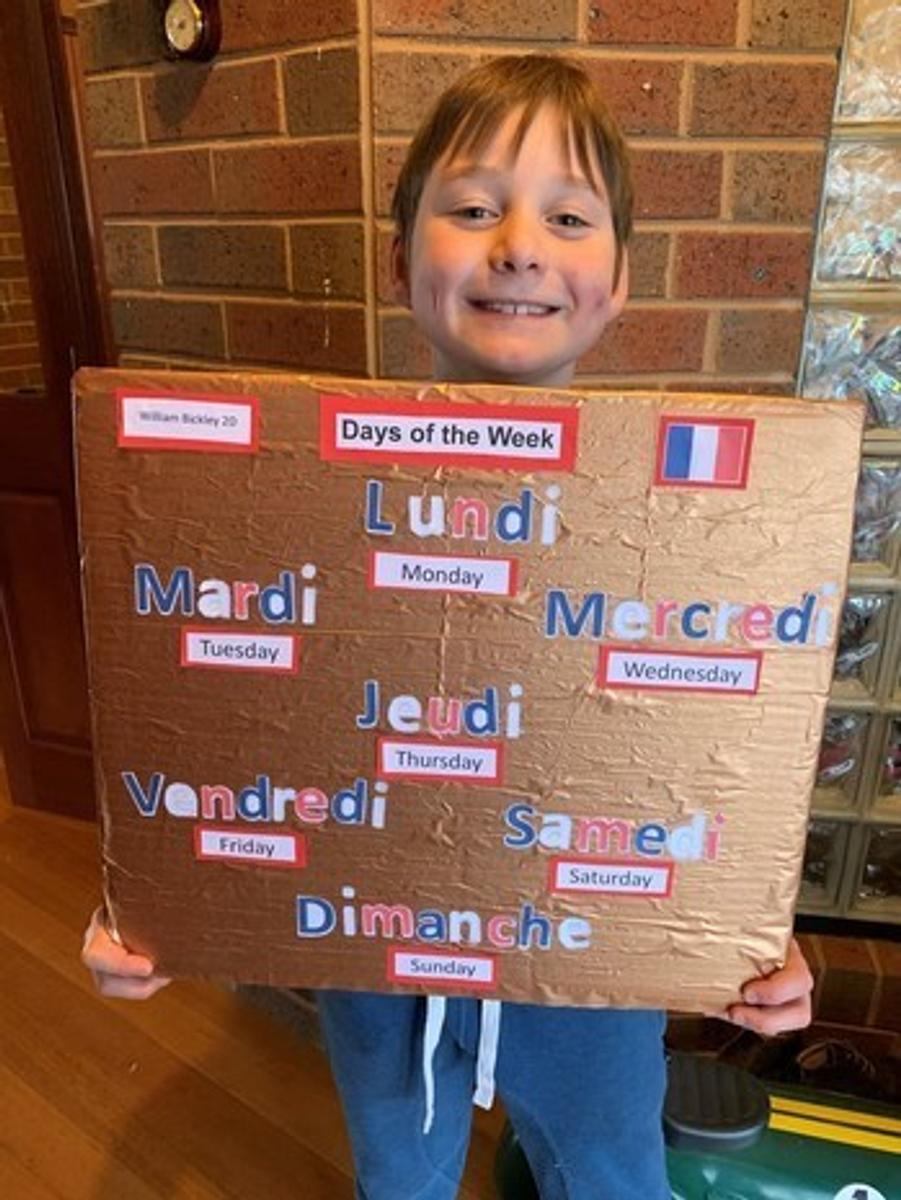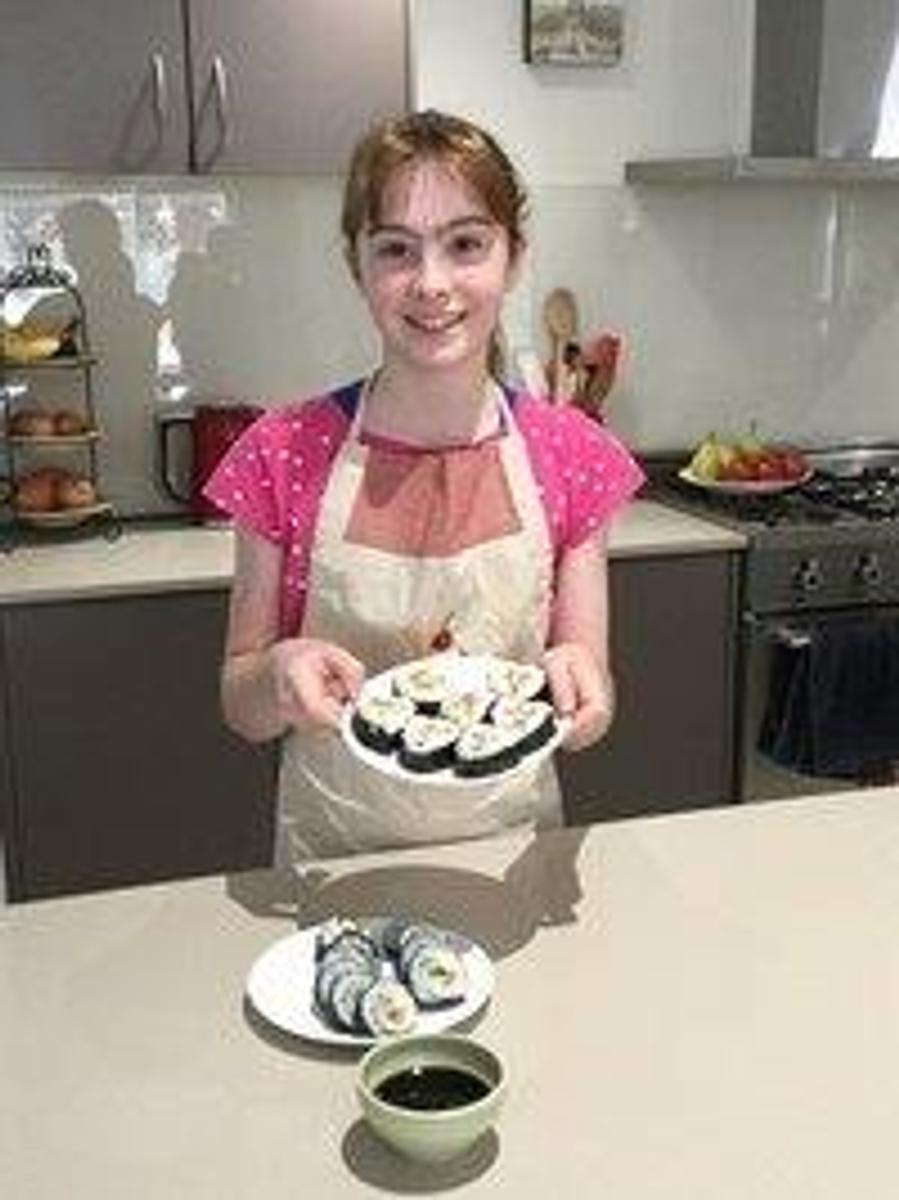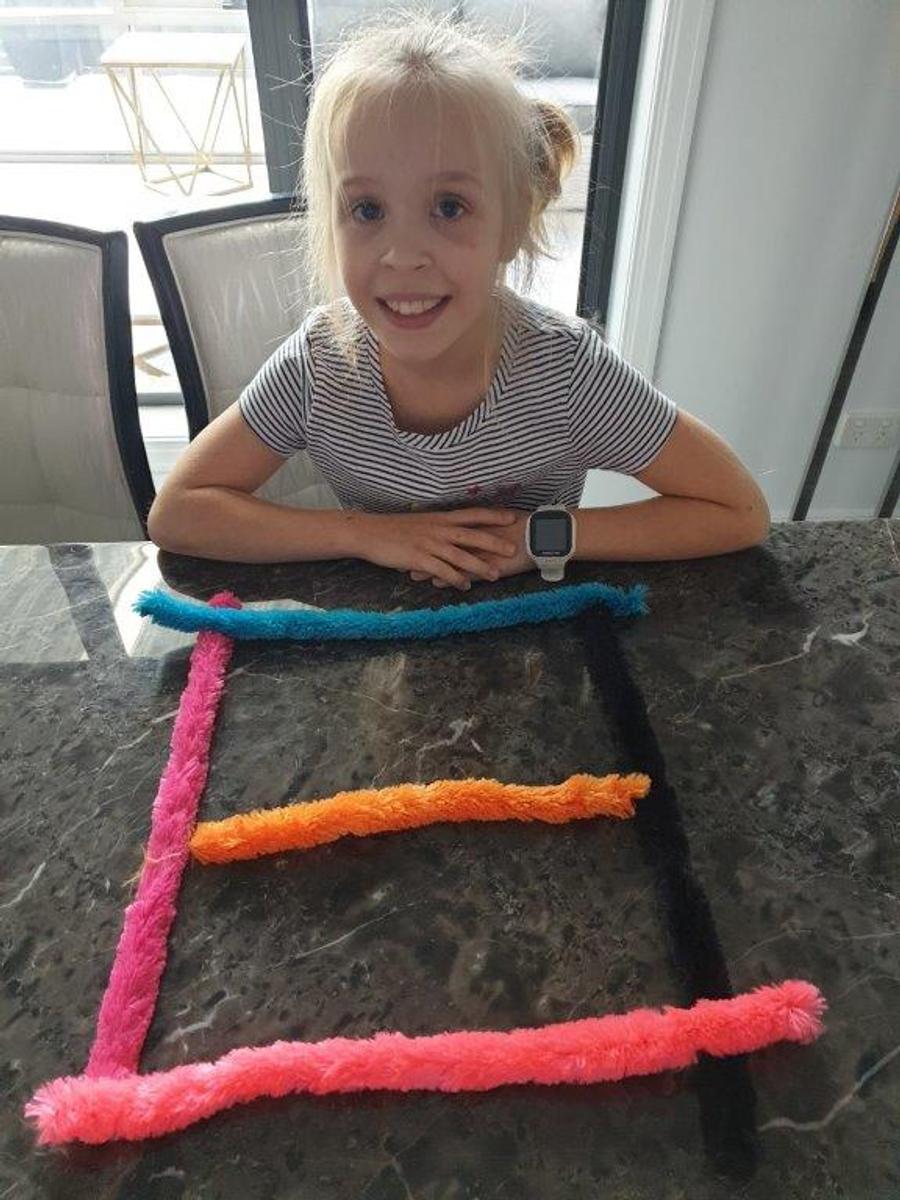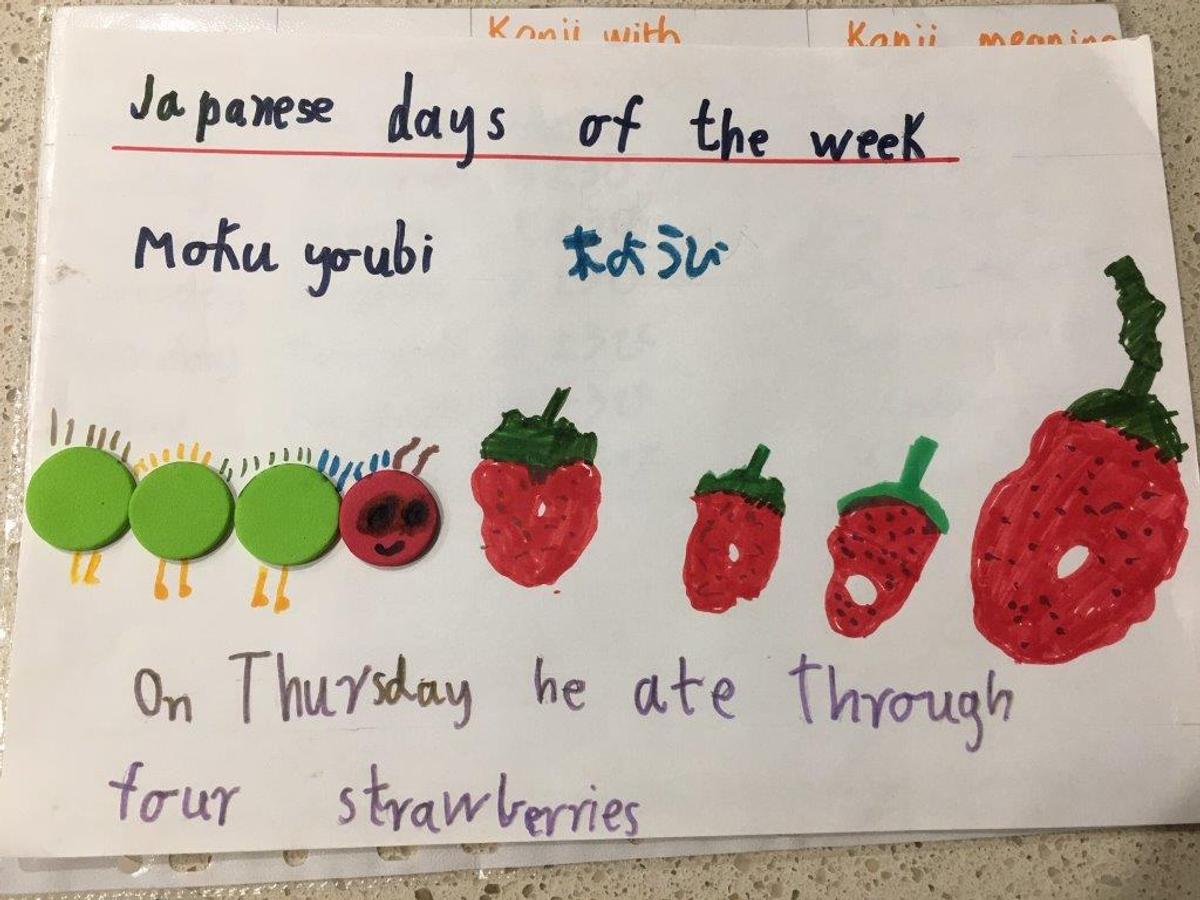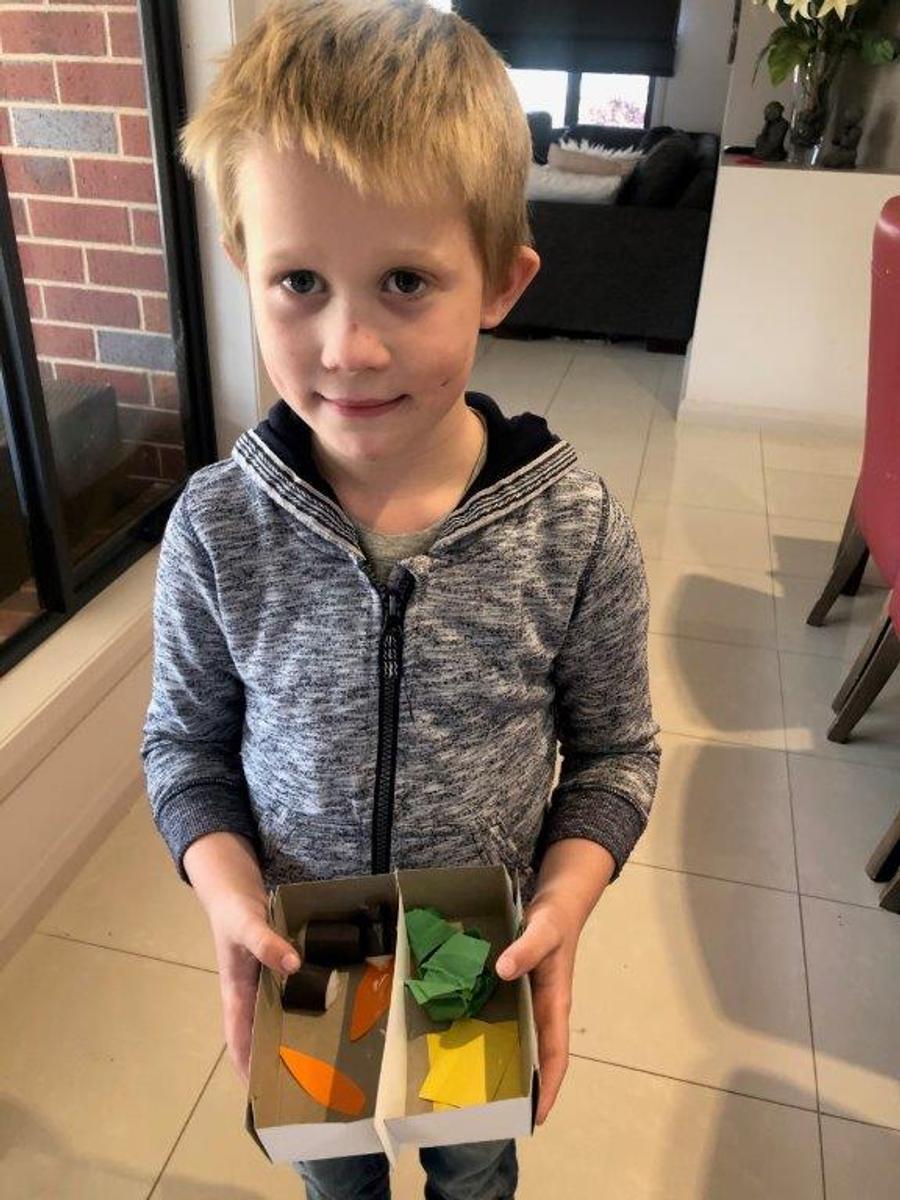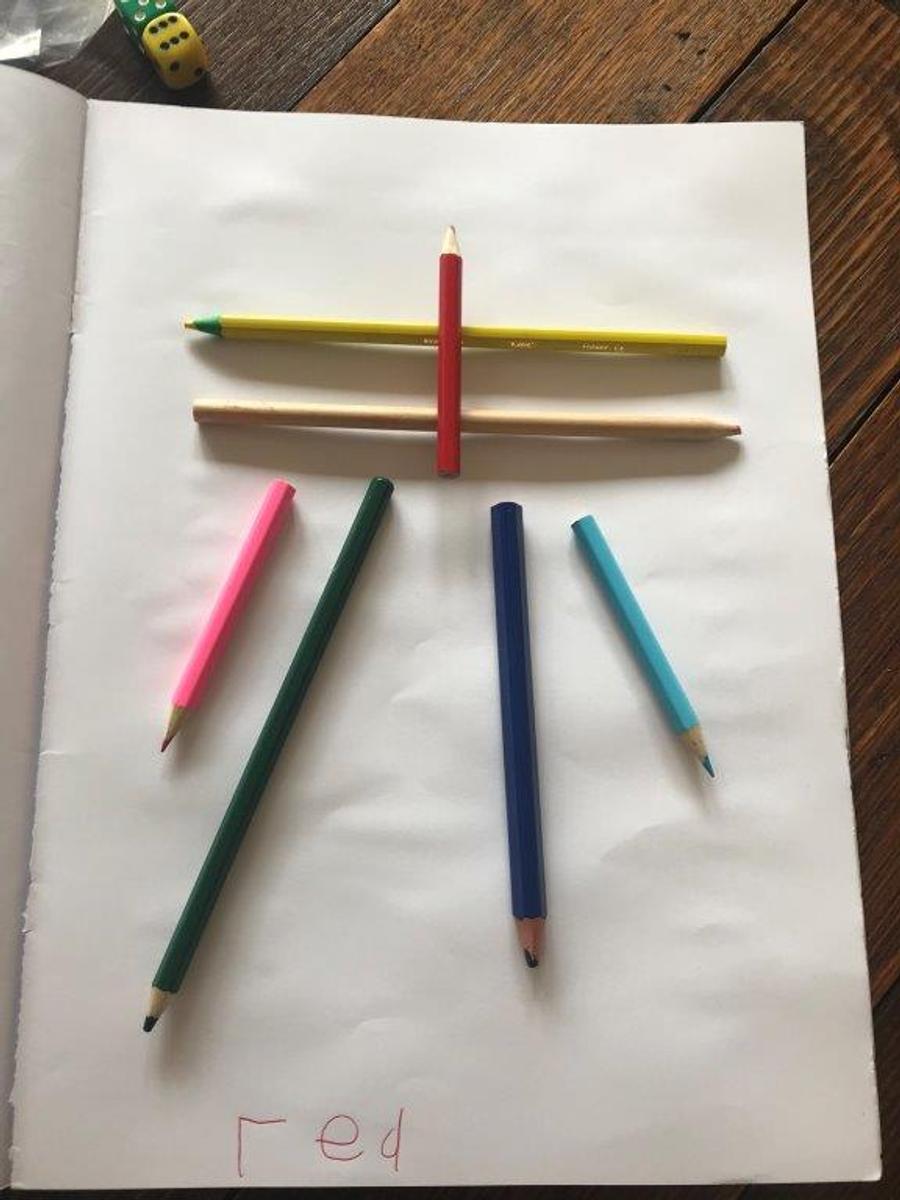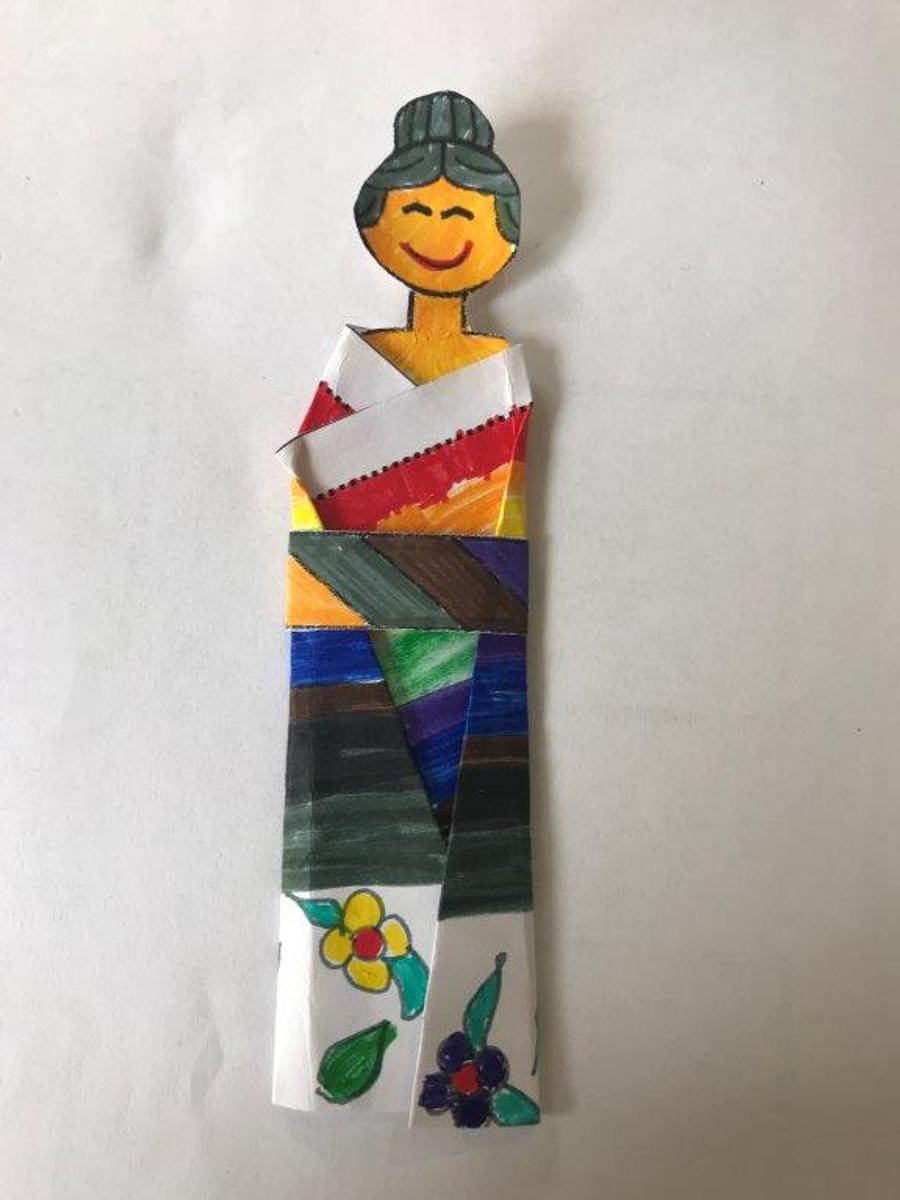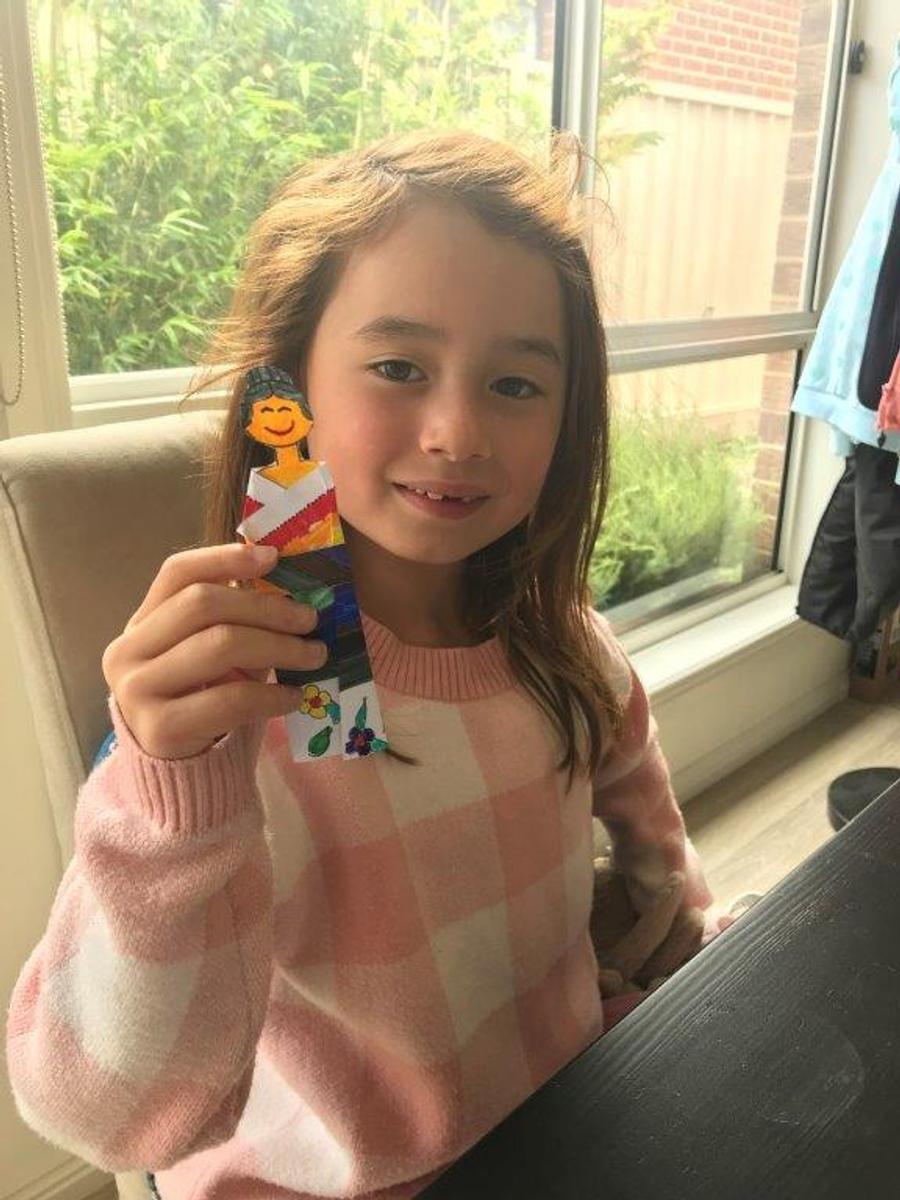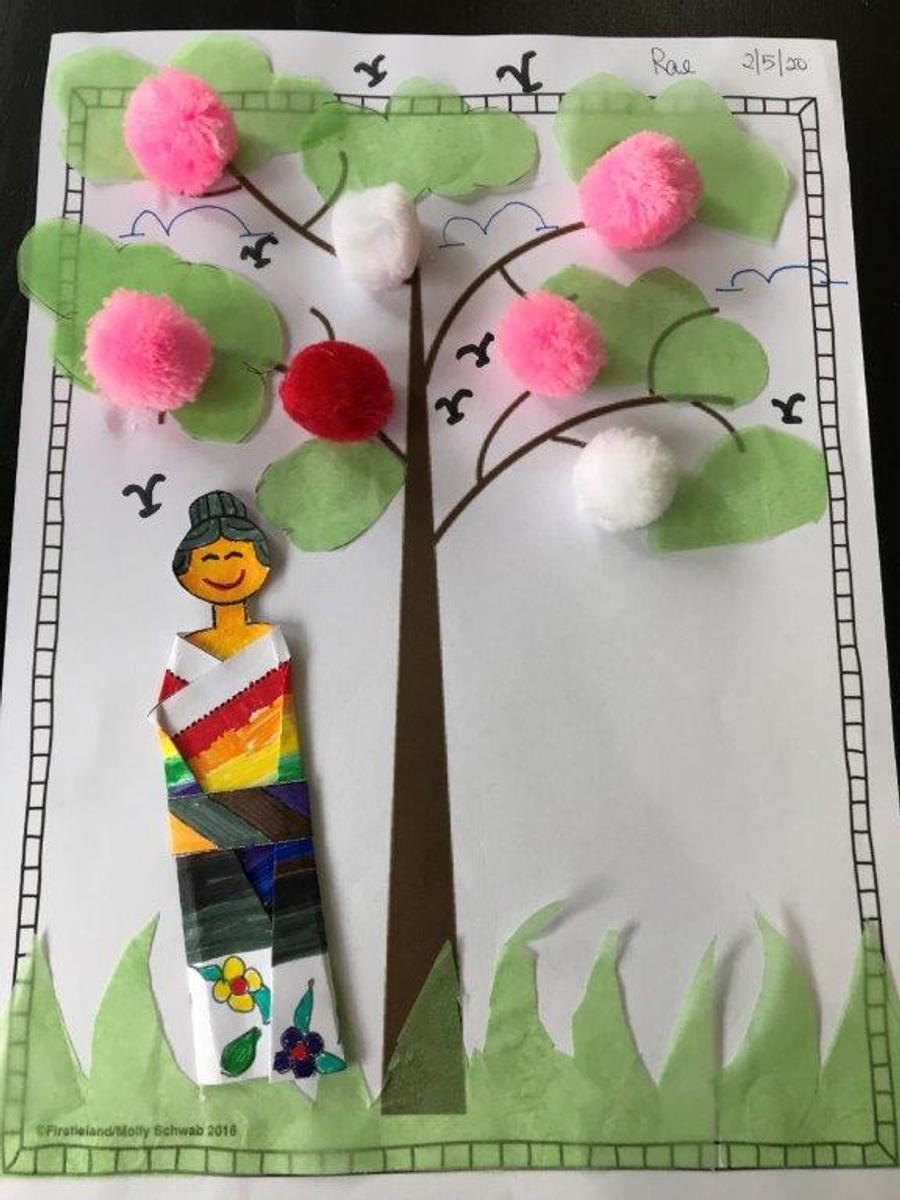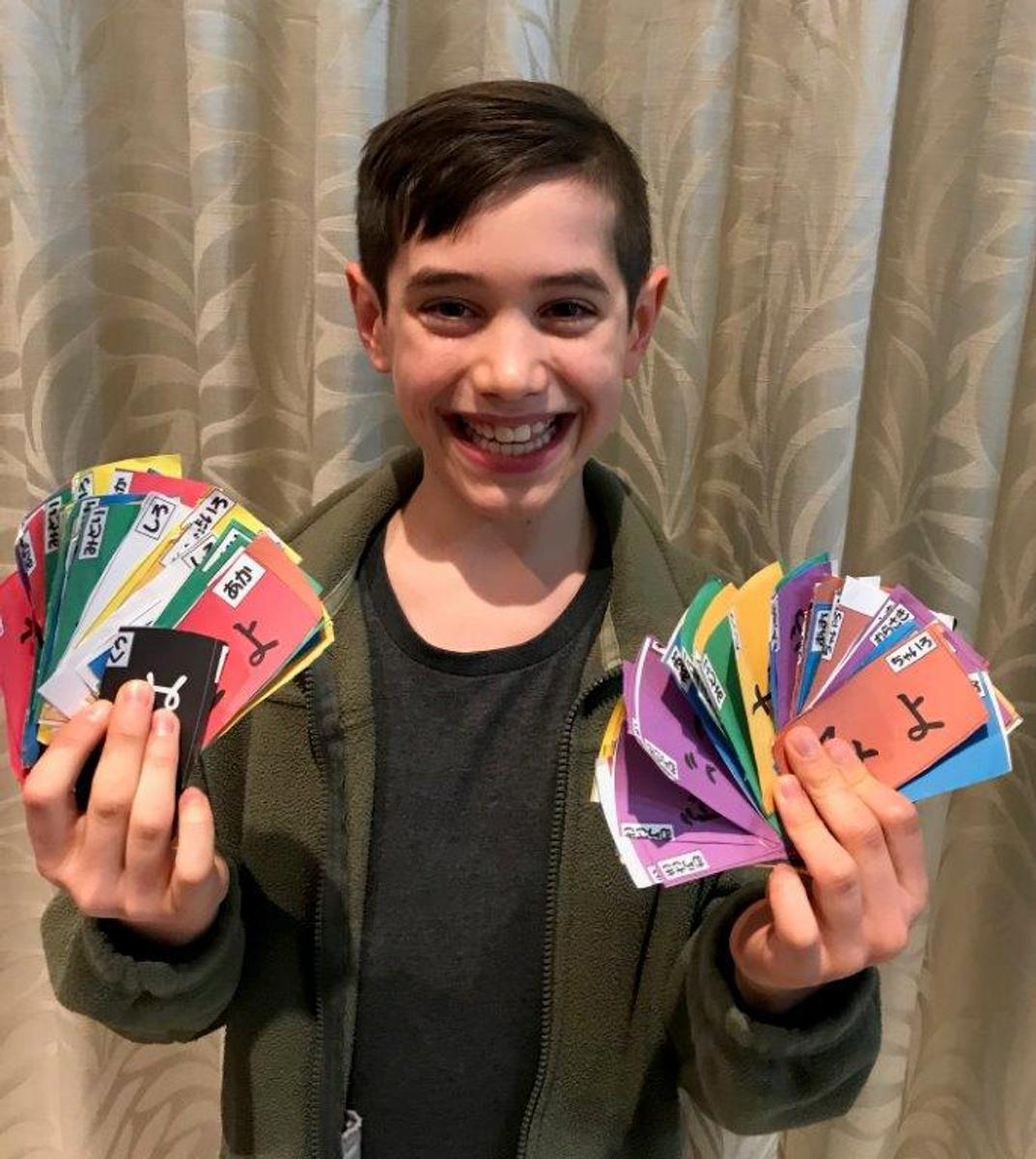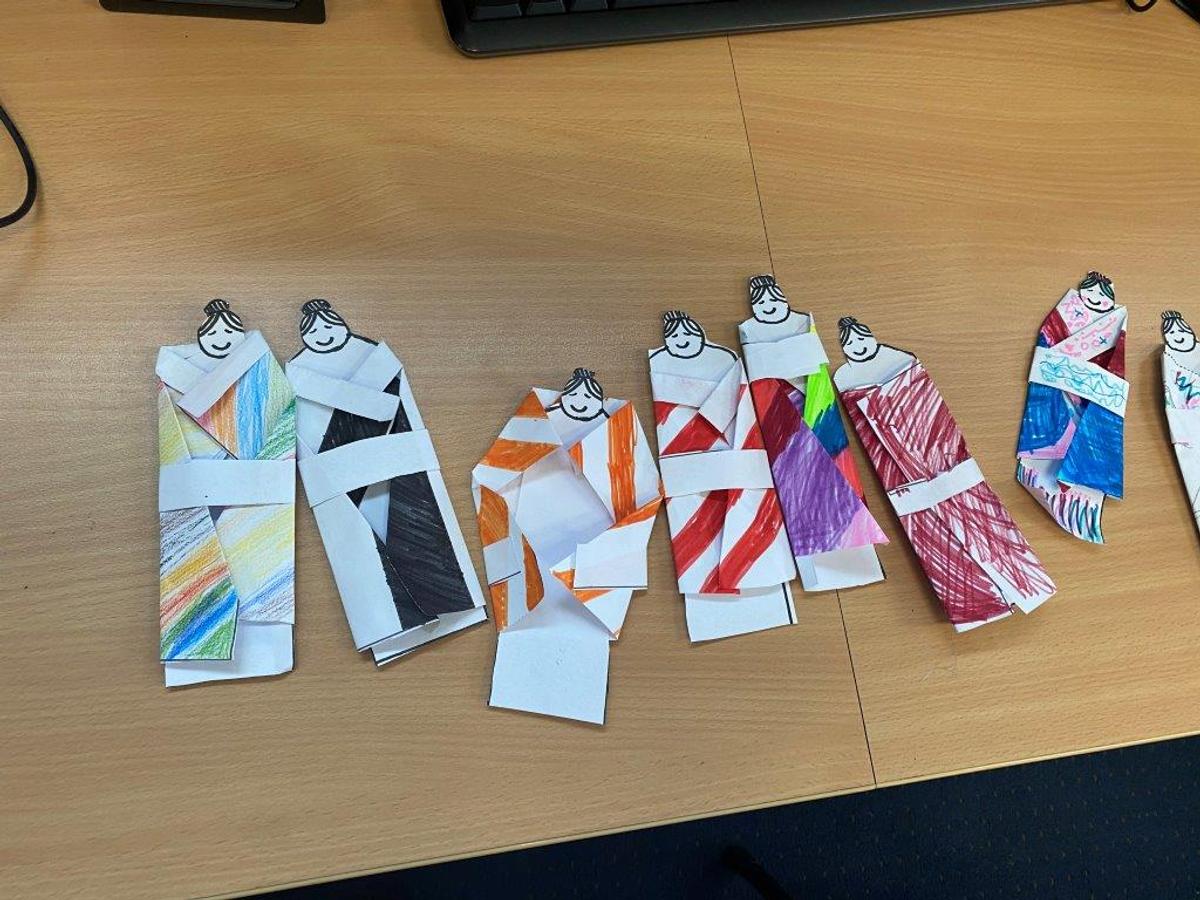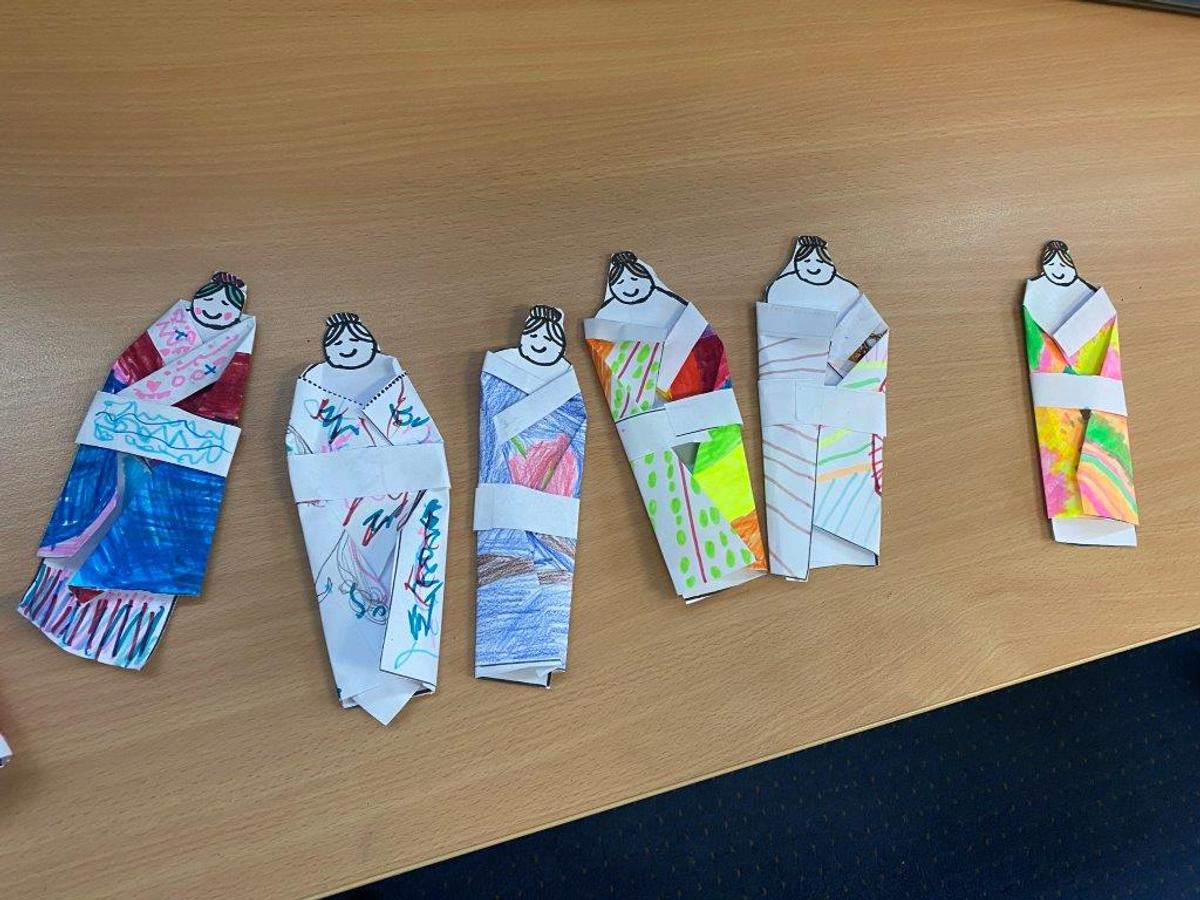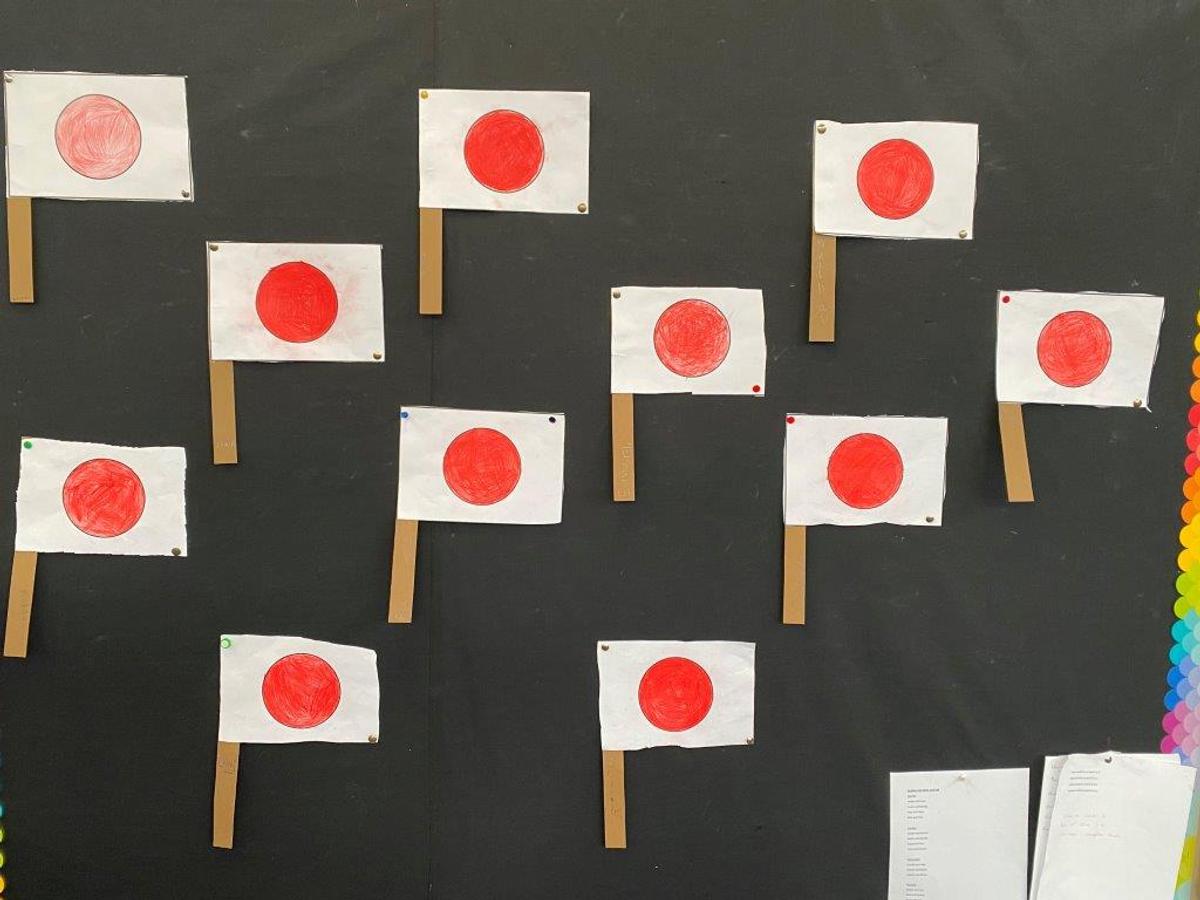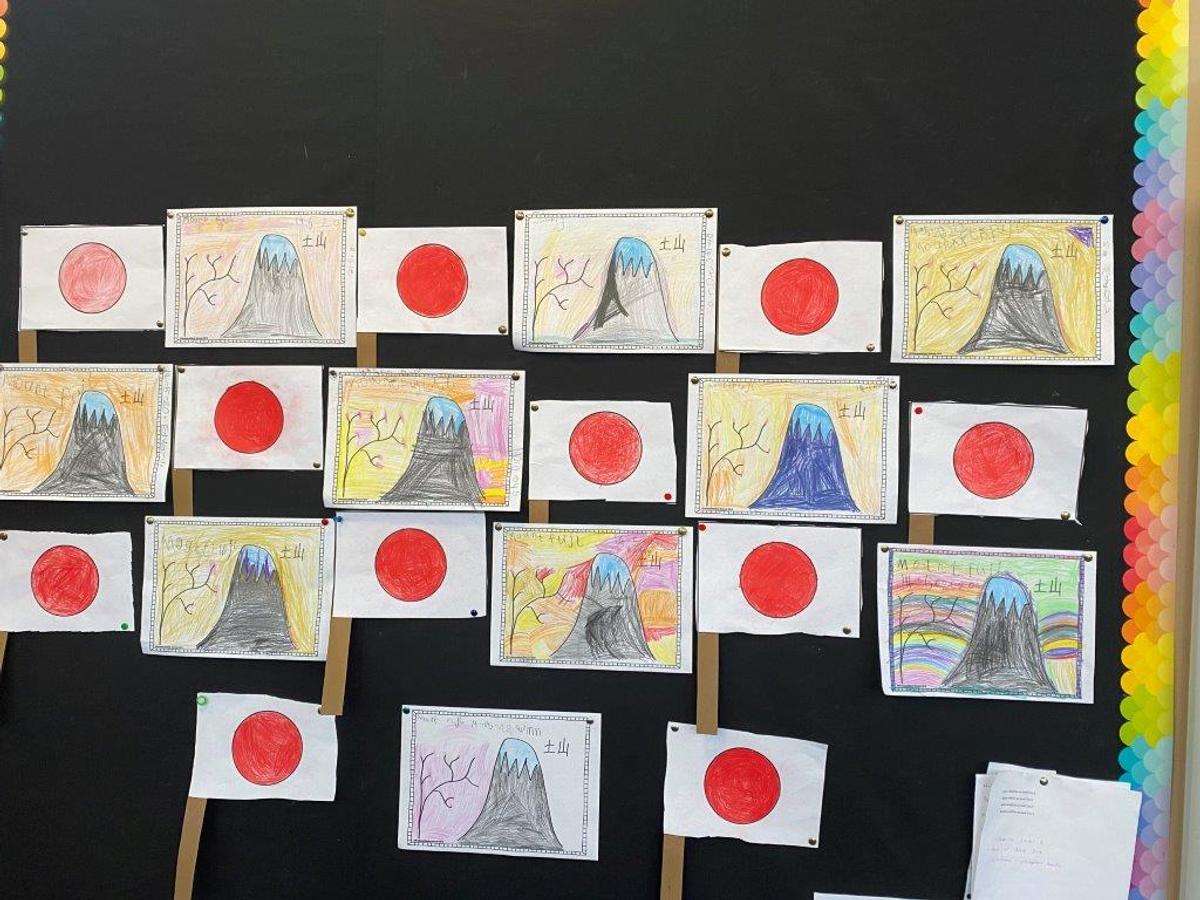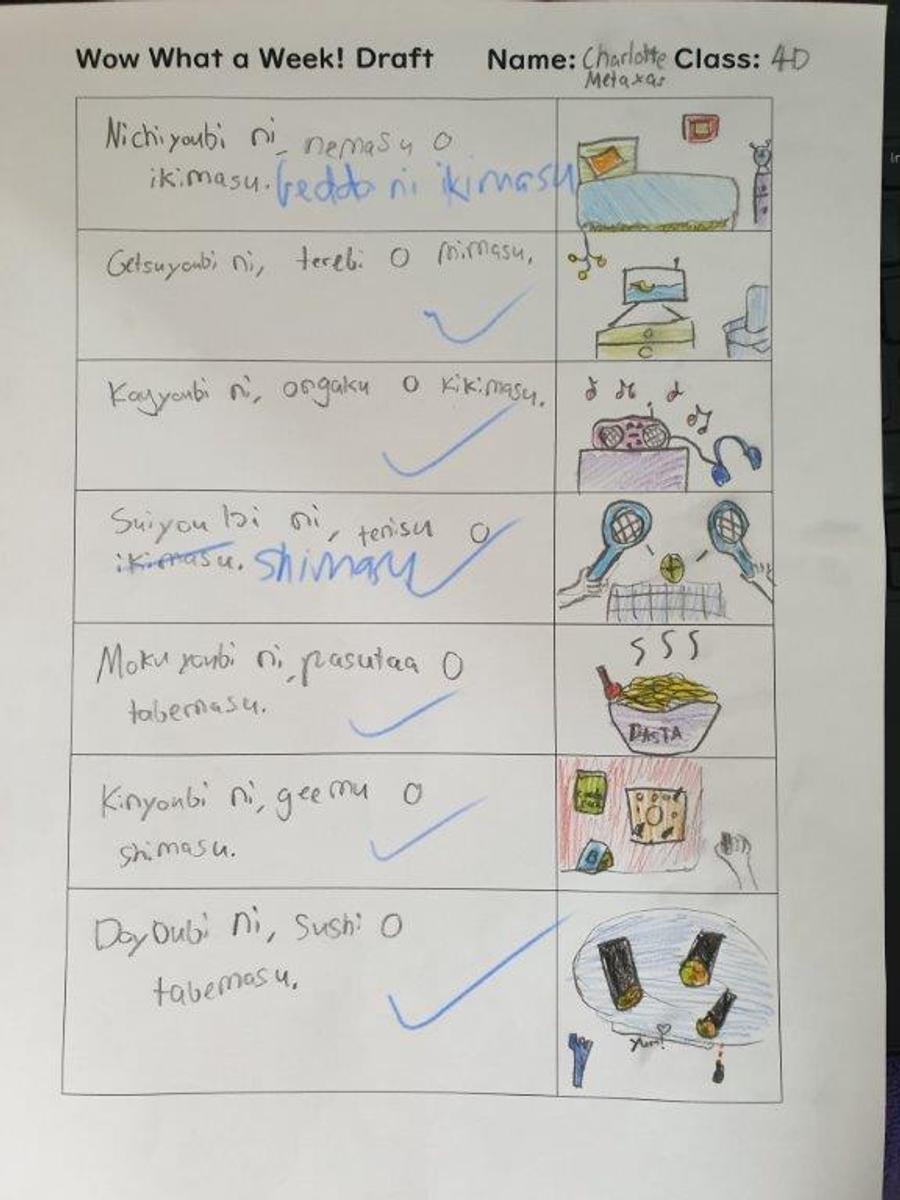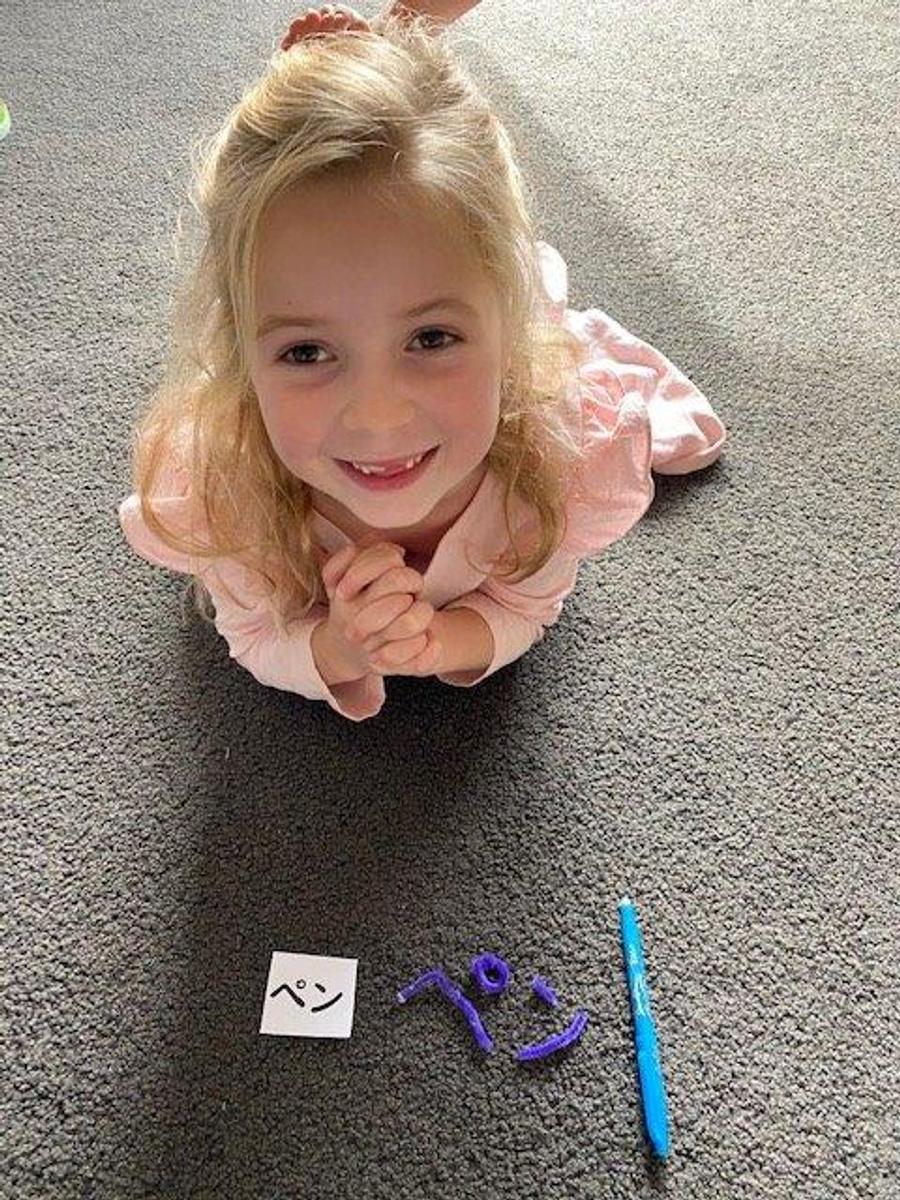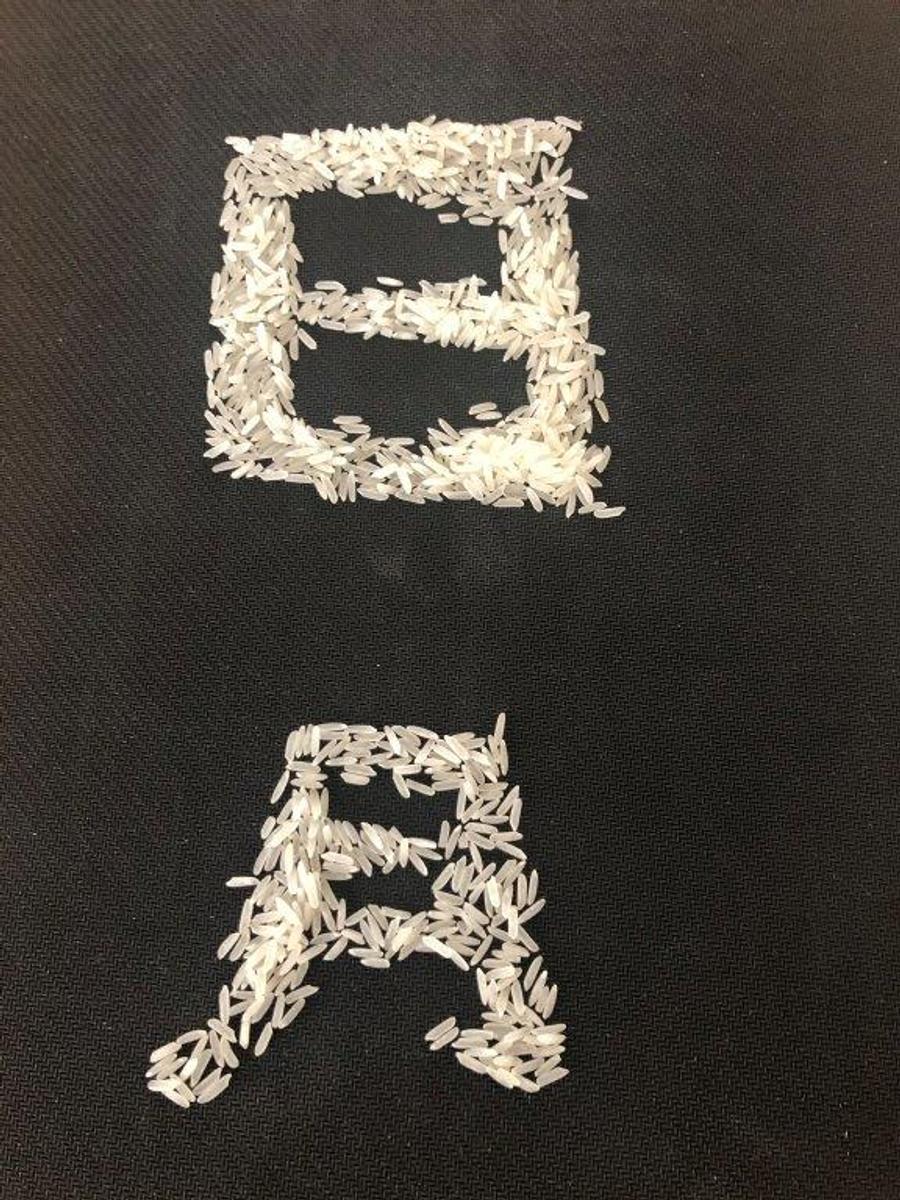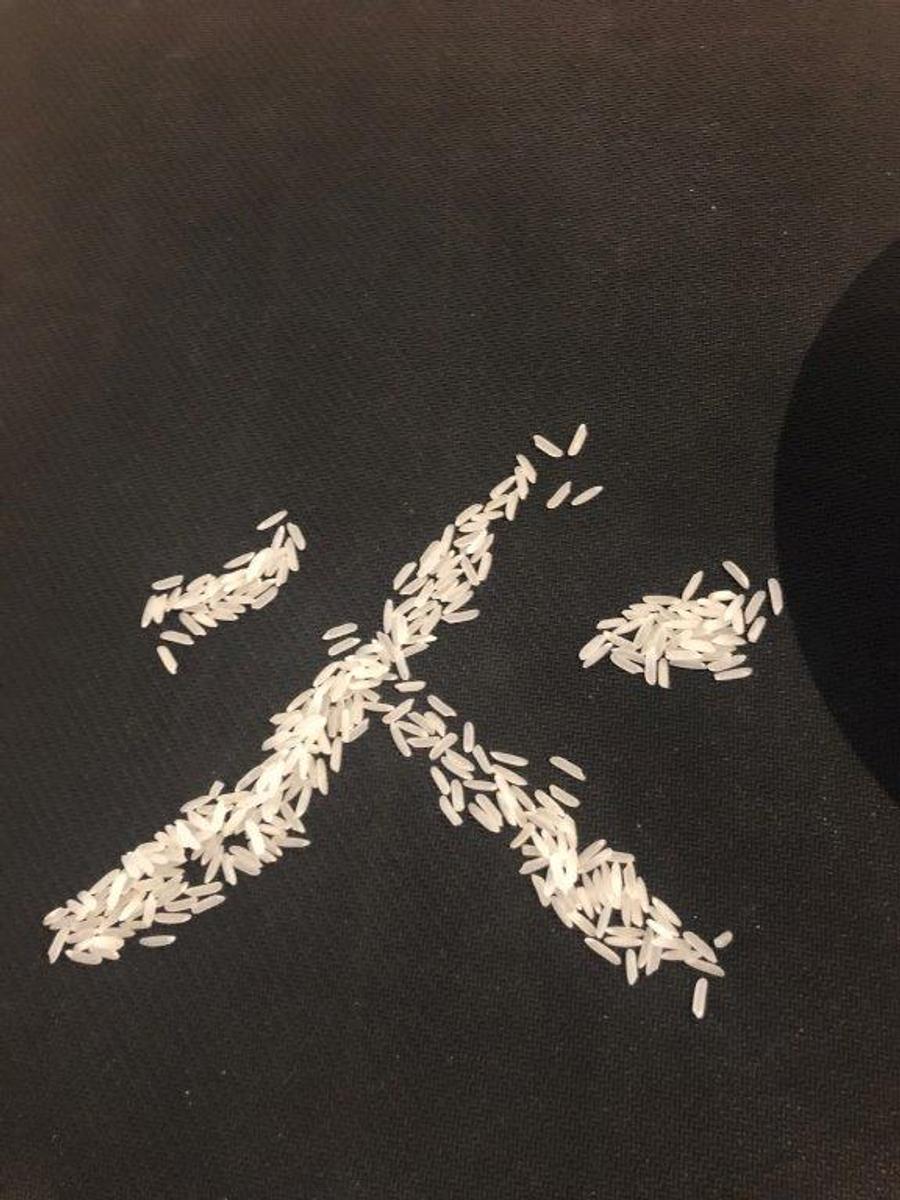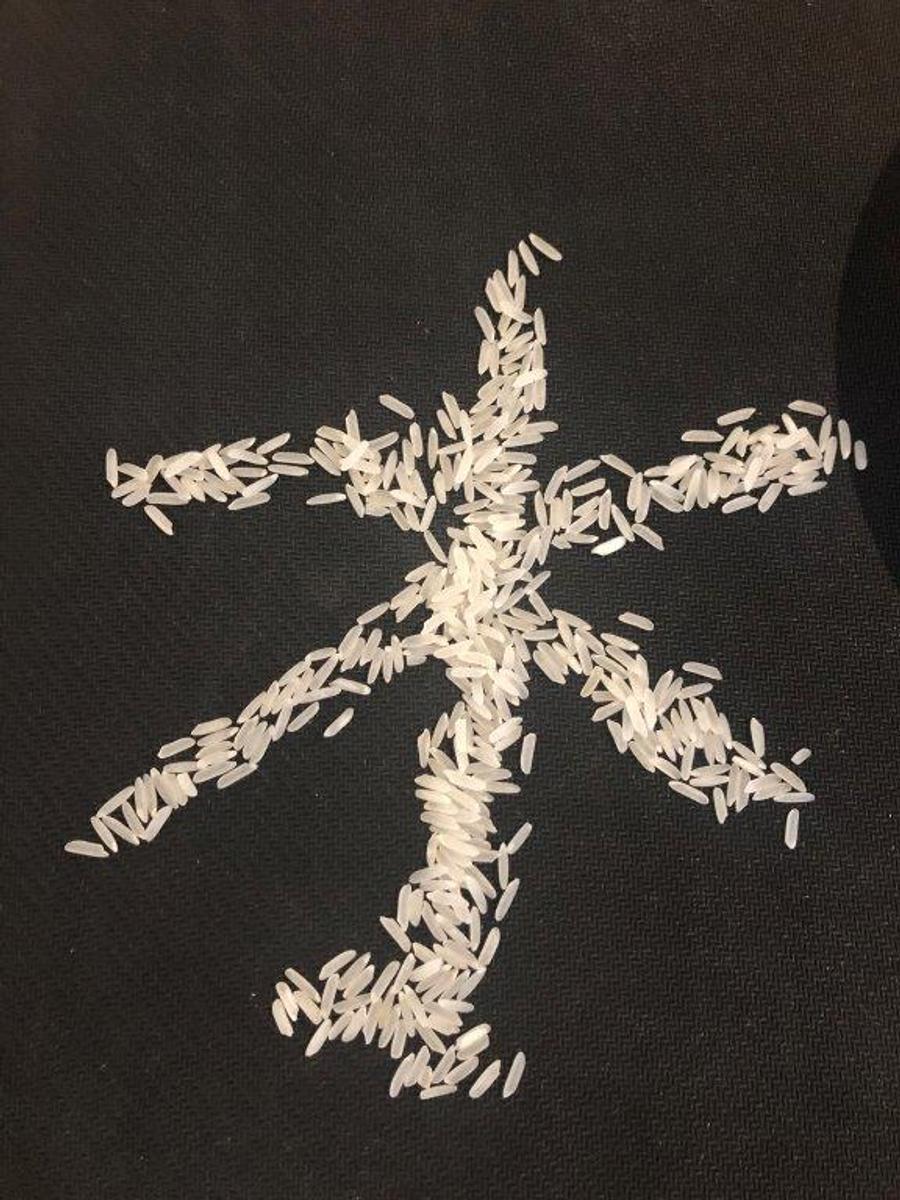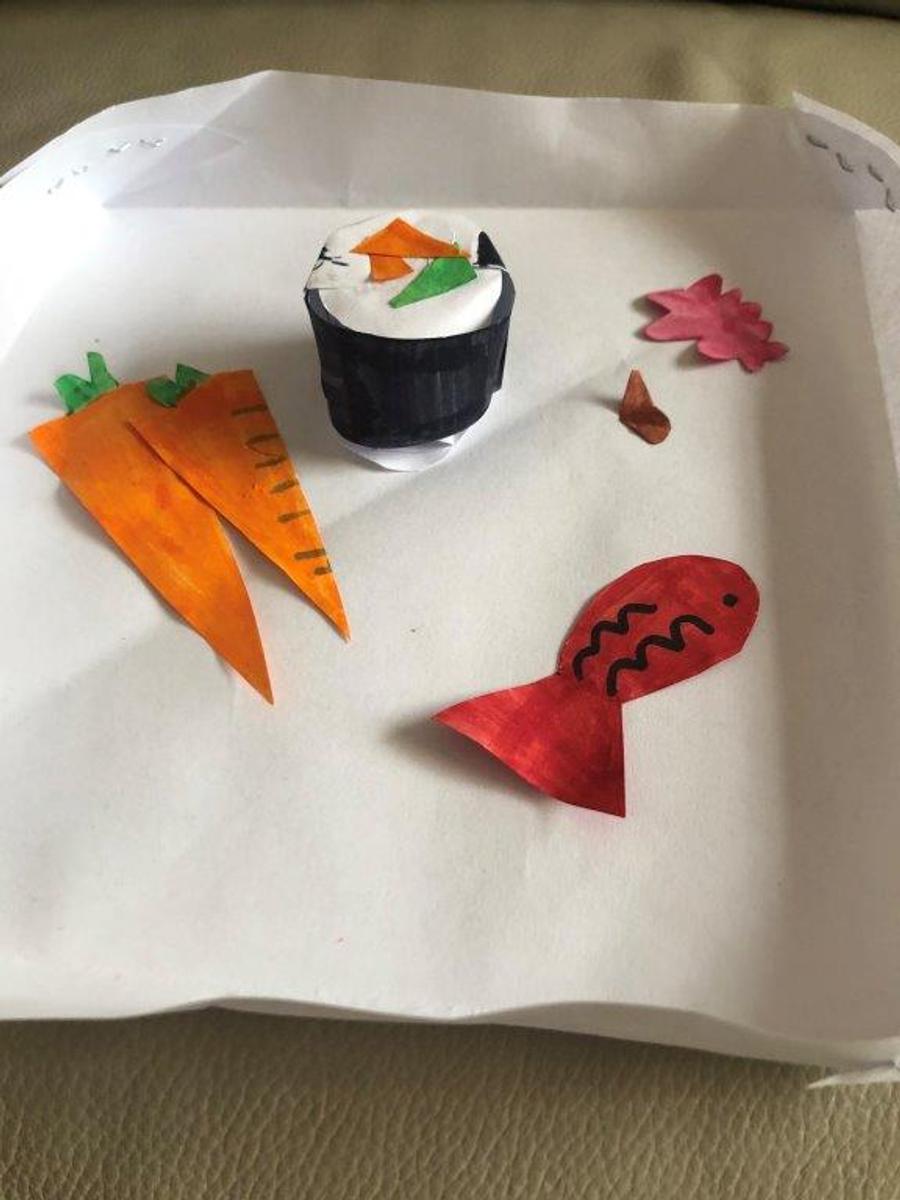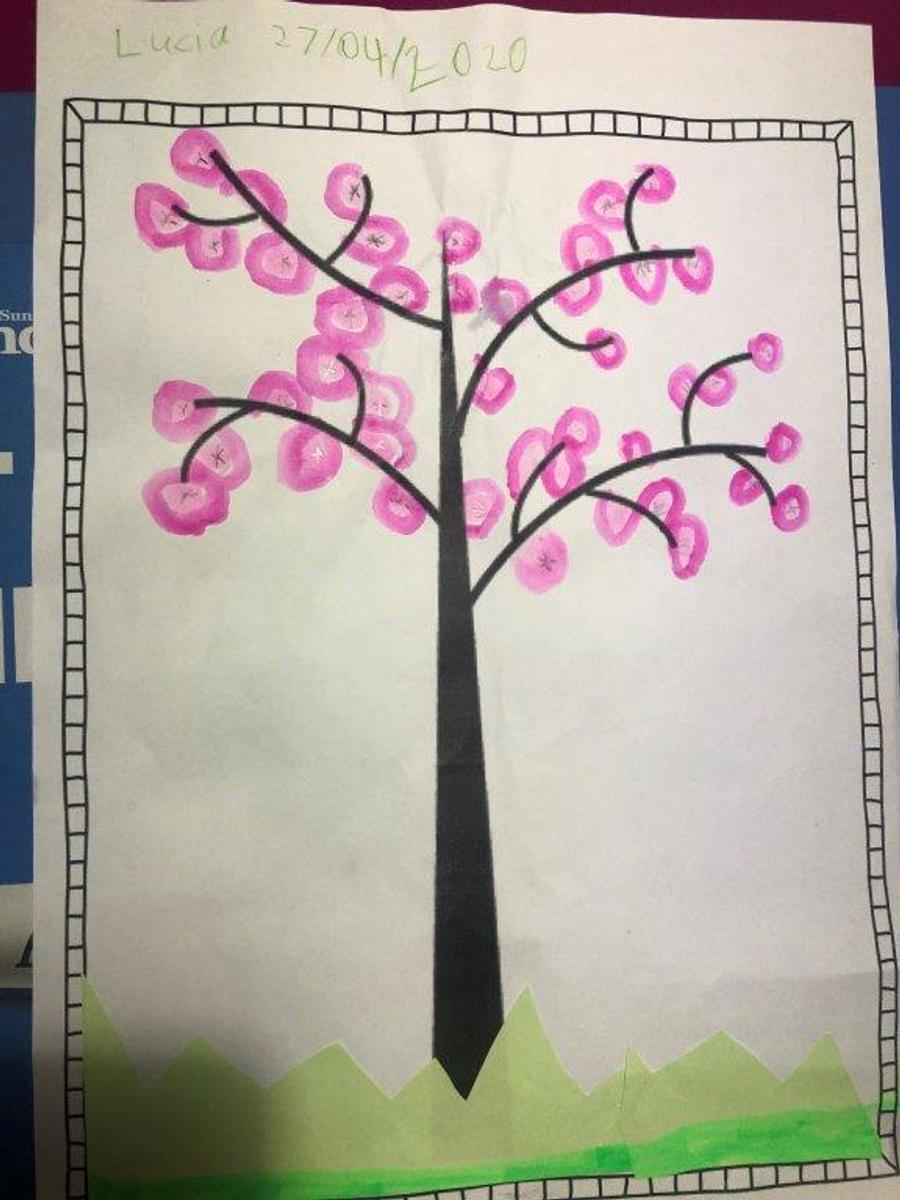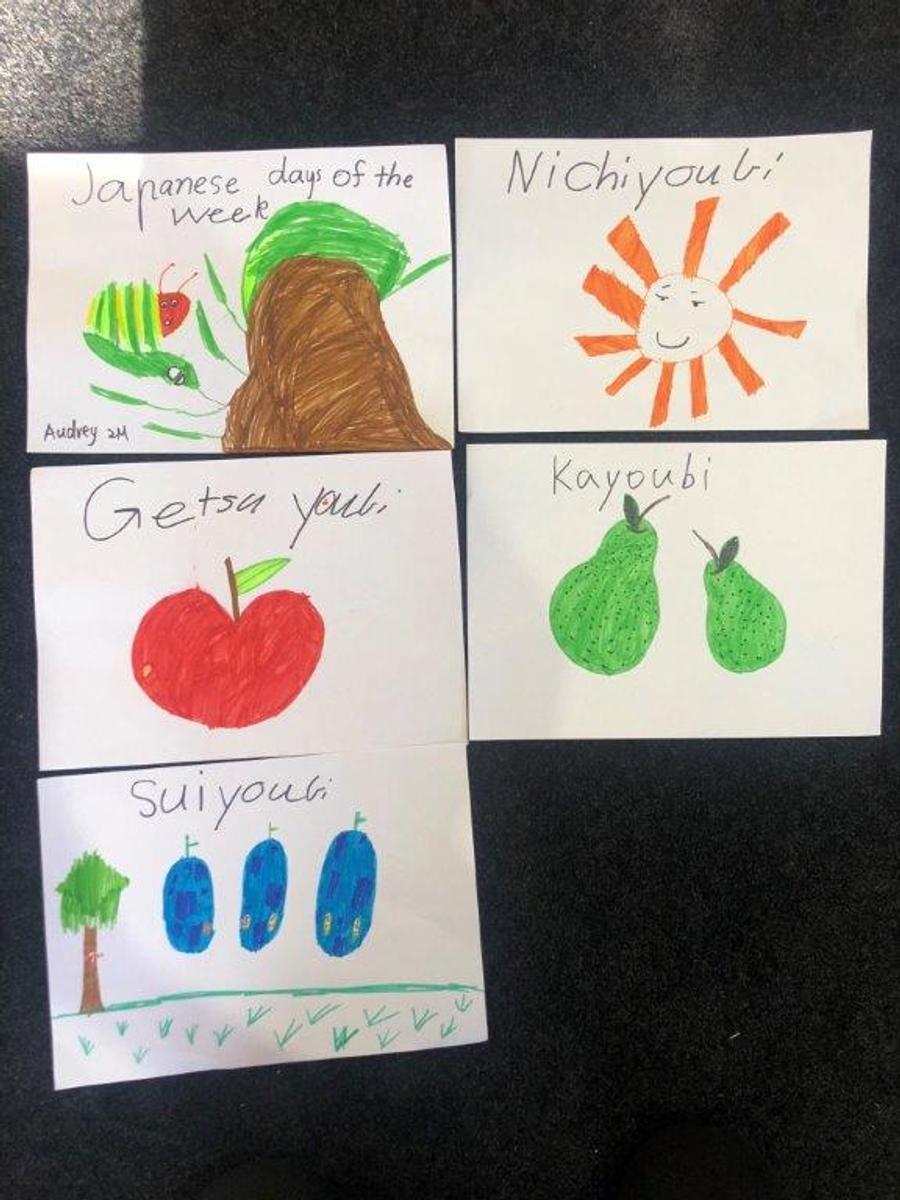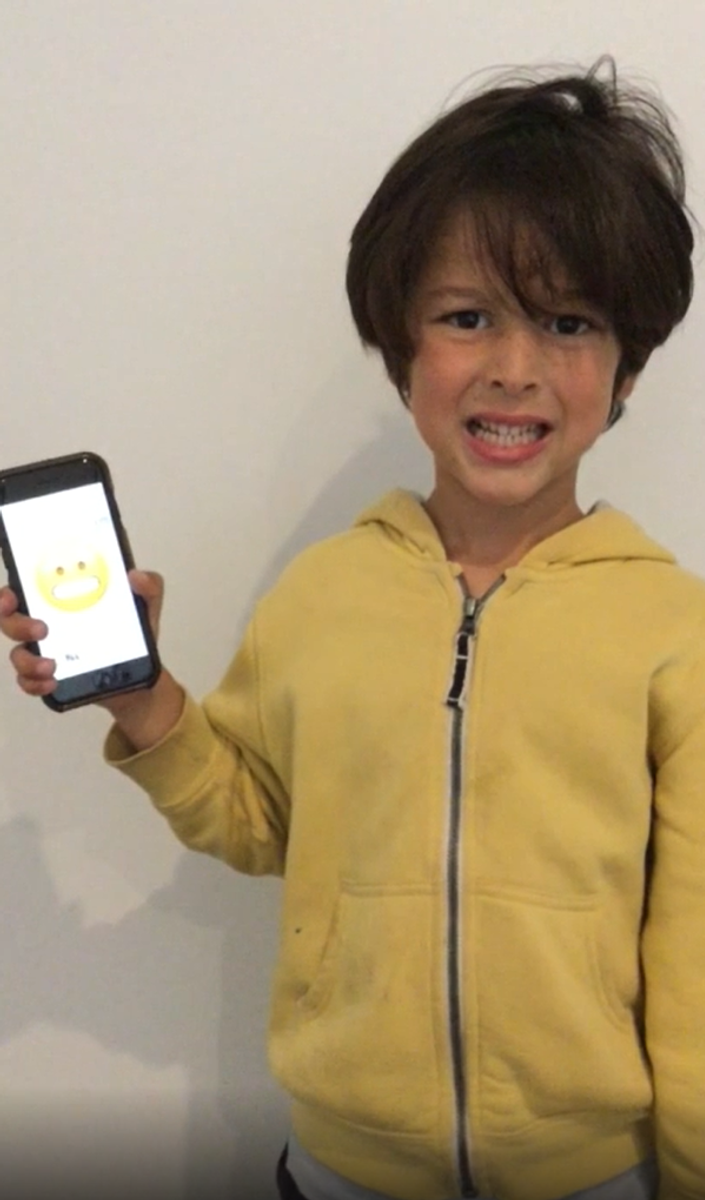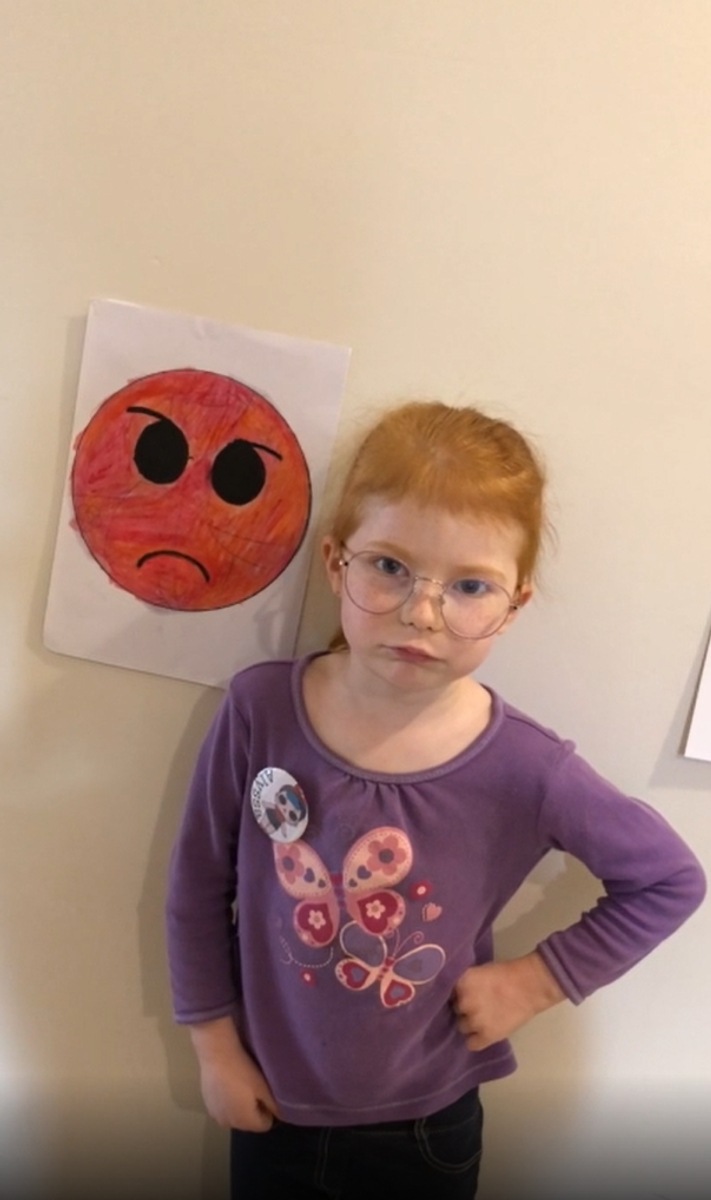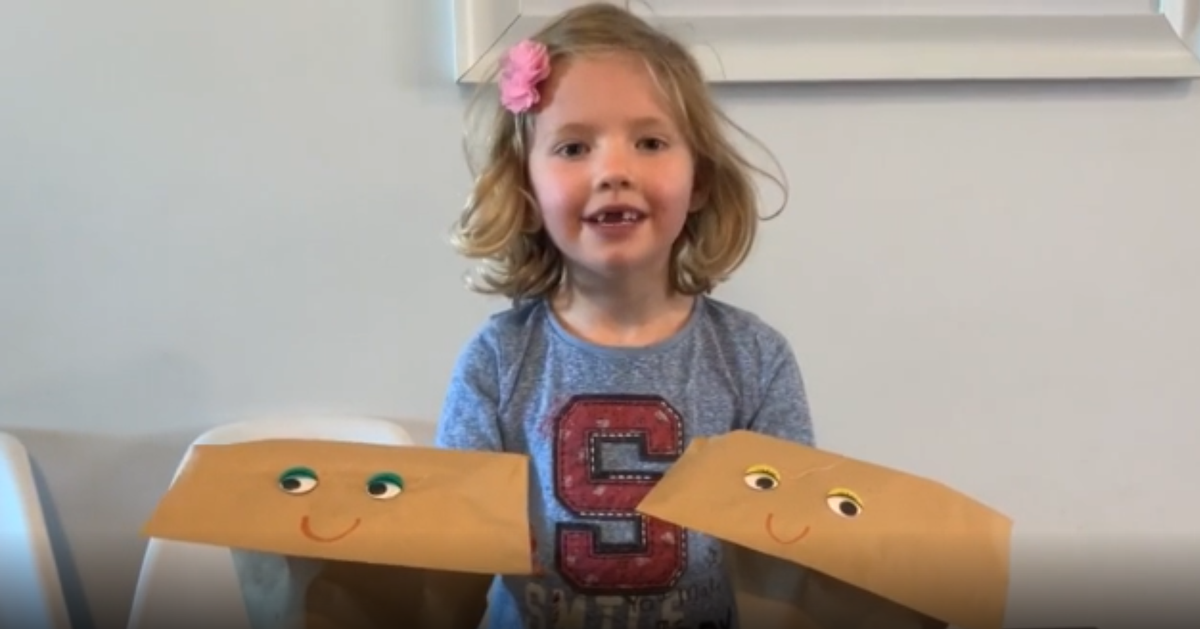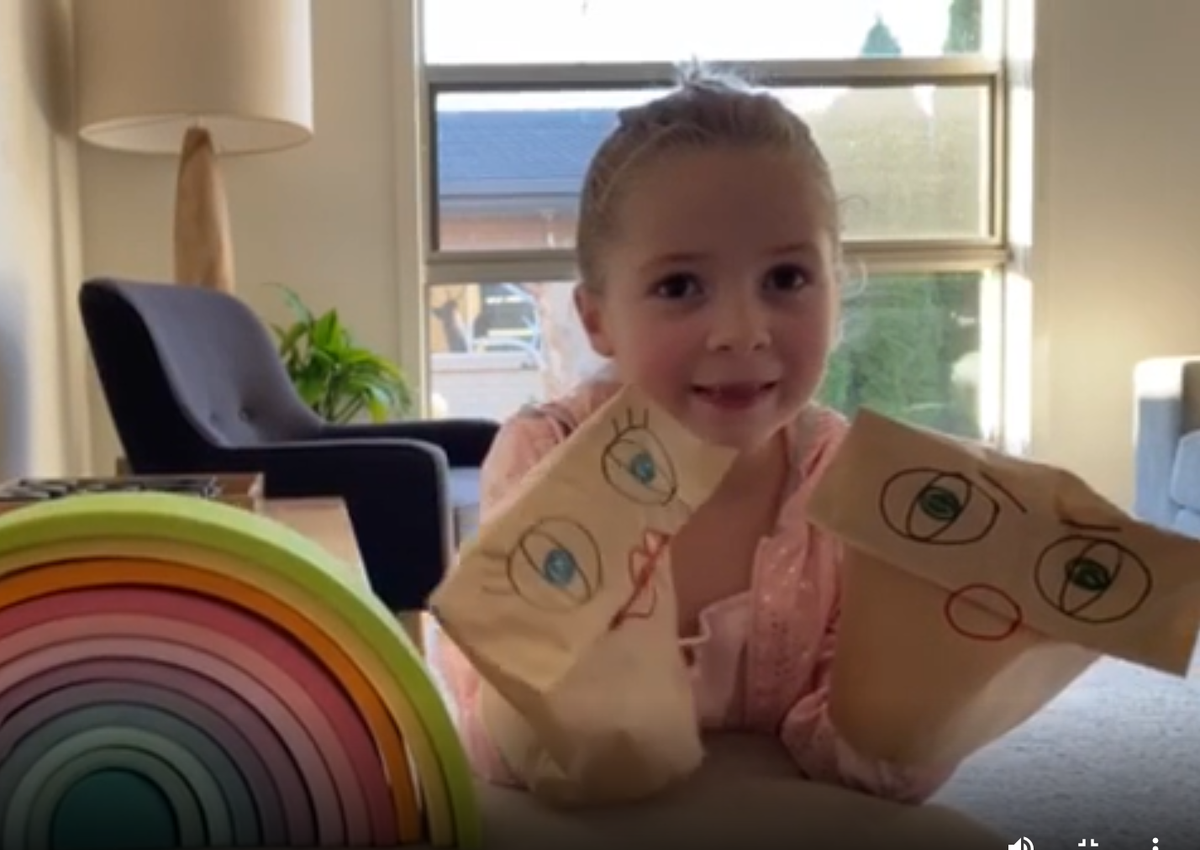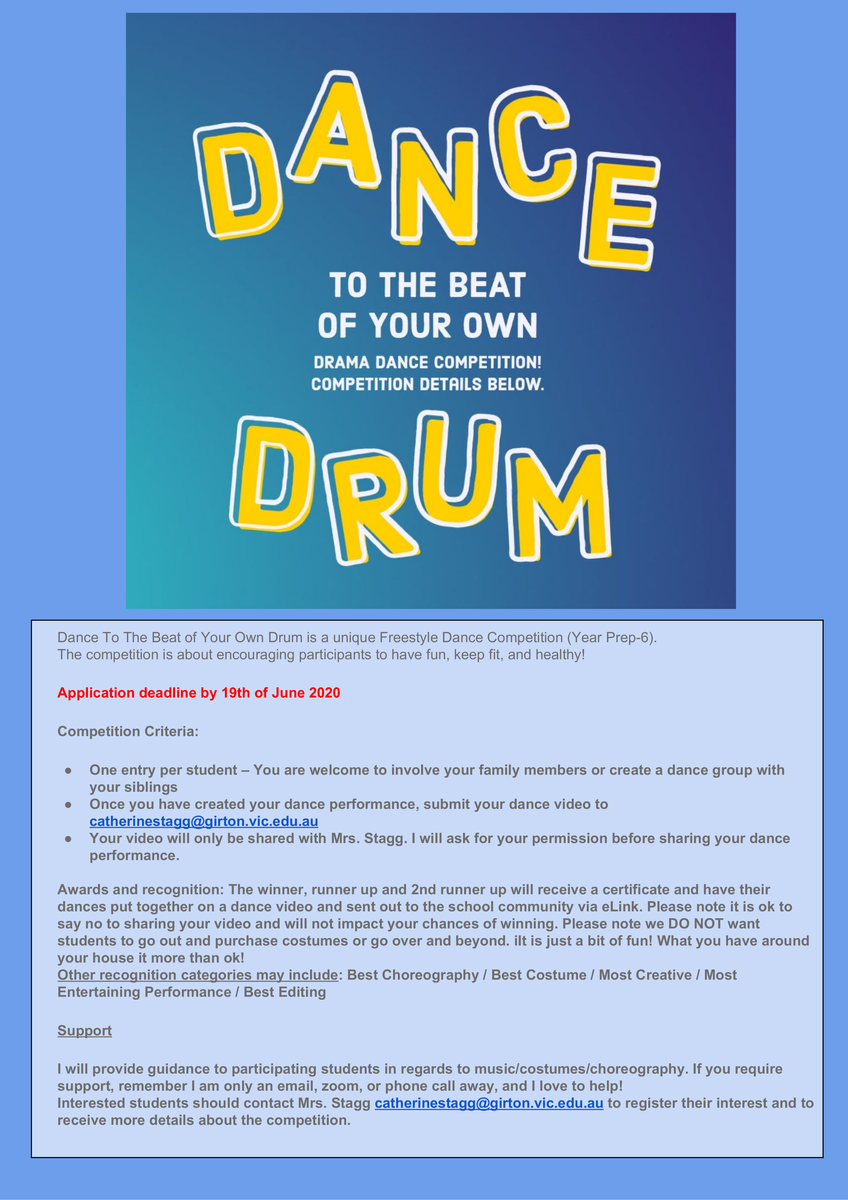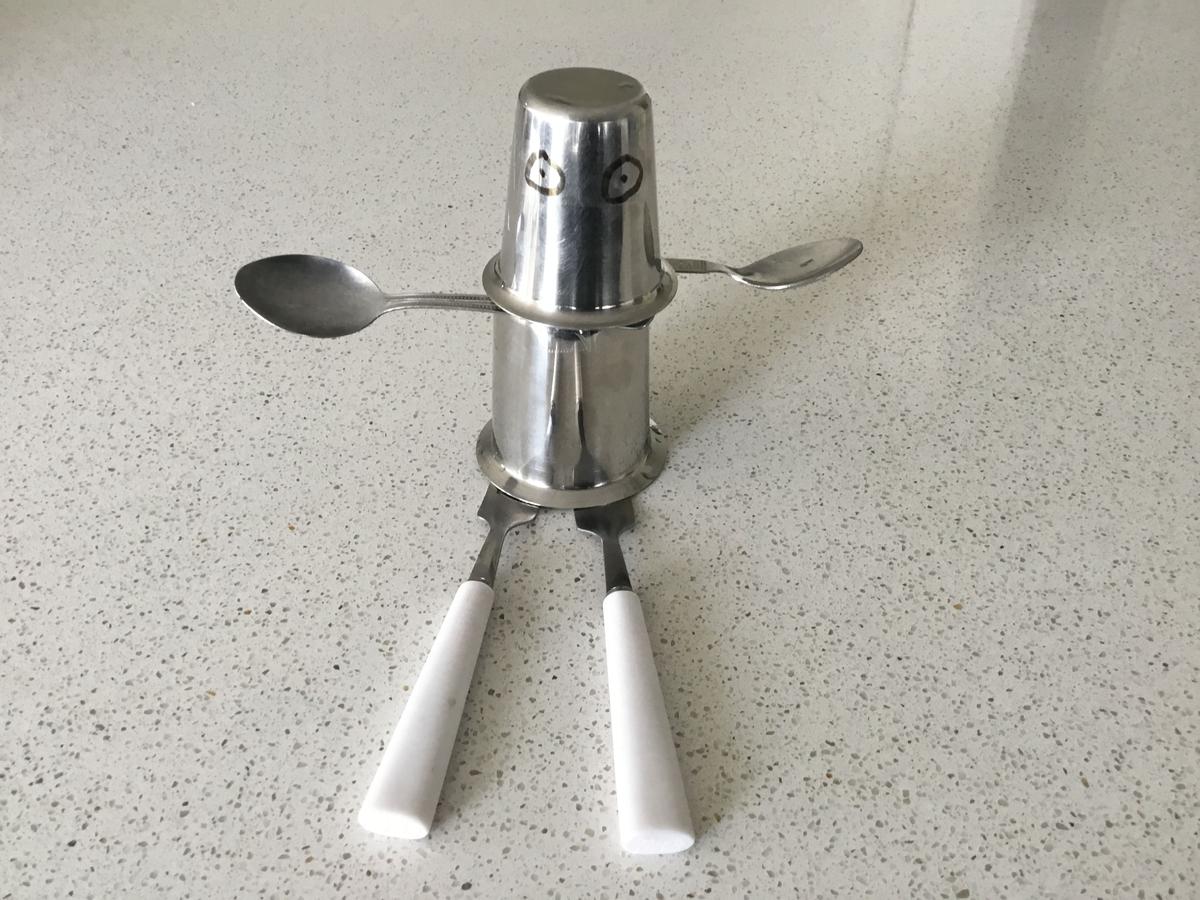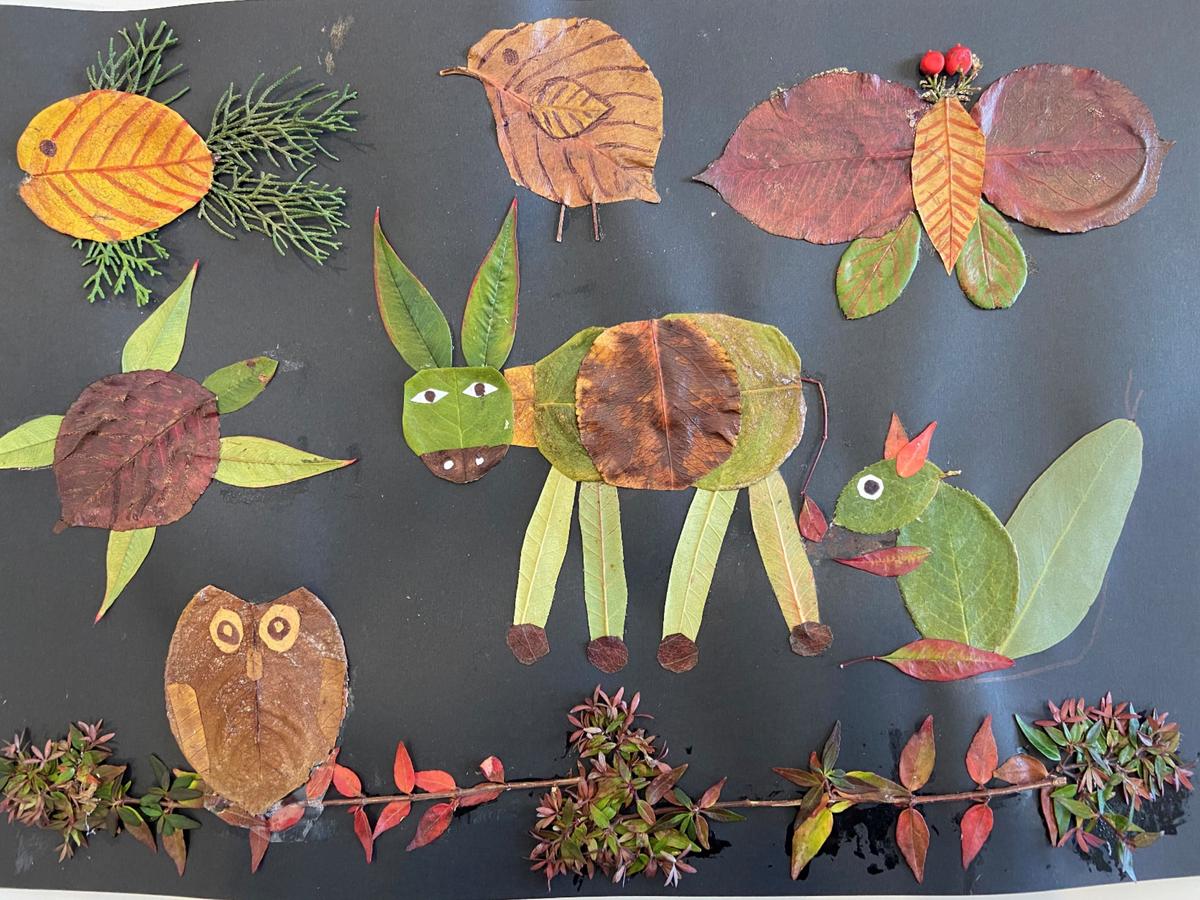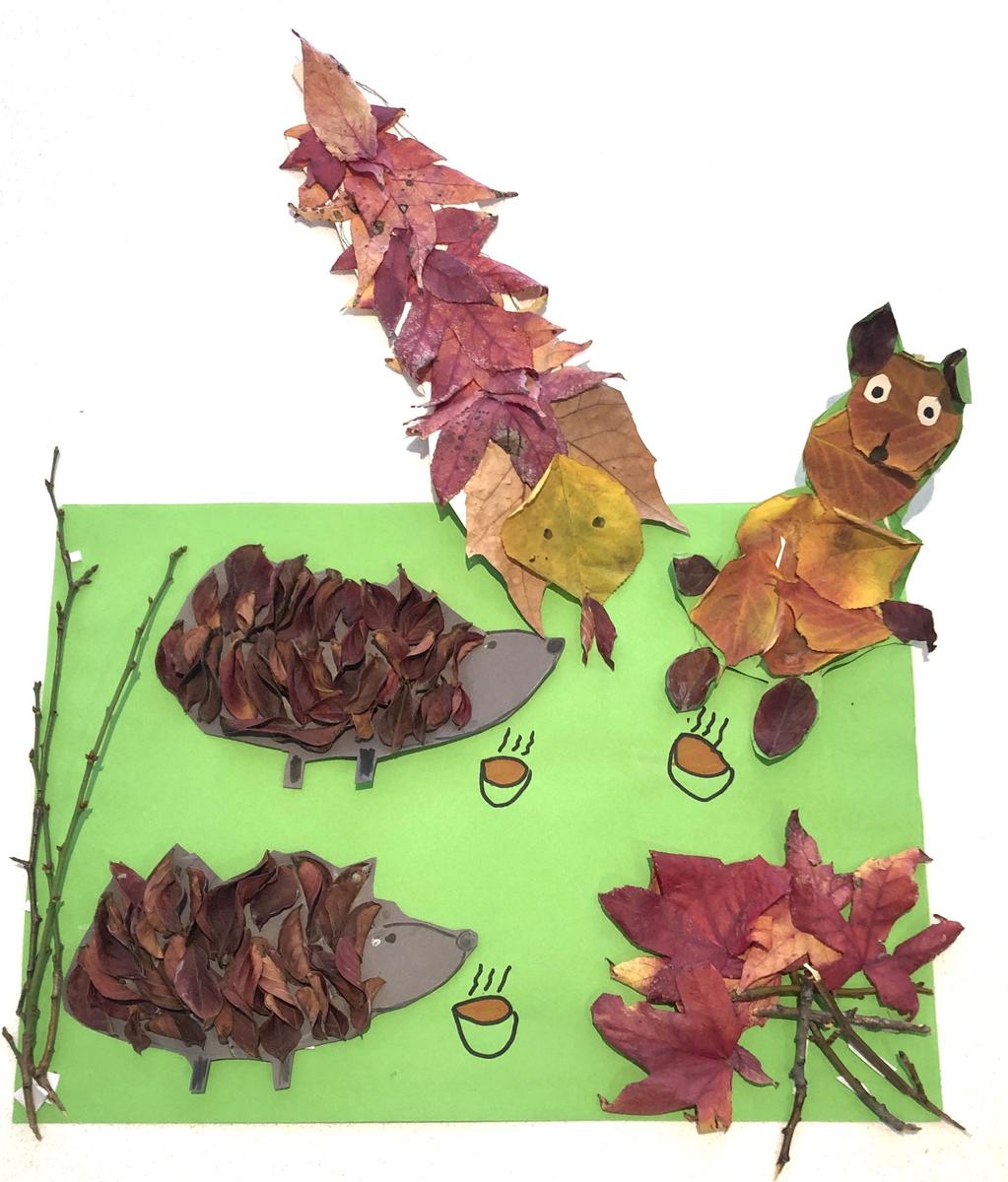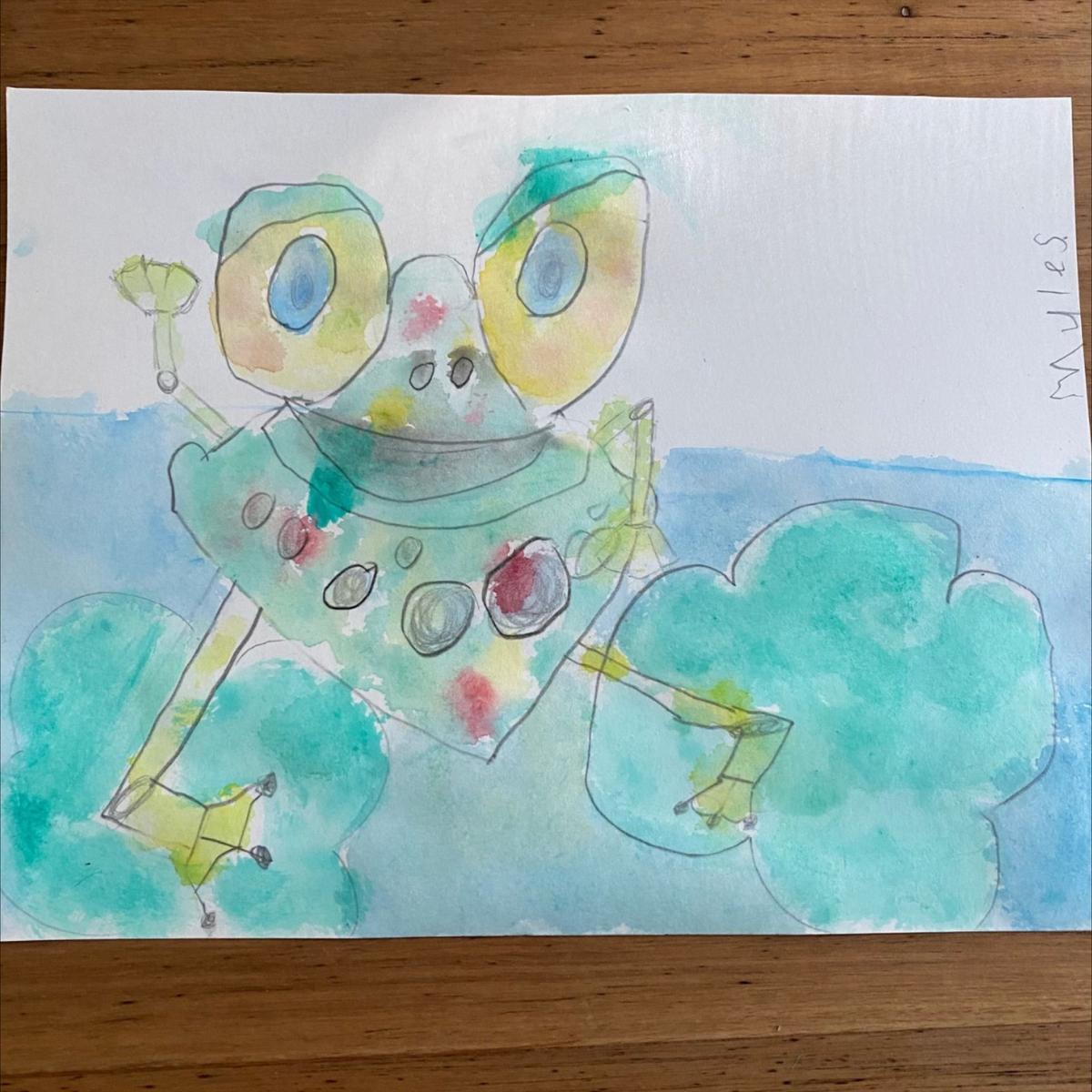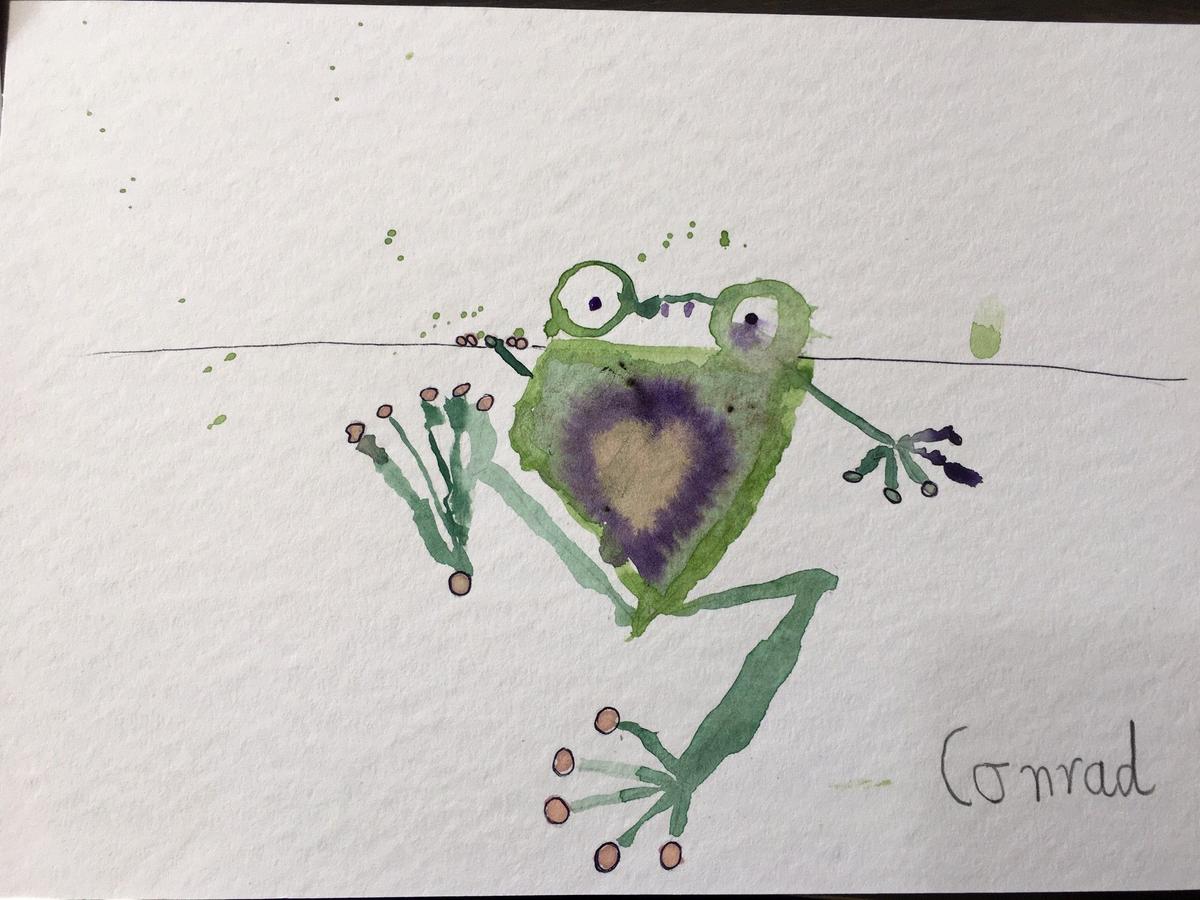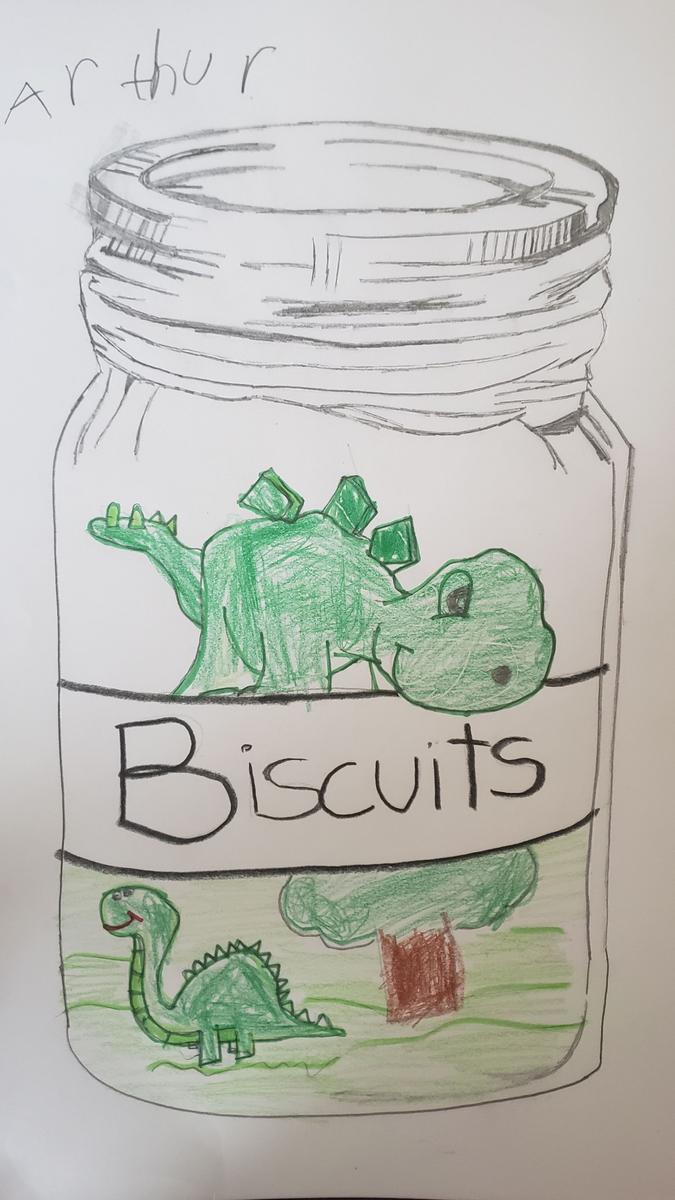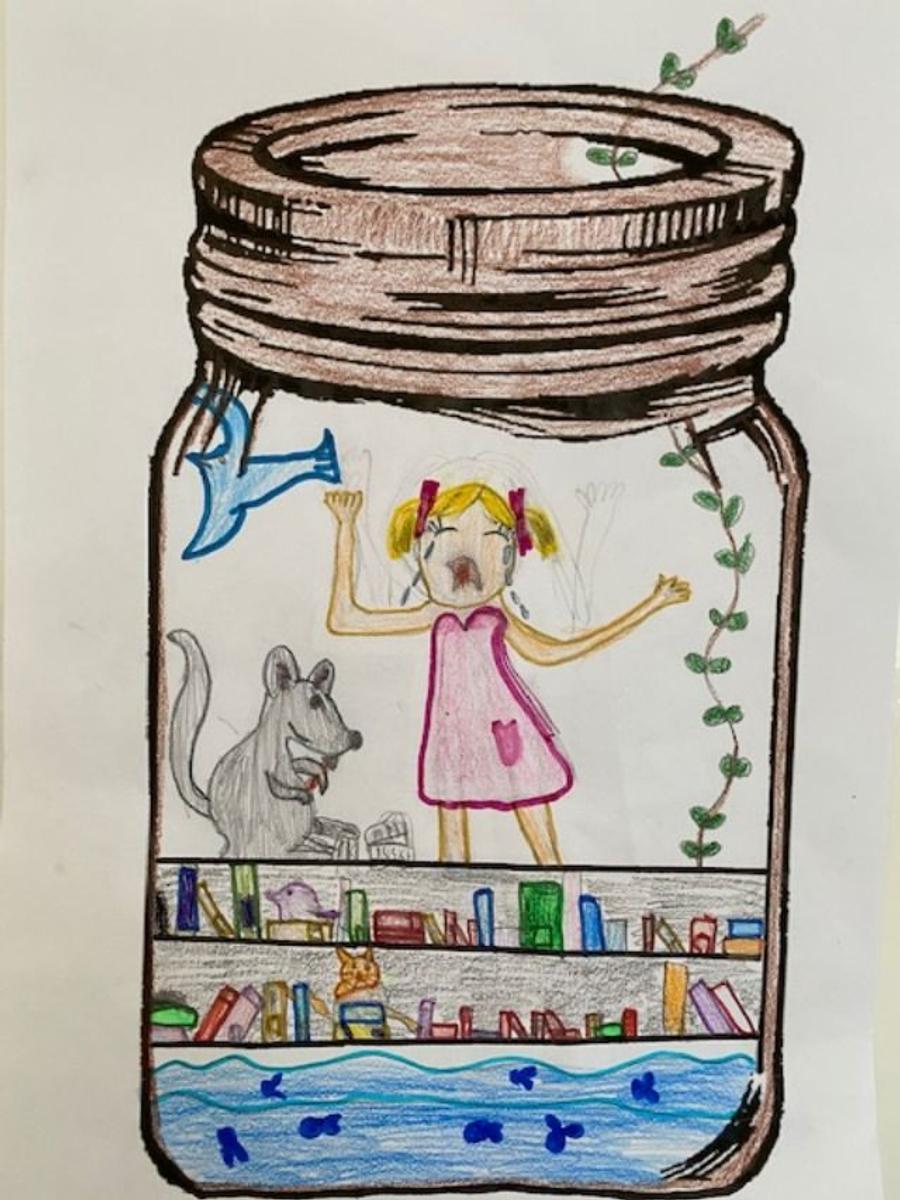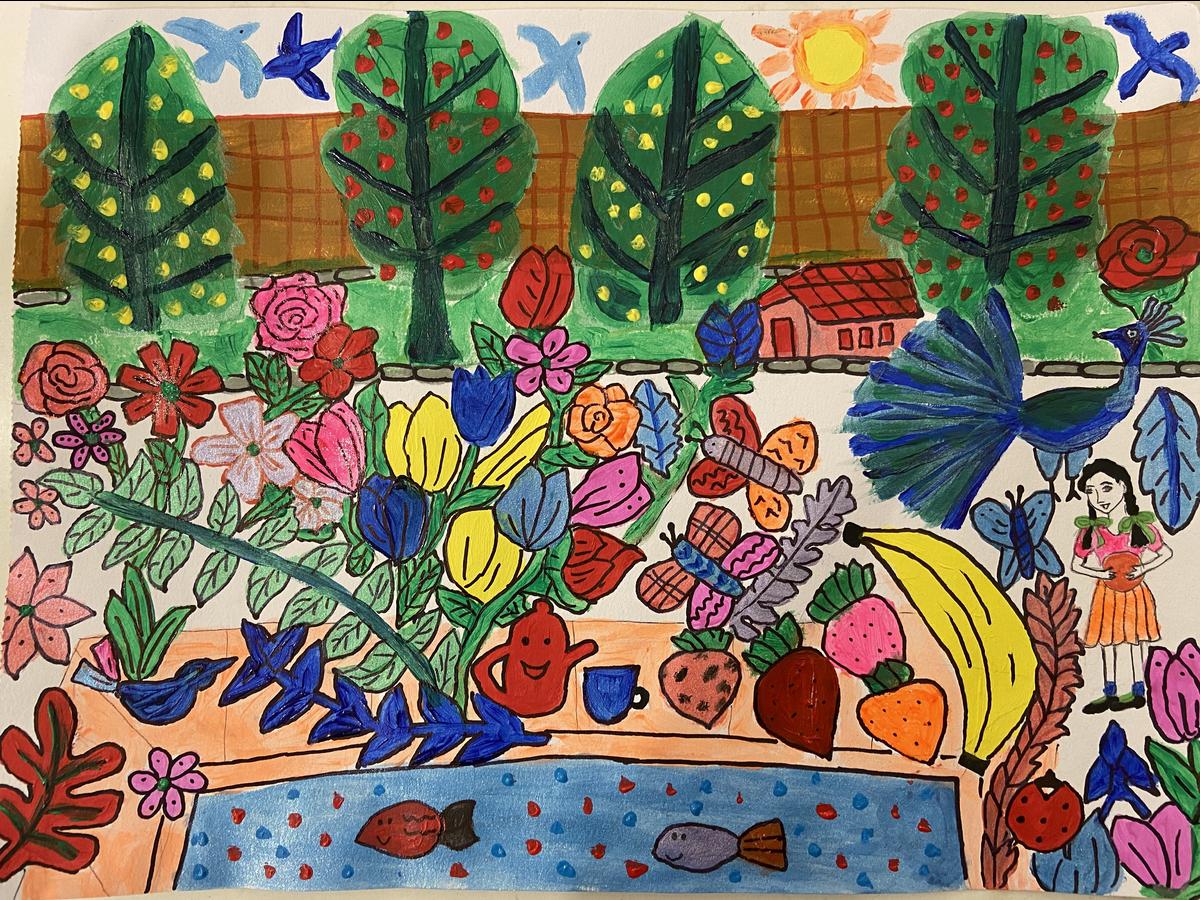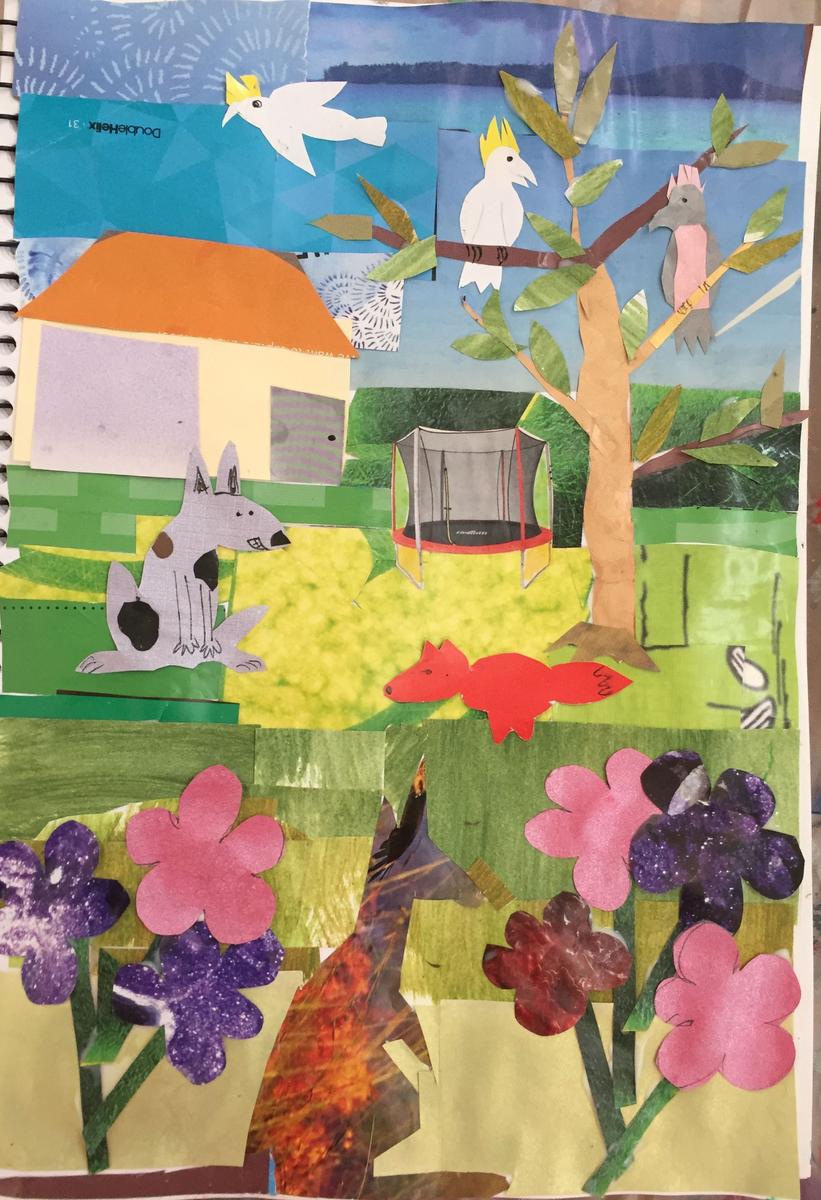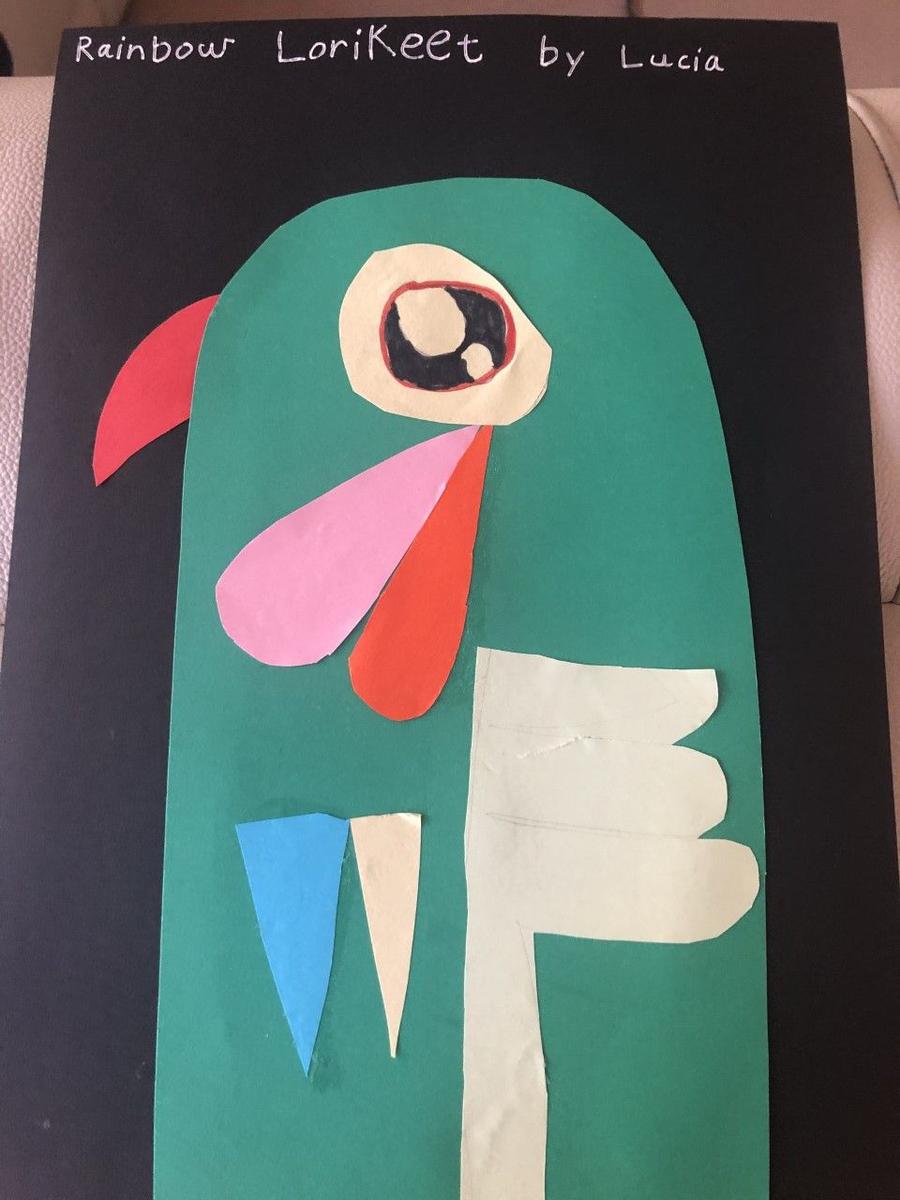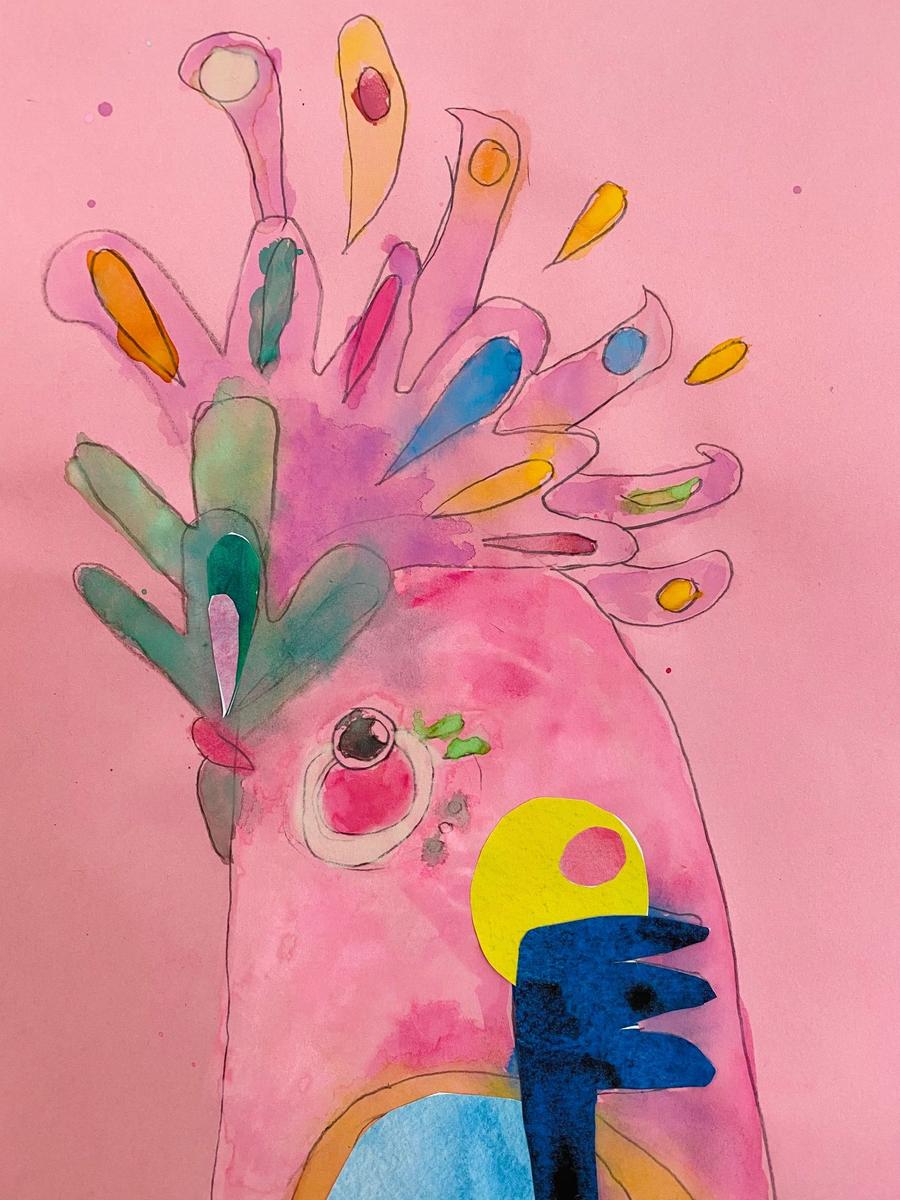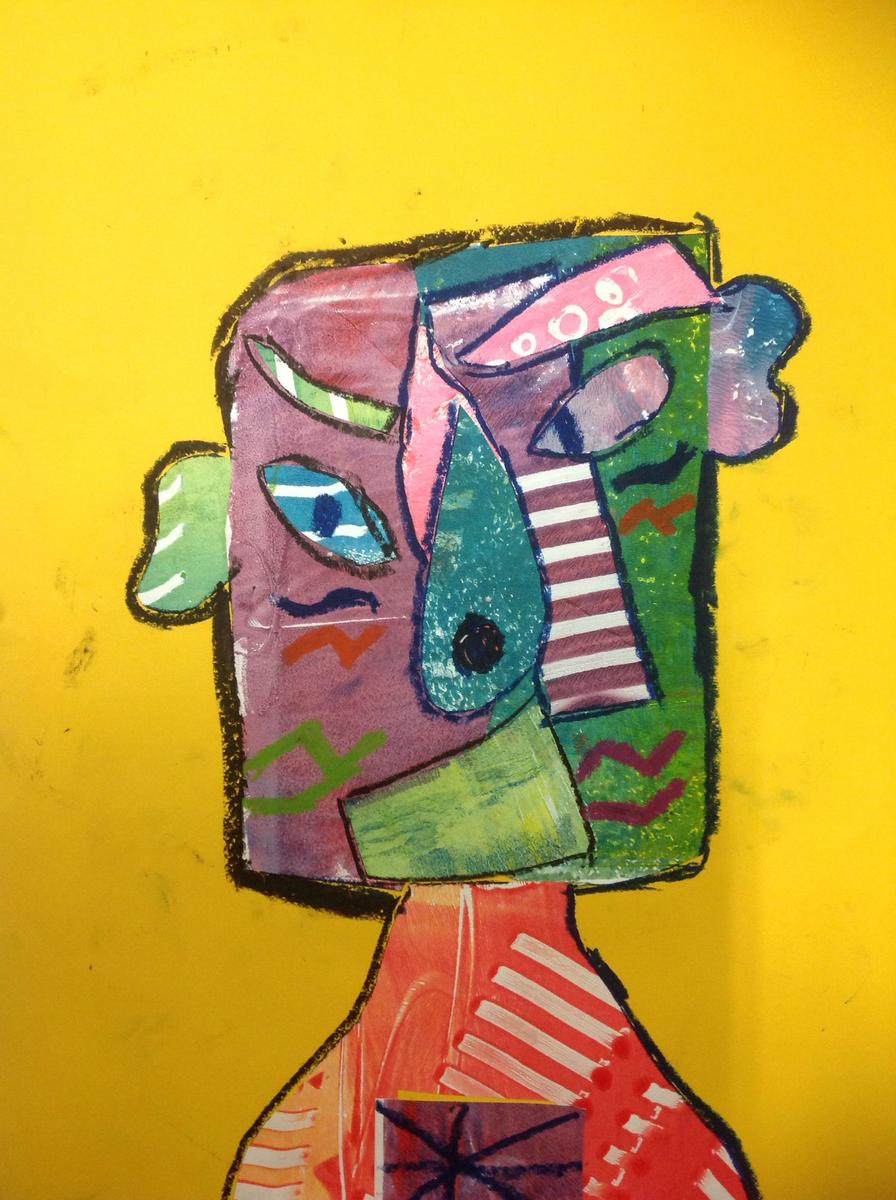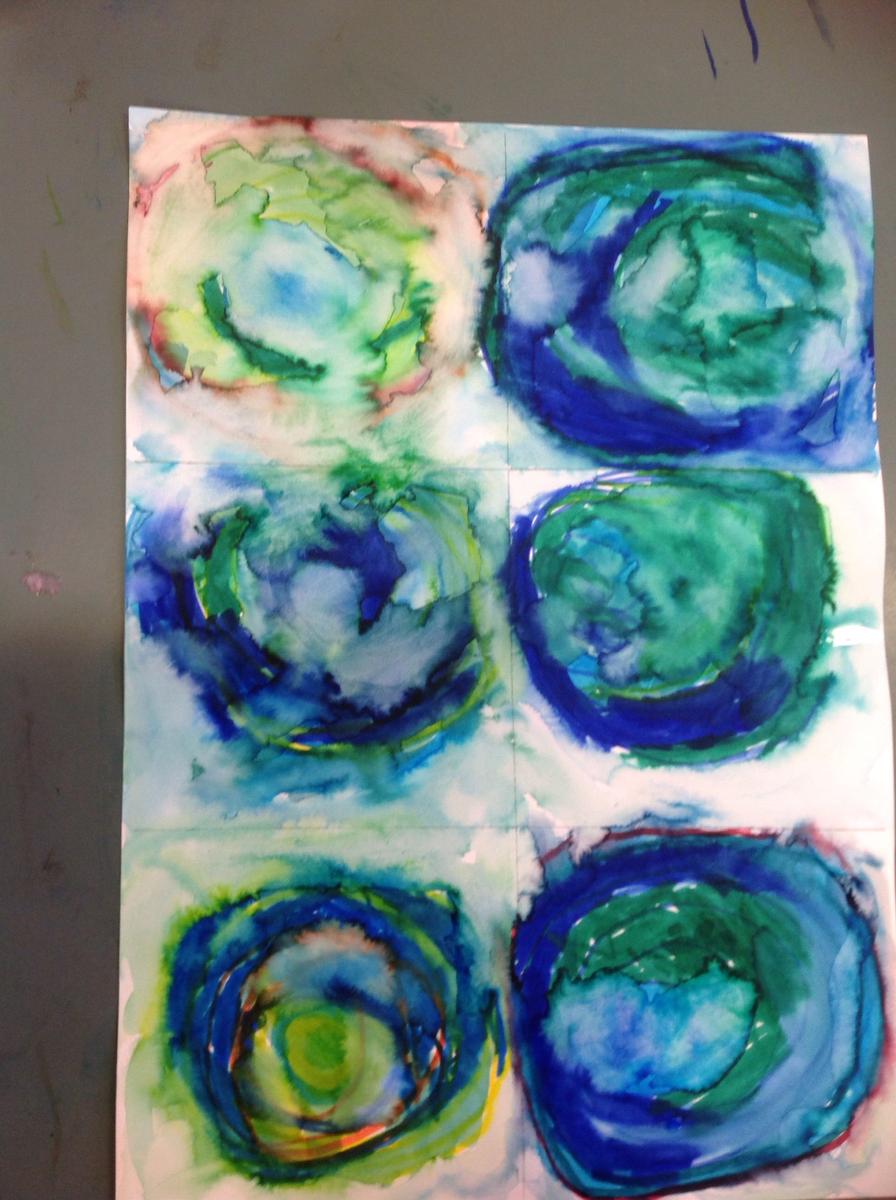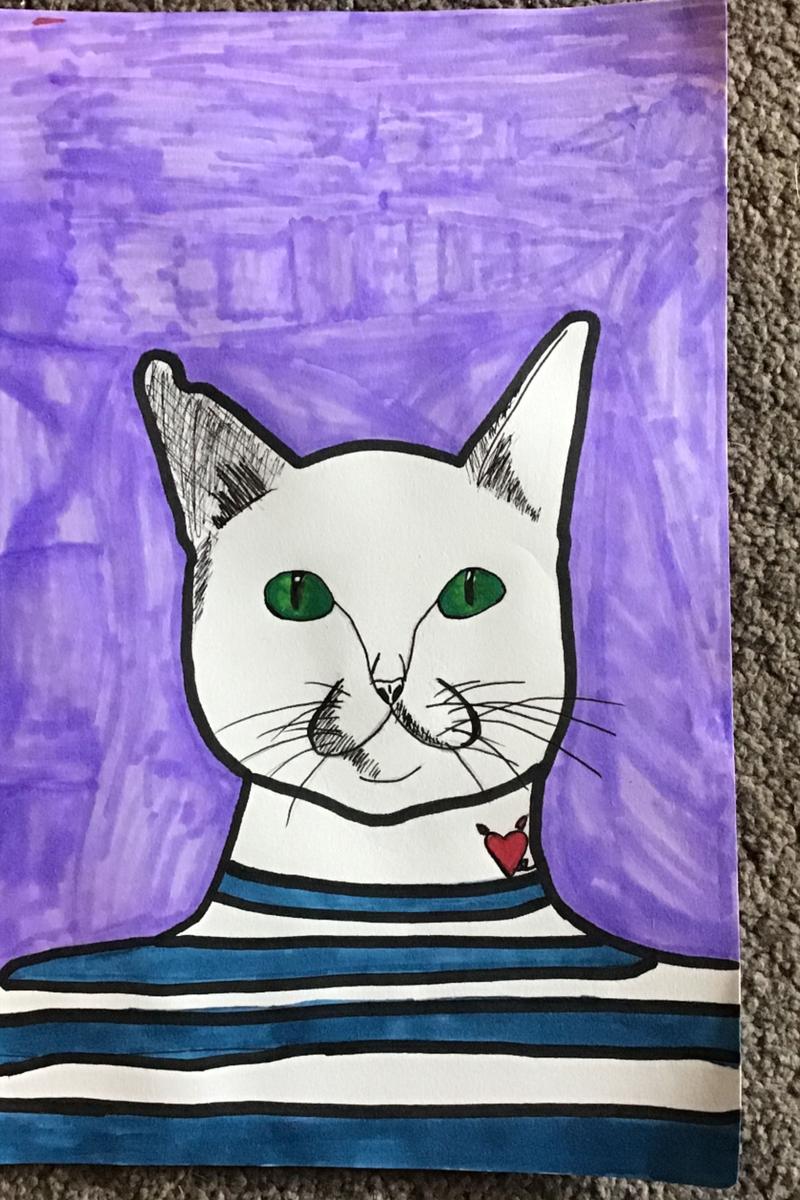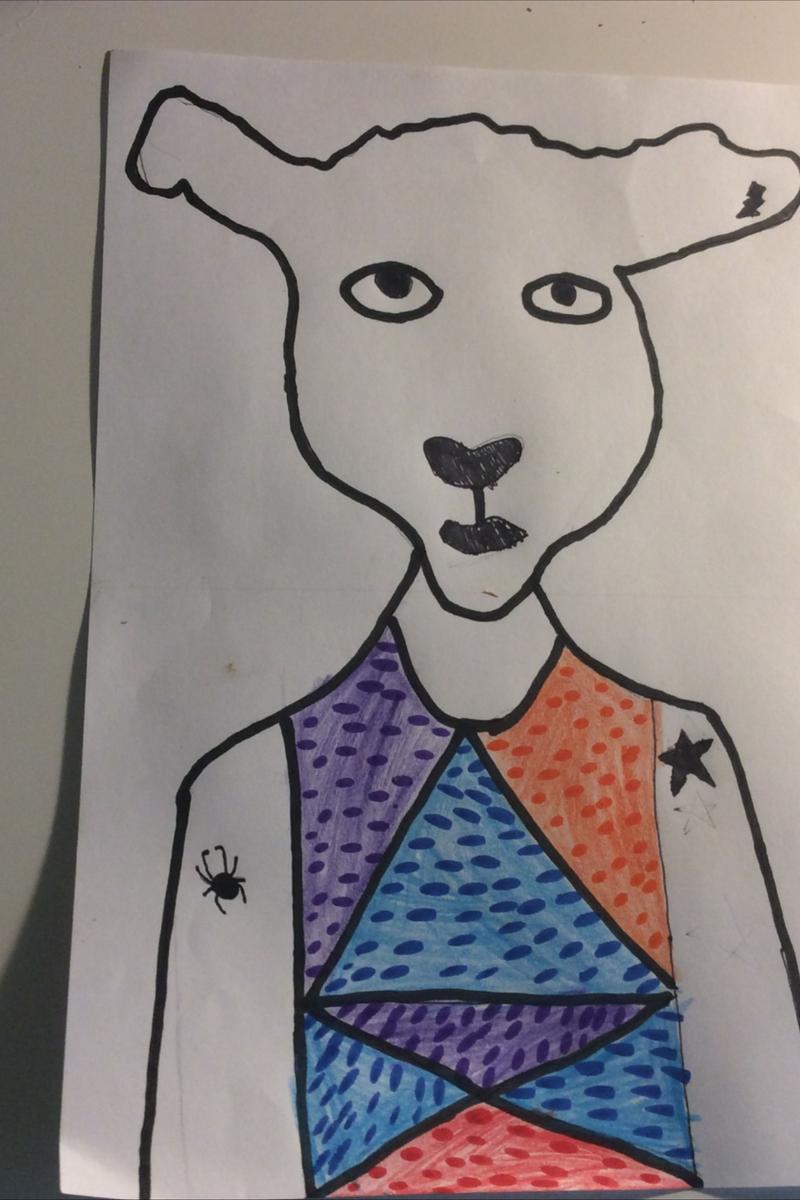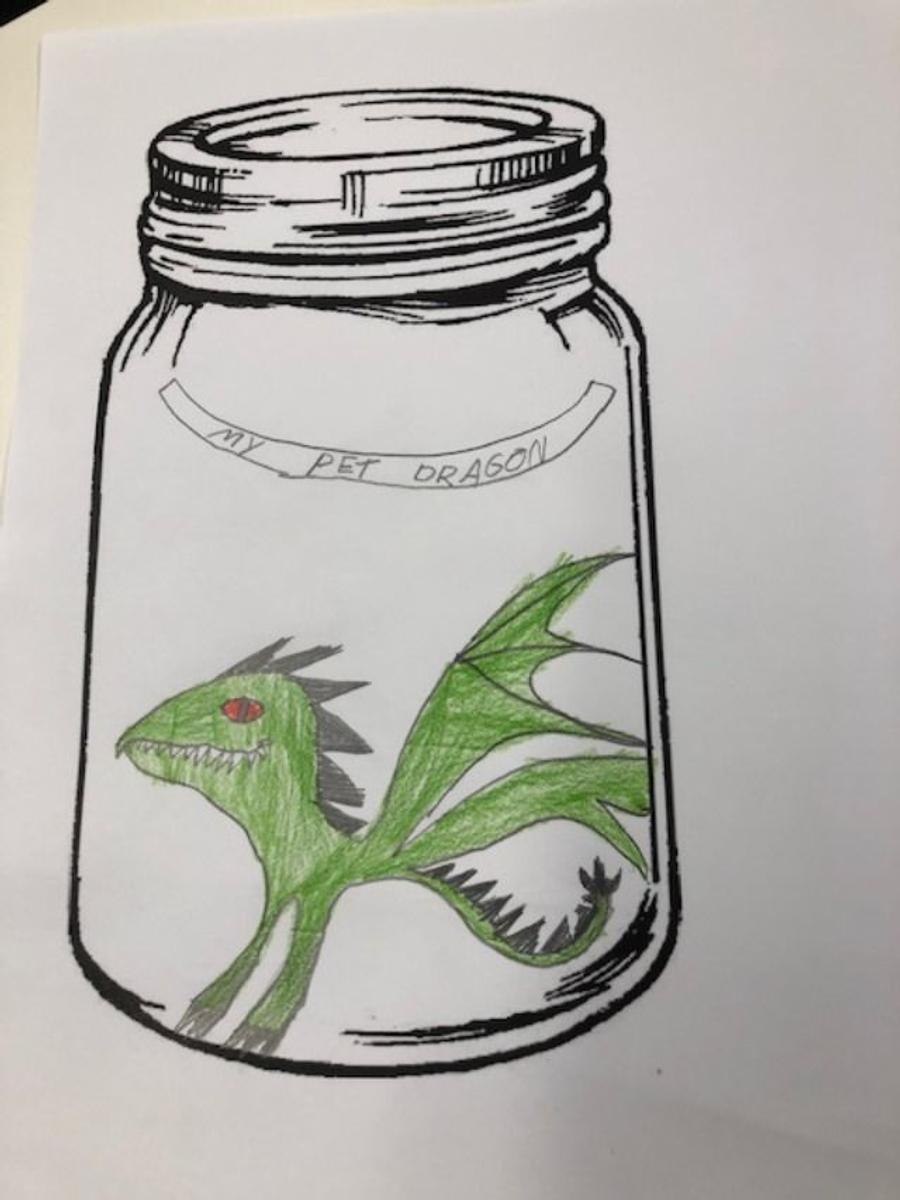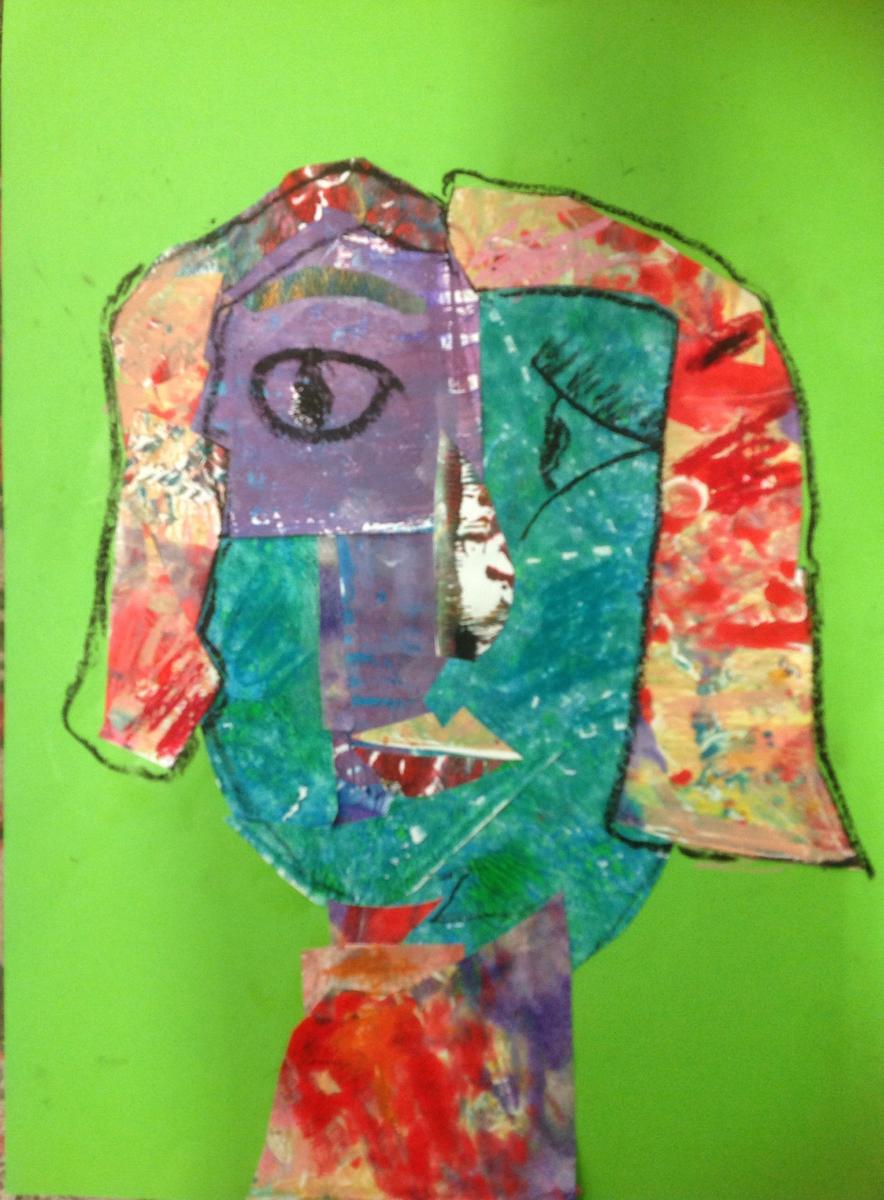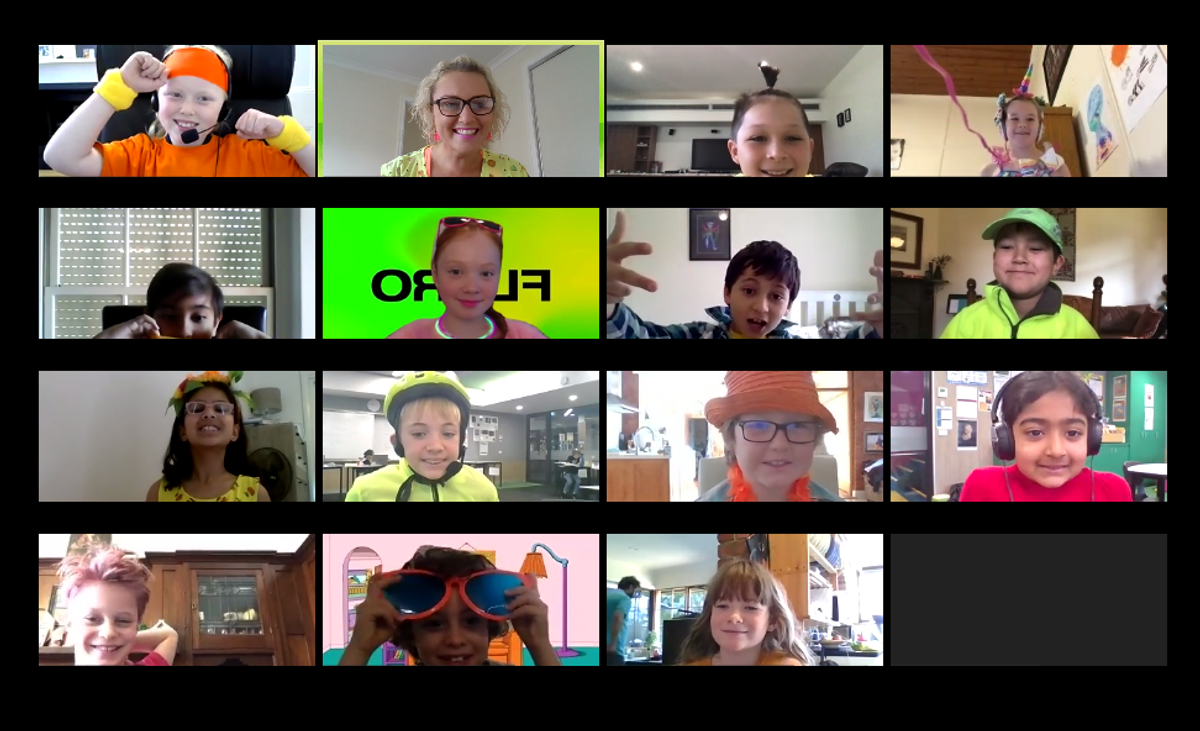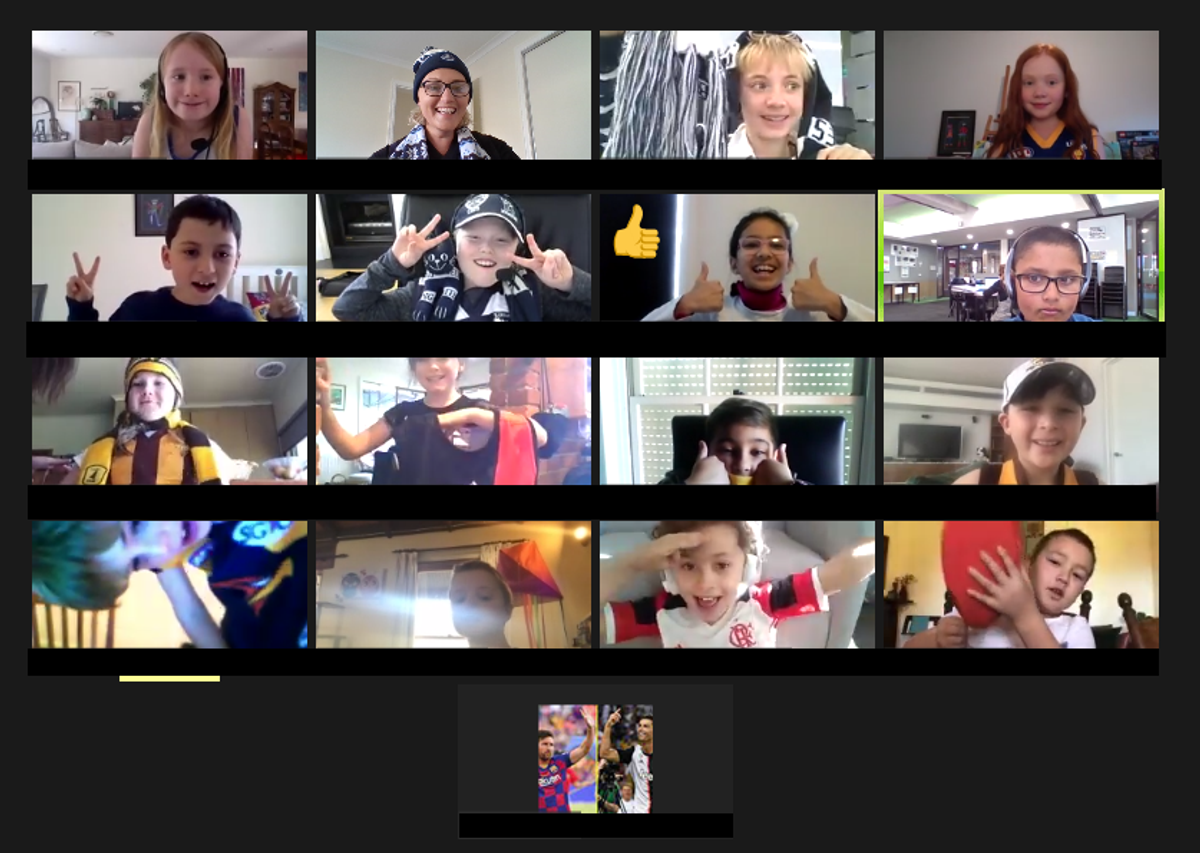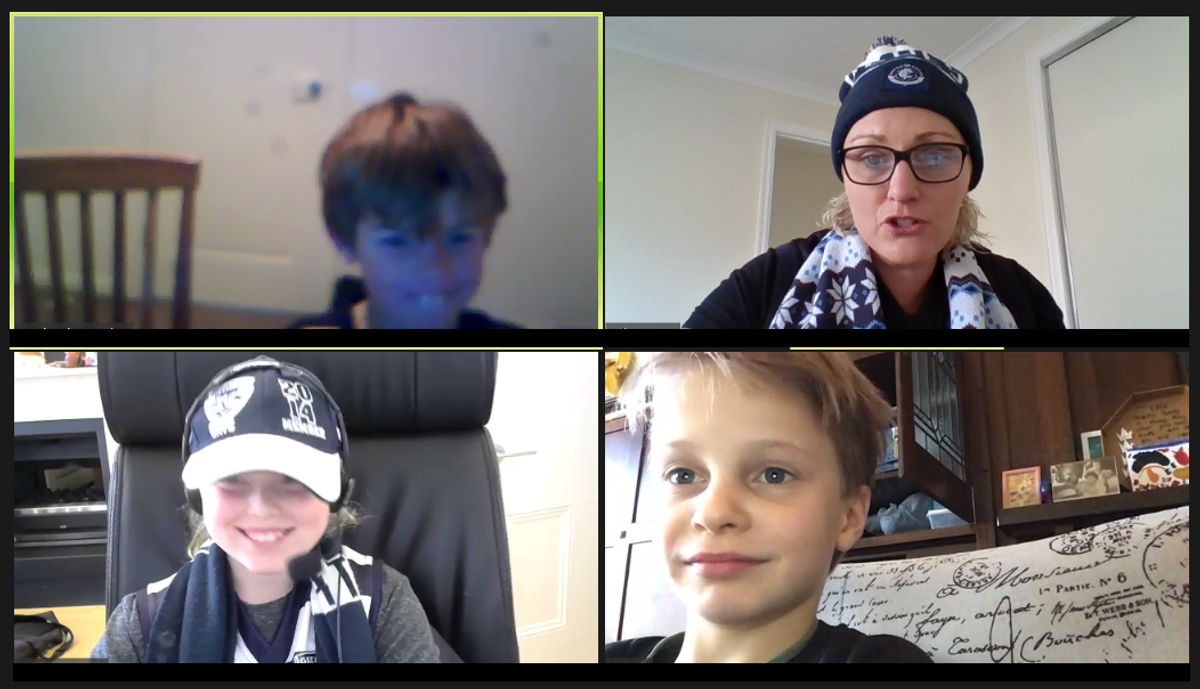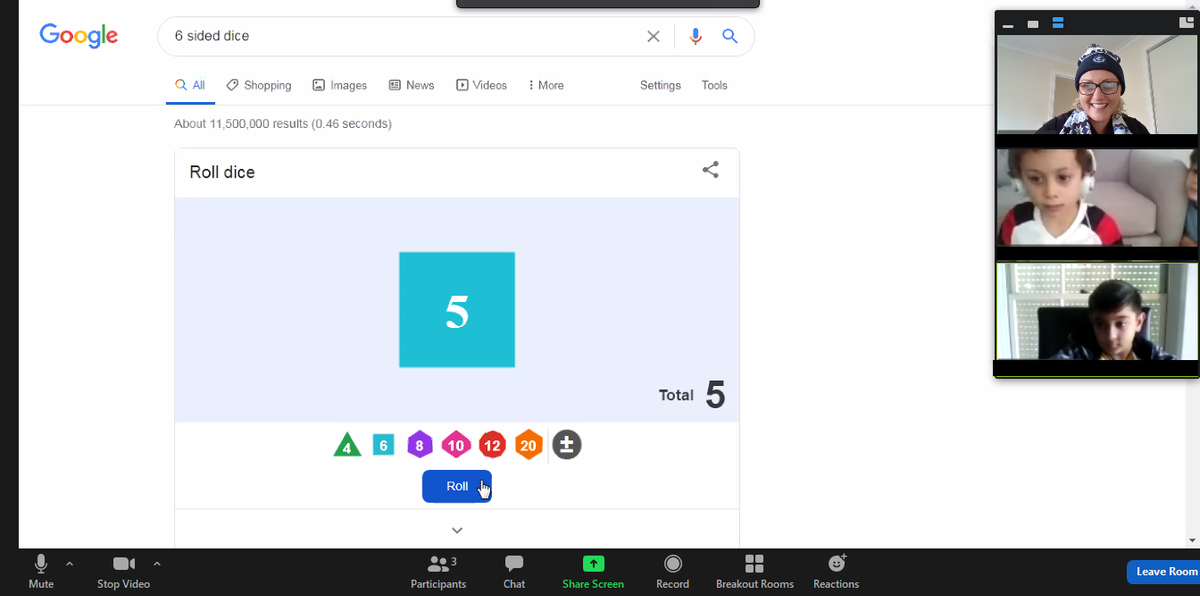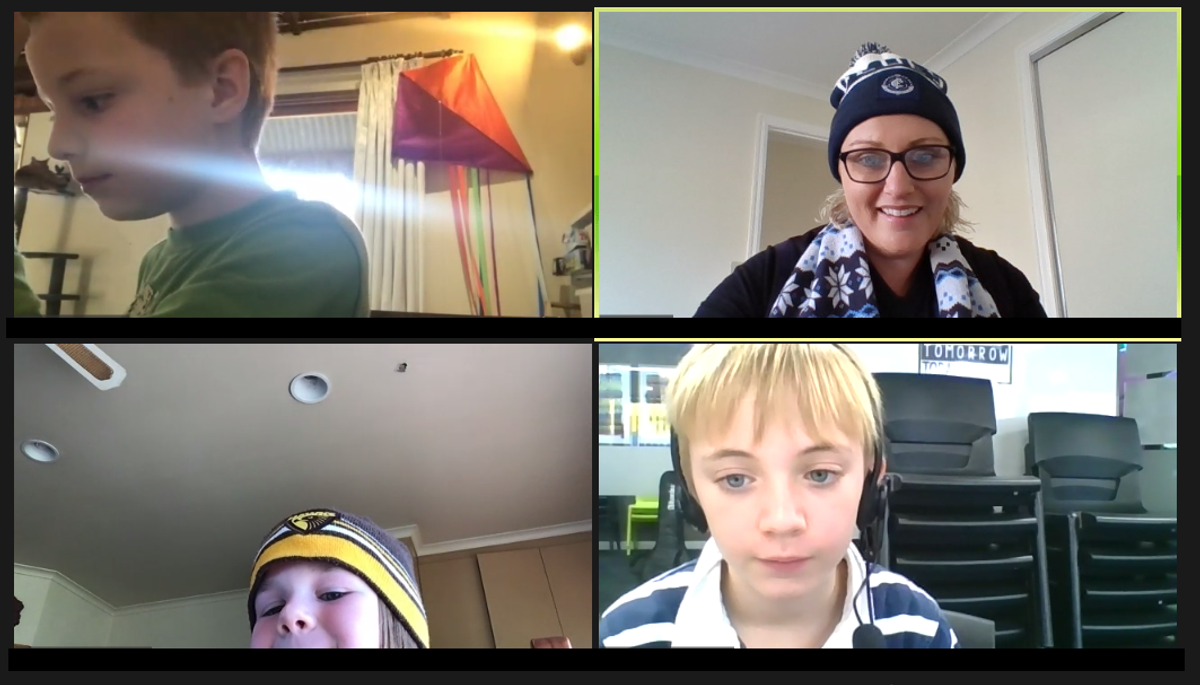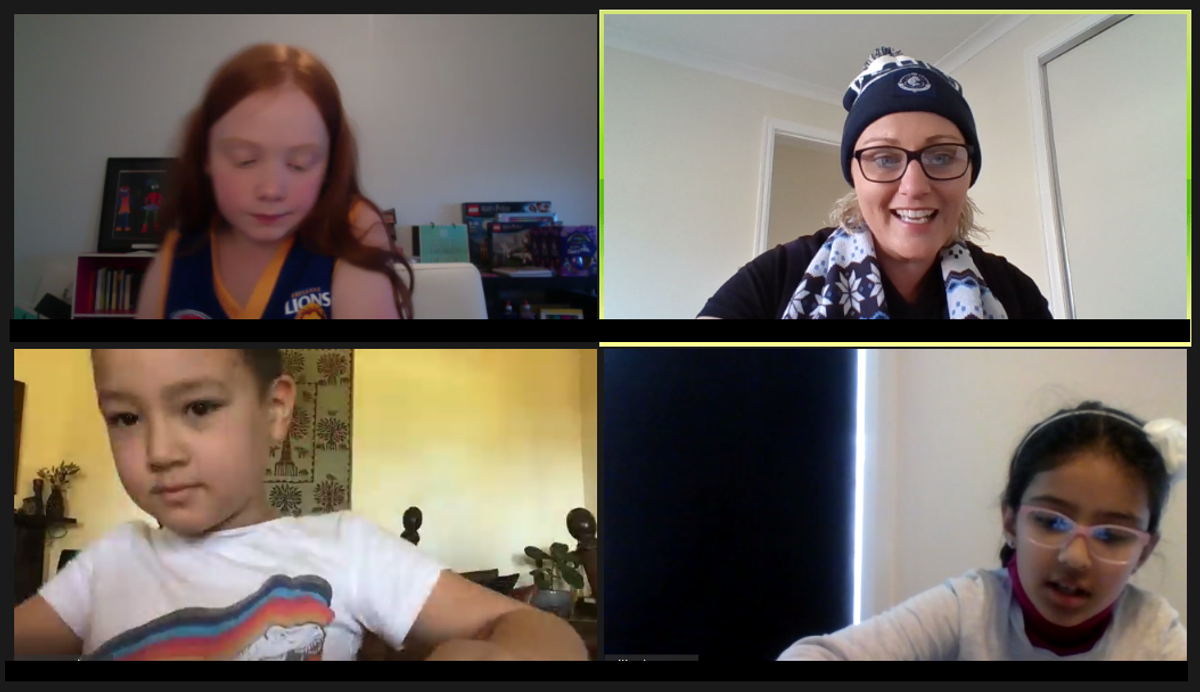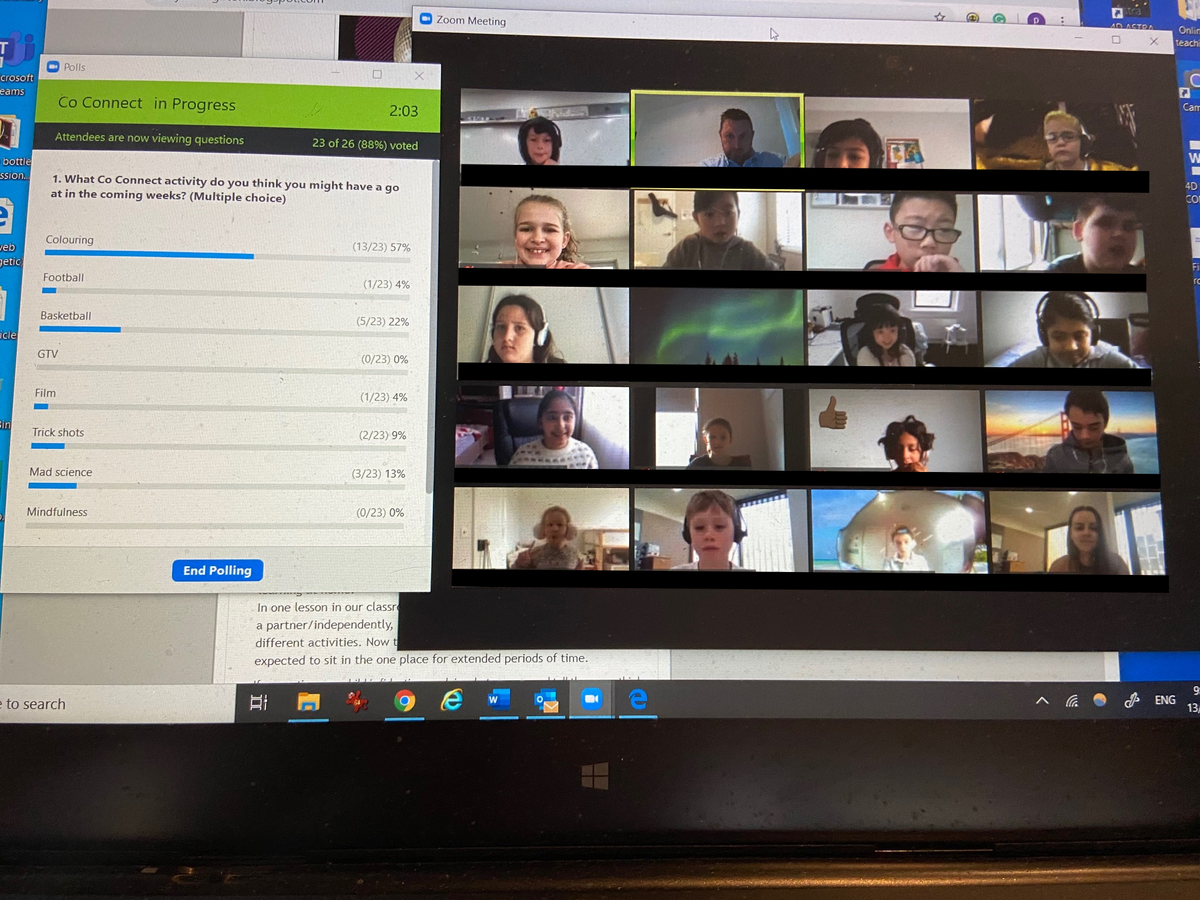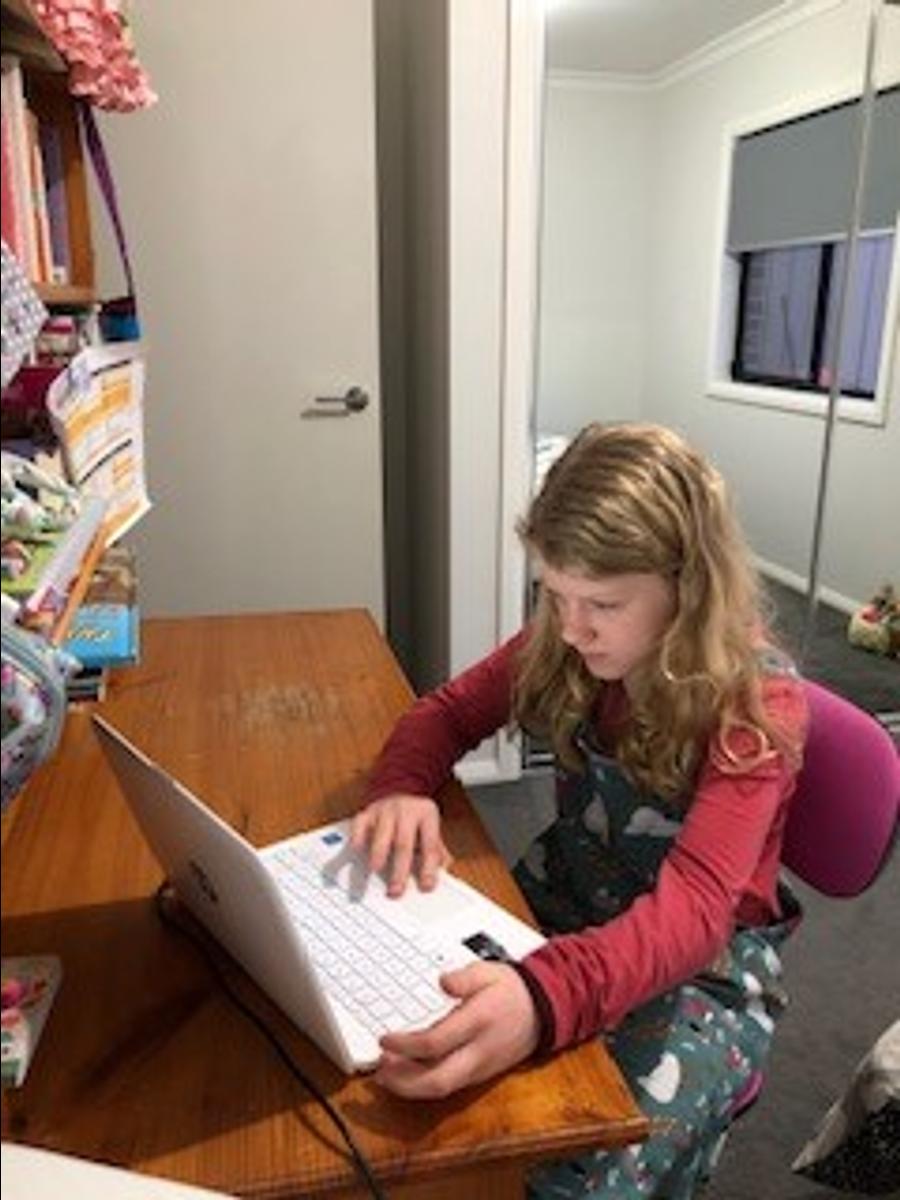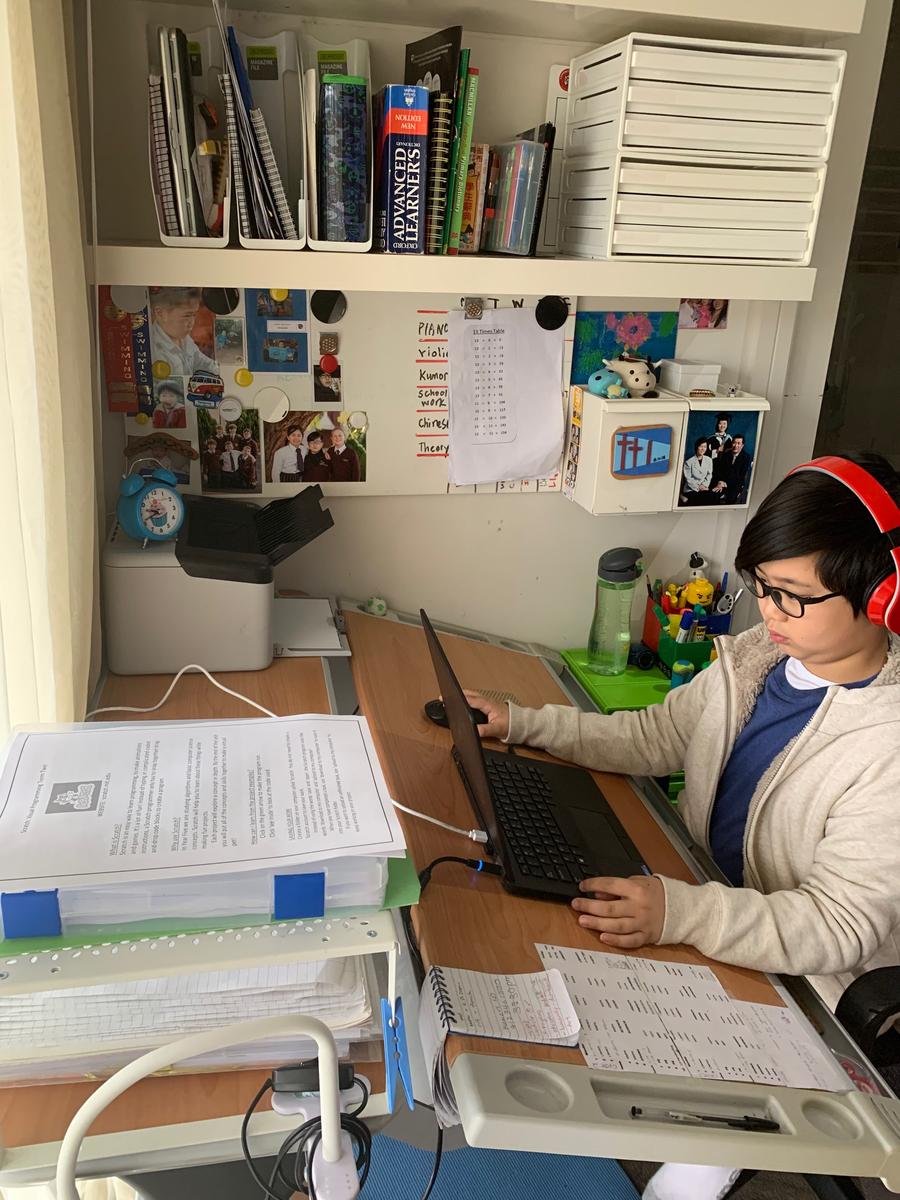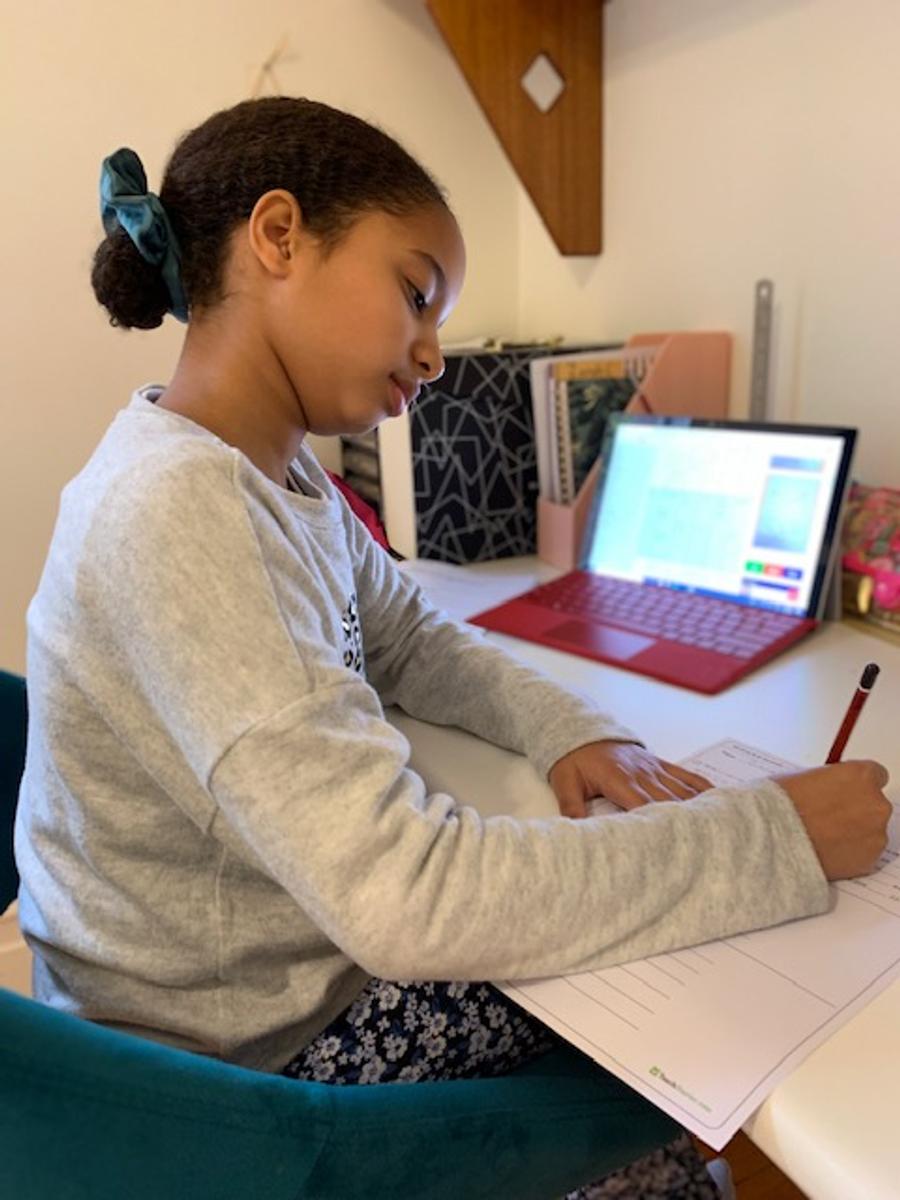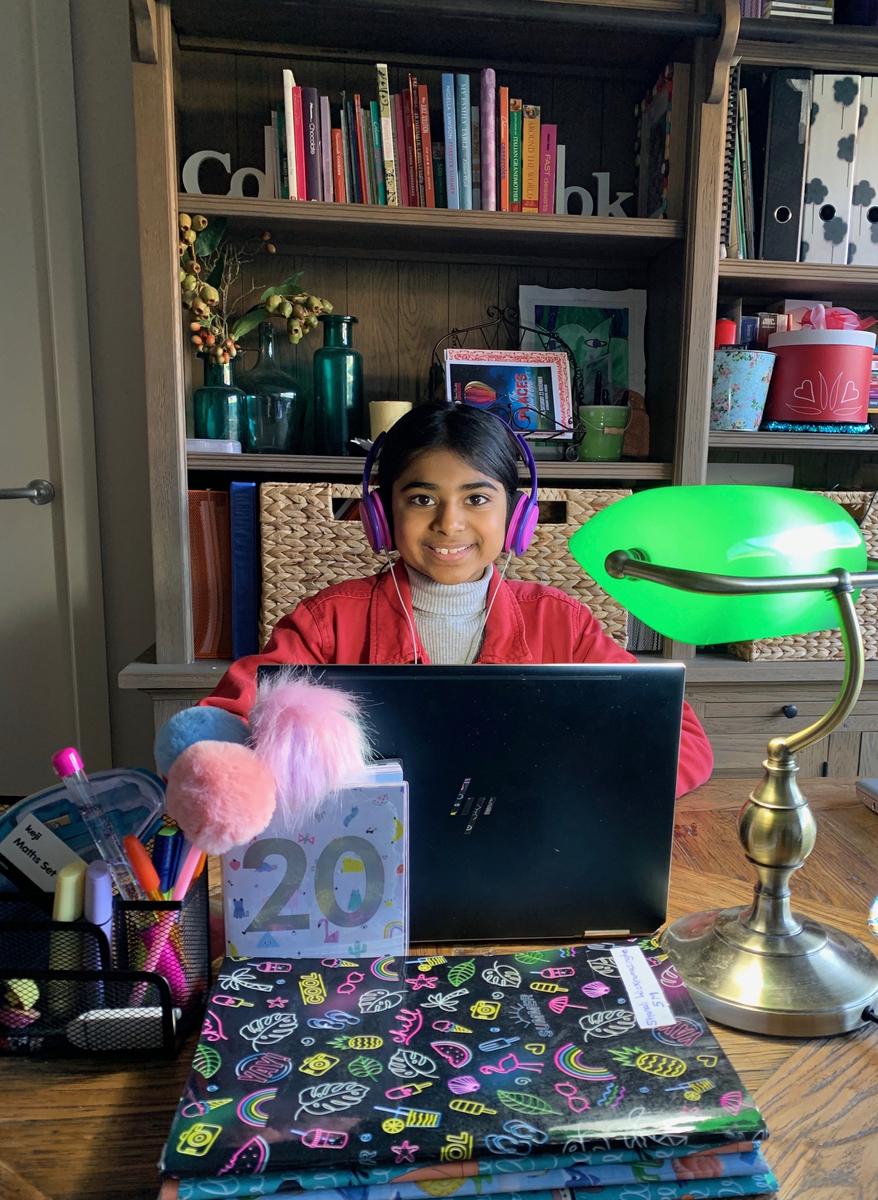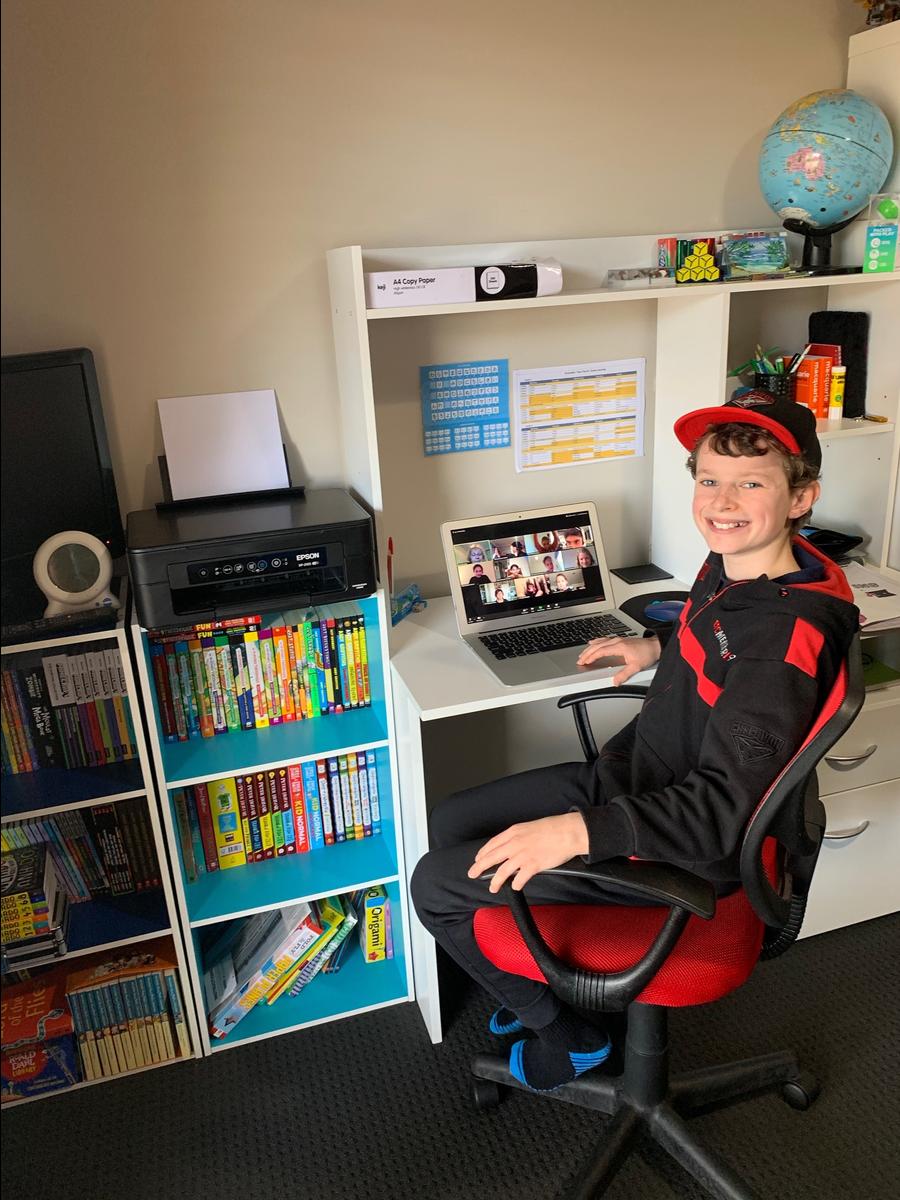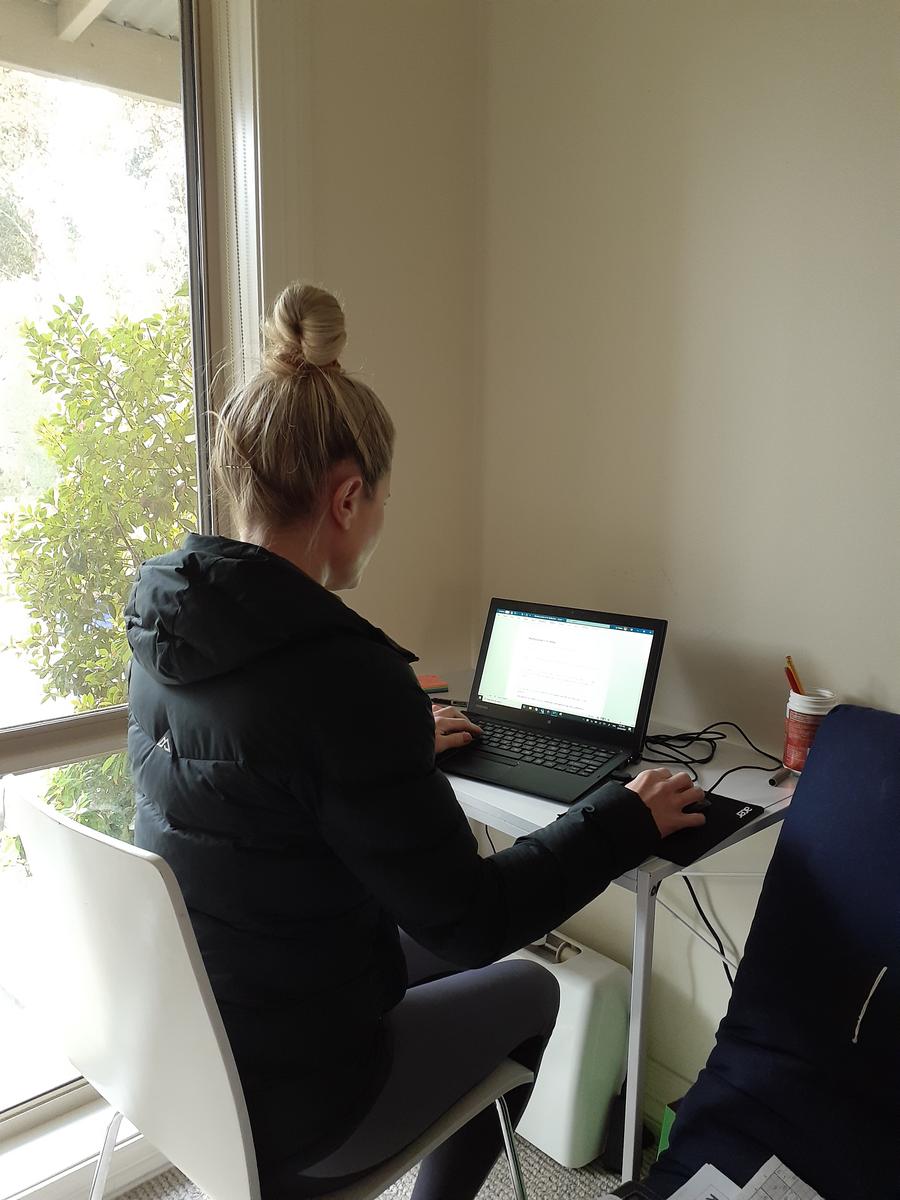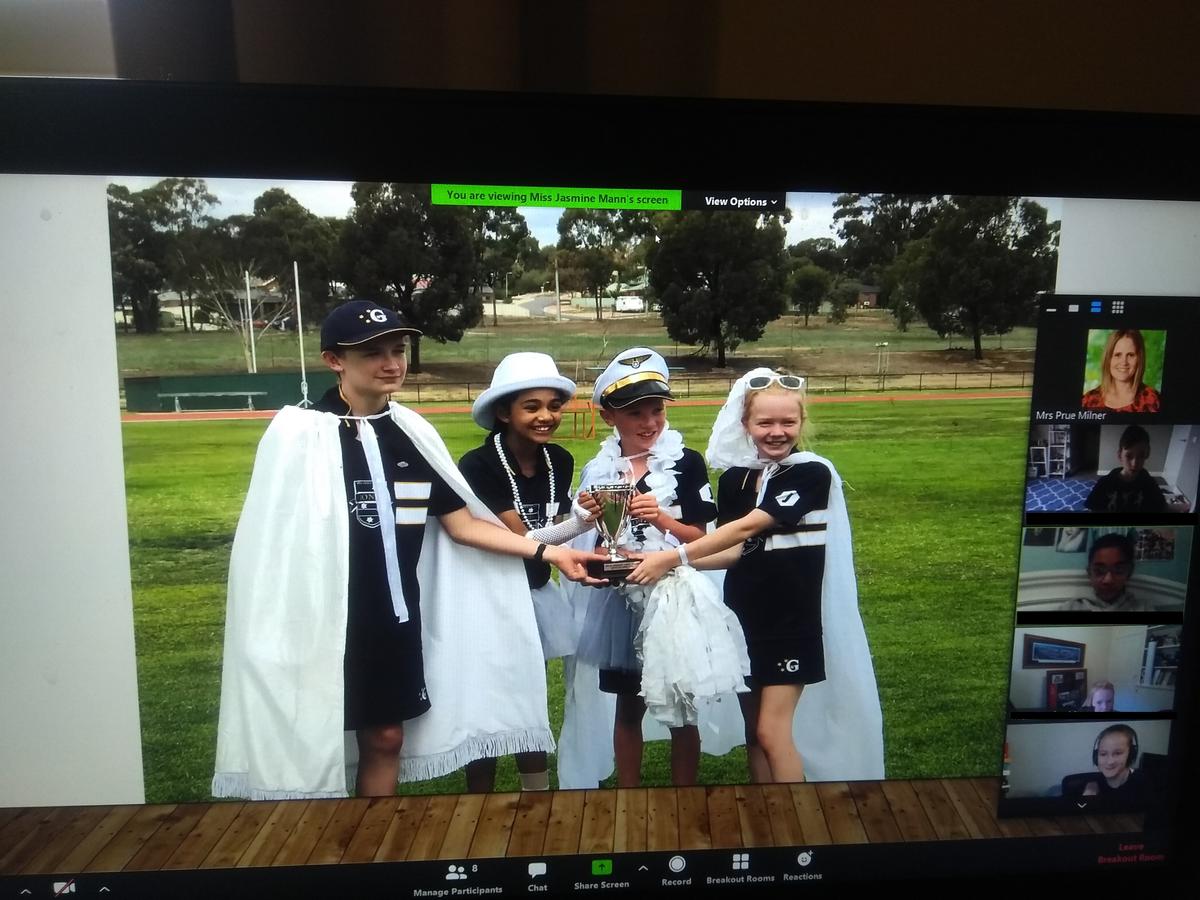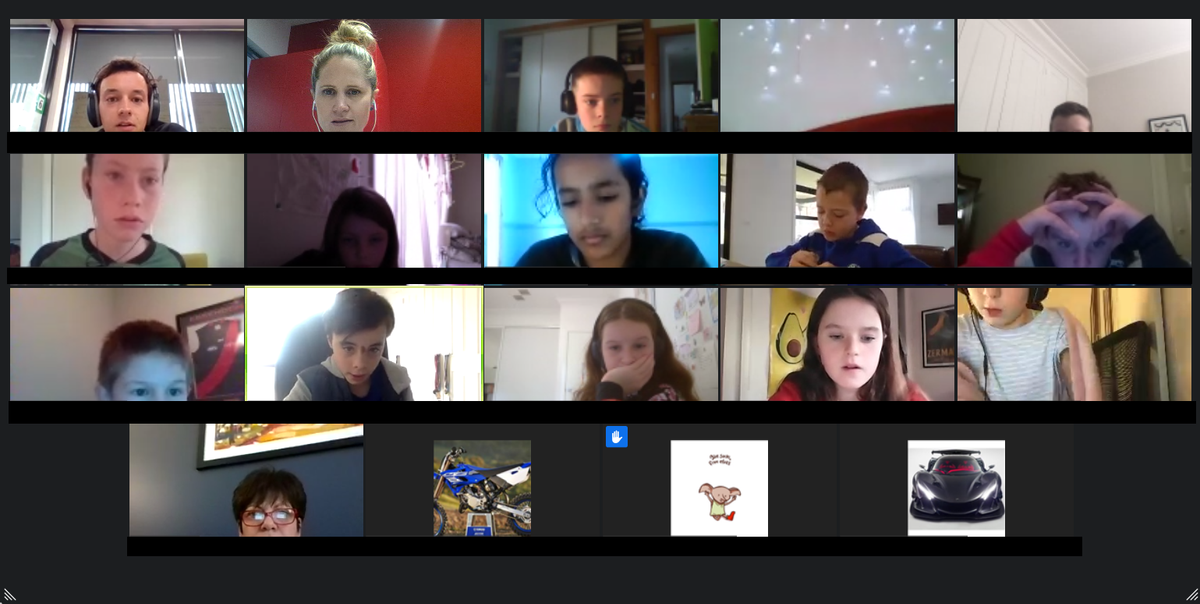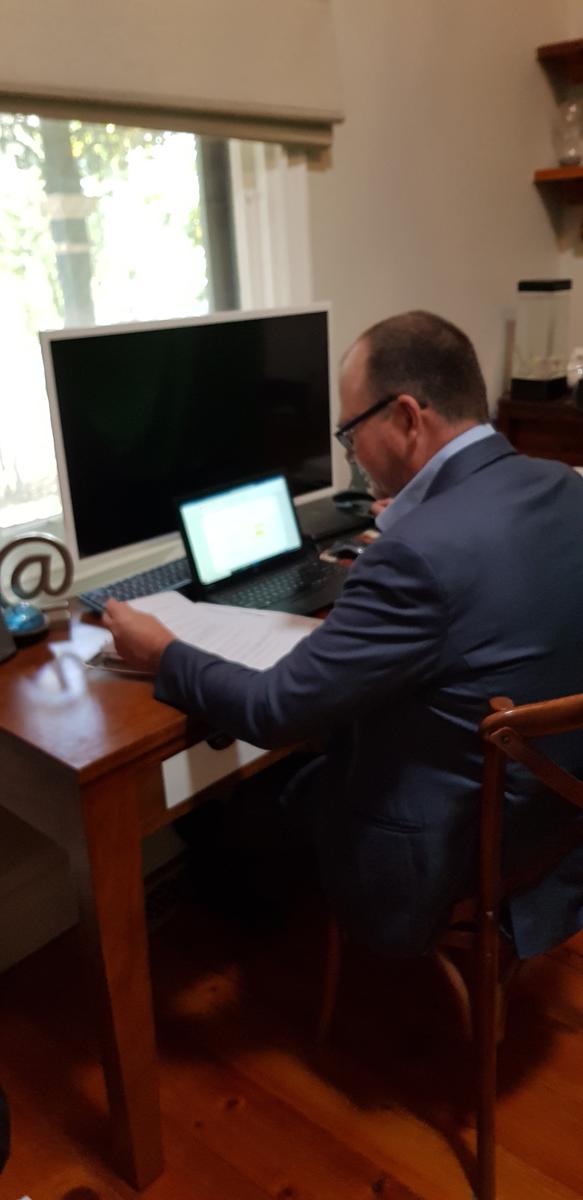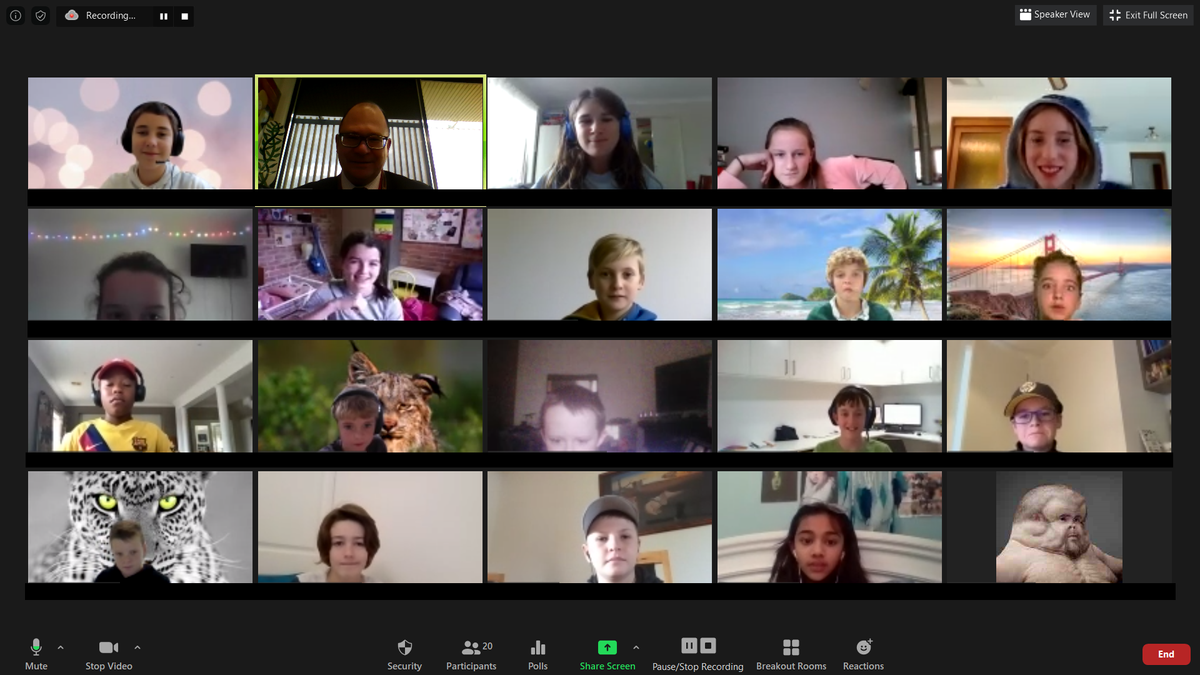Junior School News
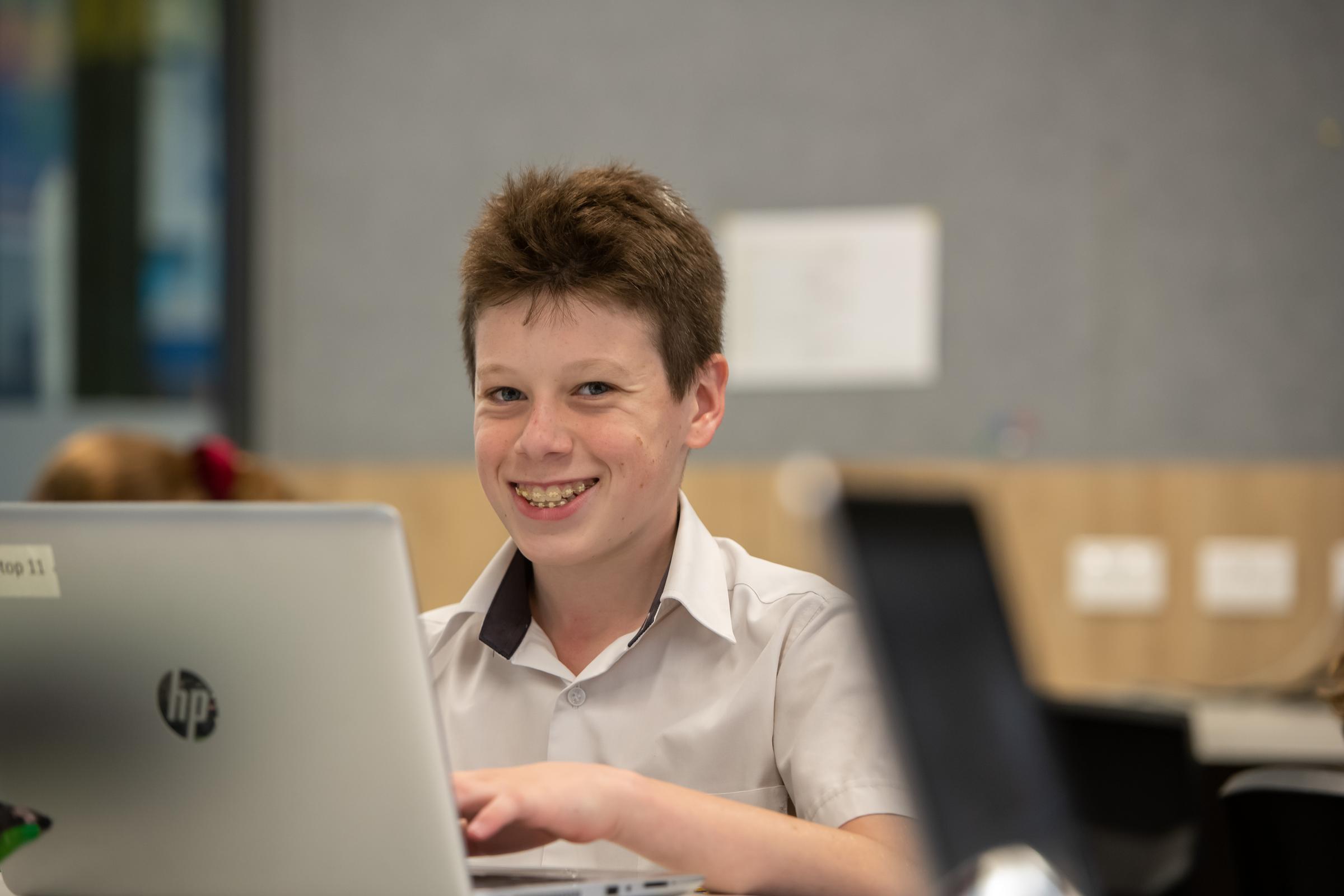
From the Head of Junior School
We are very happy to be able to welcome some of our students back into the Junior School next week and that we have a plan for the return of the remainder of our students after that. We recognise that the first half of Term 2 has been one like no other. The way that our students, parents and teachers have adapted to the different way of learning has been nothing short of amazing but we are very much looking forward to seeing our students again back at school and learning in their respective classes. For our Preparatory to Year 2 students this will commence next week. For our Year 3 to 6 students it will be another fortnight before we can welcome them back. Further details regarding our Year 3 to 6 return will be provided in Week 8.
While it will be great to have our students back on site, things will be quite different in the short term. In line with the advice provided by the Victorian State Government’s Return to School Operations Guide we have taken steps to minimise the number of adults on campus and around the school at the beginning and end of the school day by asking that parents do not enter the school grounds and that parents do not congregate around the drop off and pick up points during this phase of our return to school. Parents who must come on site for essential business are asked to arrange a time outside of the normal drop off and pick up times and report to Junior School Reception. Parents are not to attend classrooms or other areas of the school.
The measures that we have put in place, while not ideal in terms of being able to return to our normal school atmosphere, are necessary to ensure that we do our part to keep our community safe and minimise potential transmission of the COVID-19 virus. We know that these will be short term measures and very much look forward to the time when we can welcome our whole school community back on site without restriction.
Some information to remember for Monday’s return to school
- All students in attendance at school are to be in winter uniform from Monday 25th May
- Students are to be dropped off at their allocated entrance between 8:15am – 8:45am and collected promptly at the end of the day
- Preparatory students – Vine Street entrance. Collection time is 3:00pm.
- Year One students – top Mackenzie gate (Greenland), on the crest of the hill. Collection time is 3:00pm.
- Year Two students – Thomas Block Courtyard, just down from the double gates. Collection time is 3:15pm.
- Year Three to Six students who need to be at school - top Mackenzie gate (Greenland), on the crest of the hill. Collection time is 3:15pm.
- Camp Australia are running After School Care. Bookings can be made through the Camp Australia portal HERE.
- Please remember, in the interest of keeping everyone safe, if students are showing flu-like symptoms, including a cough, please keep them home
Mr Donald Thompson
Head of Junior School
Exercise & Positive Mental Health
This year has been like no other that we have seen in modern times. As a nation we have had to band together and do our best to overcome adversity. We witnessed amasing acts of bravery and courage when our beloved country was being engulfed by fires. Within a short space of time, our worlds were turned upside down again, this time by a deadly virus that has completely changed the World as we know it. Catastrophes and devastation like this are horrendous. It can be extremely hard to stay positive and not allow our mood and feelings to become negative. So much is happening that is out of our control with current events creating feelings such as fear, uncertainty, anger, helplessness and hopelessness. However, there are many things we can implement into our lives to help us cope and remain positive. As a Physical Educator and advocate of positive mental health & wellbeing, the one thing I recommend more than ever is to keep moving.
It is no secret that exercise is for great your physical health. But you might be surprised by how good exercise is for your mental health. People who exercise regularly tend to do so because it gives them an enormous sense of well-being. You feel more energetic throughout the day, sleep better at night, have a sharper memory and a clarity of mind. Healthy levels of exercise are a powerful medicine for many common mental health challenges.
When you exercise, your heart rate increases to circulate more oxygen (via the blood) at a quicker pace. The more exercise you do at healthy levels, the more efficient the heart becomes at this process. Exercise also triggers a surge of ‘feel good’ chemical messengers in the brain called neurotransmitters. Serotonin and endorphins are two examples of these feel good neurotransmitters. Serotonin controls your mood and is responsible for happiness. It helps regulate when you sleep and wake, helps you think, and it helps maintain your mood. Endorphins are similar and help trigger a positive feeling in the body. For example, the feeling that follows a decent run is often described as "euphoric." That feeling, known as a "runner's high," can be accompanied by a positive and energizing outlook on life.
Now, you don’t have to go out and become a runner or be the next super athlete. Quite the opposite actually!! Find an activity that YOU like and one you can stick to. Here a few tips to help get you started:
- Find your reason for doing: you are more likely to stick with a new behaviour if it is linked to something you really value in life. Ask yourself, “why will exercise make my life better in a meaningful way?” It might be to help you deal with negative thoughts, it might help your body feel stronger or you may want to improve your general health for a longer life.
- Start small: Just add five per cent to what you’re currently doing. If you’re stuck on the couch, just walking around the block each day is a great start.
- Make it part of your routine: the more you do something, the more it becomes ingrained in your life. Use positive self-talk as a reassurance. Tell yourself’ “I am doing this because it is good for ME and I want to do it, not because I have to do it.”
- Do something you enjoy: Exercise doesn’t have to be serious and it is not meant to be a punishment. If you hate running or going to the gym, you’re unlikely to keep it up. Find an activity you enjoy and you’re more likely to keep doing it.
- No gimmicks: Don’t get caught up in all the latest fitness gimmicks promoted by celebrities and social media influencers. NOBODY is that important that they need a device which enables them to read their emails, take phone calls, send texts, upload images to social media, alert them to their heartrate, measure VO2 Max, anaerobic threshold & body fat percentage as well as tracking sleep patterns!!! Keep it simple & keep it real.
To reap the benefits of exercise, the World Health Organisation recommend young people aged from 5-17 years of age complete 60 minutes of moderate to ‘vigorous’ physical activity a day. Older adults should aim for 30-45 minutes of moderate to ‘vigorous’ exercise at least five times a week. Vigorous just means you’re putting in enough effort that you find it hard to have a conversation while you’re exercising. Remember any movement is better than no movement!!
If you are feeling down or lacking motivation to get up and go, think about the words of John Kennedy, a legendary football player and coach at VFL/AFL level. At half time during the 1975 Grand Final he bellowed to his players “At least DO SOMETHING! DO! Don’t think, don’t hope, do! At least you can come off the ground and say, ‘I did this, I shepherded, I played on. At least I did something!’
Most importantly, be kind to yourself. Treat each day as a fresh start and remind yourself that it’s human to make mistakes and nobody is perfect. Just do the best you can with what you have been given and be grateful.
Mr John Doherty
Teacher of PE
French
Students have been learning the days of the week in French. This is an important introduction to help them talk about their birthdays and things that happen in each day of the week such as sports, music, arts and other subjects.
Ms Anwar Almera
Teacher of French
Japanese
Junior School students have been keeping busy with creative ways to learn about the Japanese language and culture. Here are just some examples of their creativity and sense of fun they have incorporated into their language learning!
Yoku dekimashita mina san (well done everyone!!- in Japanese)
Mrs Maria Krelle
Teacher of Japanese
Drama
Pictured above: Paper bag puppets and emoji’s with Year 1
A positive reflection for me has been seeing students excel at home when they are videoing their performances without anyone watching. There have been many ‘shining stars.’ It has been amazing to watch their confidence grow over the last six weeks. I have been able to really focus on individual performances, and I have thoroughly enjoyed watching the videos each week and seeing their smiling faces. I think Drama has been an outlet for many students at home. The feedback about the activities has been that they are fun, a chance to do something without pressure, and a chance to get up and move. I think in every storm cloud there is a silver lining, and that silver lining for me has been watching the work students have produced at home and their effort and creativity.
Mrs Catherine Stagg
Teacher of Drama
Art
The last two weeks in the remote Art room have been busy! Students have looked at illustrations, paintings and sculpture old and new, they have done small studies on Pablo Picasso, Andy Warhol, Roy Lichtenstein, Rosalie Gascoigne Dean Russo, Leon Pericles and Peter Cromer to name a few.
I am so proud of what the students have achieved in art at home. I am looking forward to some face to face teaching next week.
Mrs Nic James
Teacher of Art
Year Three
Year 3D joining class for Fluro Friday
Year 3D dressed up for Footy Monday. The class then went into break out rooms to play footy related maths games.
Year Four
Year 4 takes a poll on Girton co-connect activities and the colouring activity proves to be the most most popular!
Year 4D enjoyed a zoom disco to end the week last Friday and it was an absolute hit!
Year 5 Reflections: Learning From Home
Learning from home has been a new experience for all of us. We have been trying to get along with our family and, boy has that been a challenge!! I had a bit of trouble at first with learning from home. I was putting too much pressure on myself to get work done. It was unnecessary to be stressing out about little pieces of work. Mrs Matthew helped me by having a one on one zoom. She told me that at the start of the week I was a rose blooming and near the end I was a drooping, wilted rose. I think I have learnt organisation. This is because I have been working in my room and it is easier to work in a neat and clean workspace. I have missed playing down ball with my friends at school. I also miss Mark, the classroom sloth teddy. I will always remember home learning because I get to wear casual clothes every day!!!
Natasha Eldridge (5 Aherne)
Online schooling is something that I have never experienced before. Despite the challenging aspects of online schooling I have personally enjoyed this. Some of the things I enjoy about remote learning are, that we can sleep in more than usual. Waking up early is a challenge for me because I live far away from Bendigo. I live in the small town called Castlemaine. It takes around 45 minutes to reach Bendigo. Another thing I enjoy about this phase of learning is that I can get more exercise outdoors if I finish my work early. The best part of remote learning is that I have more time to pursue my passion of baking. A challenge I faced has been organising my desk. This was a problem for the first few weeks. But over time, I have learned to be more independent and be more organised. I have also learnt that it is important to balance out work with fun activities. One thing I miss from school is being able to socialize with my friends. Although I still see my friends in online school, I definitely still miss seeing them in person. But one thing I will most definitely miss from online school is being able to cook and eat warm lunches with my family. In conclusion I have enjoyed online school, but I miss seeing my friends face to face.
Nicholas Chong (5 Jones)
Home learning is tricky but there have been some good things come out of it, like we don’t have to rush out the door to get to school in the morning, we don’t have to wear our school uniform, (I don’t know about you but those tights for the girls are tricky to put on!), we don’t have to play in the cold at recess and lunch and best of all we have …. NO HOMEWORK! As well as good things there have been some challenging things as well, like we don’t get to see our friends (in person) or not being able to change our library books. It is also hard when our siblings come in during our zoom calls and we have to leave the computer to try and get them away before they come into view of the camera! We’re also on screens almost all day!
We have also learned some things from being on technology a lot and home learning, like I know that I have improved my knowledge of technology although I still have so much more to learn about it! You may have noticed something about learning - I have realised that I get more work done at school. Although we get to relax a tiny bit at home, we can also miss things about school. I miss doing PE with my class, having lunch orders, playing with my friends at recess and lunch, having face to face learning and not forgetting changing my library books.
When we’re older we will also remember some things about home learning. I will remember that I had to print out all my worksheets and having to be on zoom for almost every lesson. Although learning from home is very different to learning at school and tricky for some people, if you get into a routine and know what you have to do it becomes easier. Being in isolation is also hard but think of it as a time to relax. I‘ve been doing a lot more cooking on the weekends. We also get a lot more family time which is nice too. This is a hard time but we’re all in the same boat and we will get through it.
Zarah Chimunda (5 Millward)
So far, my home learning experience has been great! Here are some reasons why I love remote learning:
- There are gourmet meals for lunch. YUM!
- School uniforms can be put away!
- There’s no need to set your alarm in the morning (well, almost).
From these reasons you can probably guess that I love cooking (and eating) and clothes, which I do. During the period of this pandemic I have realised that I don’t spend enough time with my family and friends, this is another reason why I love remote learning. I get to explore new worlds of different things. I can actually take the time to think or to play a game with my family and I hope that you are doing this too.
Whilst home learning is fun I also know that we are all missing physically seeing our friends and peers, but just because we’re not with each other doesn’t mean we can’t do nice things.
Since the home learning programme has started, I have been doing more cooking and creative things. At the moment, I am building a cardboard house. I’ve also made desserts and various savoury items, but most of all refreshing drinks like homemade orange juice which is a nice drink to enjoy whilst doing P.E.. Talking about P.E., I never actually realised that I only had to do one exercise from each exercise bank and ended up doing all of them. It explains why I was getting so tired!
I have also signed up for one of the co-connect activities, digital photography. I think that it’s a great idea, since most of us are not able to do many after school activities.
Some of the things I have learnt during this process are, how to create a character profile (in drama), another thing I learnt was how to pipe with Russian icing tips (a type of piping tip for cakes) and much, much more. Home learning has been quite an enjoyable experience for my family and I, I know that my parents don’t want it to end because we’re spending so much quality time together but we shouldn’t be staying at home all day.
Whatever you are doing at home right now make sure that it’s productive, making you happy and fun!!!
Shanali Wickramasinghe (5 Riley)
Zoom, lunch time bike rides, home cooked lunches with Mum or Dad and sleeping in - this is what comes to mind when I think about home learning. I have enjoyed seeing my friends on Zoom and our class theme days such as; funny hat Friday, wacky wig Wednesday, colour day and the cookie challenge. There have been some remote learning challenges though. Not being able to play with my friends, not being in the classroom with my teachers, learning without my class mates, learning to use Astra, Zoom and other programs and working out what to do when technology or the internet didn’t work properly. These challenges have also helped me to learn new ways to solve problems. My technology skills have improved and I am getting better at searching for the information I need on Astra or the internet. I am also getting better at managing my own time by using my calendar and setting alarms on my I-pad
I have missed being able to go to school, seeing my friends and teachers, playing at lunch time and having friends to work with in class. I have missed Matthewball/Turnerball, the fun games in class and after school sport. However, I have learnt that I can get used to a new way of learning. I have also learnt not to take these things for granted.
The things that I will most remember about home learning is all the extra time I have been able to spend with my family. I have enjoyed coming up with fun ways of learning at home and having my parents helping me when I need it. They didn’t always know what they were doing but we had fun (most of the time) figuring it out together.
Jack Joynson-Baker (5 Millward)
Teacher Reflections
How have you generally approached distance learning?
I must admit when I first heard the news that we would be teaching remotely, I had no idea how that would look. I’d never heard of Zoom, and quite frankly my Astra skills were very much in the early stages. To say I was feeling completely overwhelmed was an understatement. Fortunately, I work with an amazing team of people, and after many ‘socially distanced’ meetings, we were able to put a plan into place.
What has been successful?
While no one is questioning the importance of delivering a strong academic curriculum, I have found the ‘extra’ learning that students have been undertaking to be as valuable, if not more. We have allowed students to use this time to work on a project that is of interest to them. Students have built skate ramps, created terrariums, designed cars, learned to sew or cook. Some have taken art classes, developed photography skills, and so on. The students are incredibly proud of what they are achieving and will hopefully continue learning and developing new skills once we return to ‘normal.’
What are you doing for your own wellbeing?
One of the most significant challenges for me personally has been the juggle of ‘homeschooling’ my own young children. I had to lower my expectations very early on. If they didn’t get through their learning for the day, that is ok. I quickly realised that keeping a happy, calm household far outweighed arguing with a stubborn five-year-old. Their teachers may have a few gaps to fill once they return! To be honest, I have enjoyed finding new ways to spend my downtime. My bike has had the cobwebs brushed off, and my dinner repertoire has thankfully increased.
How might things be different once you’re back at school because of this experience?
The day we return to school for most will be full of excitement. I think teachers are generally social beings. We enjoy the face to face contact with our students and peers. I look forward to chatting one on one with students, annotating their work during lessons, and being able to wander the room, casually checking in with everyone. Zoom has been an incredible tool; however, it doesn’t come close to physically being in a classroom with your students. I feel everyone will be a little more grateful to be at school and will hopefully appreciate the company and support of their teachers and peers. It may take a little while to get used to teaching again without a mute button!
Ms Prue Milner
Junior School Classroom Teacher
I recall my first experience of remote learning in the mid-1970s. For our Music classes at Colbinabbin Primary, Mr Pannell would tune to the ABC to listen to ‘Sing, Sing, Sing’. The large speaker above the blackboard would erupt with static as we passed out the songbooks and then we would mumble along to Rule Britannia and songs about drunken sailors. I will not, however, blame my current lack of musical ability on this form of remote learning.
When the call came to down tools early at the end of Term One, there was a slightly hollow feeling. In preparation for online learning in Term Two, we had planned to use the last week of the term to experiment with an approach to teaching in an Online Learning environment. Our lessons and resources were set up on ASTRA and we were ready to go. So, there was a sense of disappointment when we finished the term early. Our grand experiment would have to wait until the real thing in Term Two.
Teaching has always been about adapting. In the ‘normal’ classroom, we continuously seek to improve the way we teach a particular concept. With online learning, we have made changes hourly, daily and weekly as we aim to provide the best experience possible. Just like in a classroom, one method of delivery will only work for a small group of students, so how do we get to everyone? While some students have adapted, just as many have struggled as they try to make sense of new concepts and work requirements.
In this sense, it serves as a reminder to the power of teaching. The subject content is important, but the context and nuance is mighty. Behind every face on the monitor is a story. Each one has their own personality, with their own strengths and frailties. To be an effective teacher, we need to acknowledge and adapt at a personal level. In the classroom, a word of encouragement will motivate one child. A slight nod is all that is required for another. My teacher ‘death stare’ has certainly not been as successful online!
At the start of each year, one of the first tasks is setting up classroom procedures. This provides a guideline of expectations for students. Once established, classroom culture can start to emerge. The start of Term Two online meant new systems and a new vocabulary. ‘Zooming, Put yourself on mute (I can’t wait to use that in the classroom once we return), video on, stop typing,’ all became part of our new dialogue.
In Year Six, we spoke at the beginning of the school year that this is a year of developing independence and resilience as part of their preparation for secondary schooling. The past five weeks have certainly provided a crash course in developing these skills. In the first few weeks of Term Two, the main student question was, “What do we do now?” “Look at your daily plan,” was the standard reply. Now that we are over the halfway mark in this adventure, students have made checking the plan part of their regular routine. A small independent skill that hopefully they will continue to develop.
Recently during a class meeting, we discussed what things we have enjoyed about online learning, what things have we missed and what we could improve. Amongst the positive responses were getting to eat when we want, more flexibility with work, no uniform and better lunches! Negatives included; spending too much time with siblings, too much screen time, not having individual time with teachers and not seeing friends.
It was with some relief that we have a timeline for our return to ‘normality’. Although, for the Year Six students that is still a while off. The ongoing message has been that this is short term – in the scheme of things in our thirteen years of schooling this experience will make between 1 and 2 per cent of our time at school —a small but indelible imprint on our lives.
Mr John Gibbs
Teacher of Year Six

